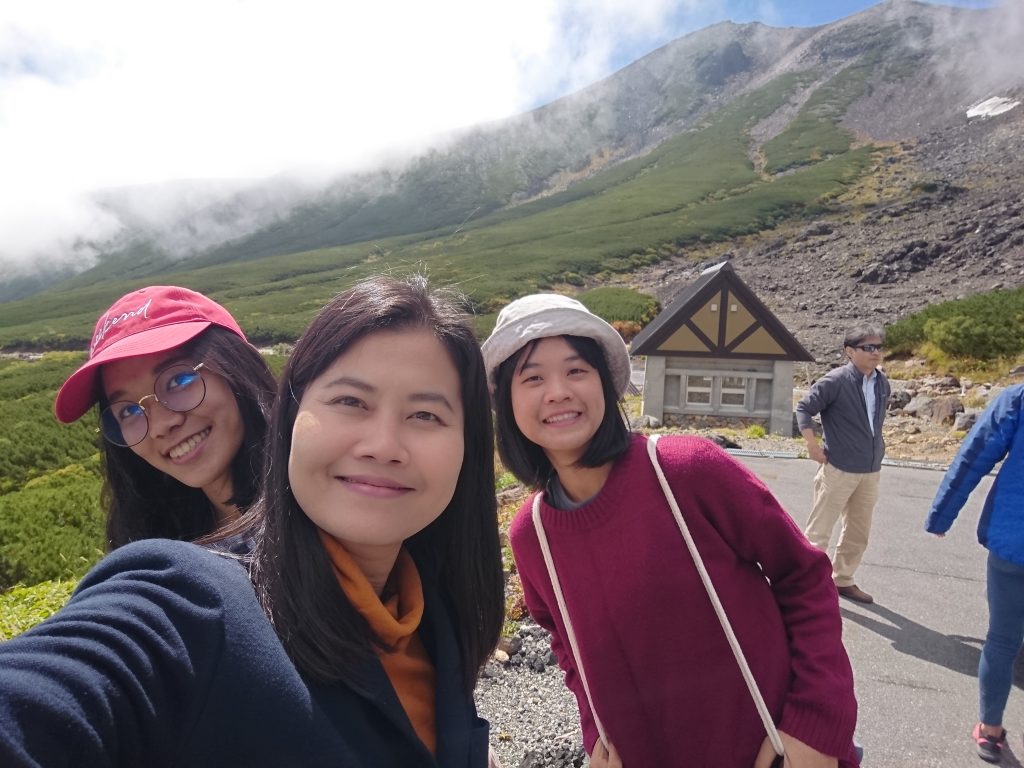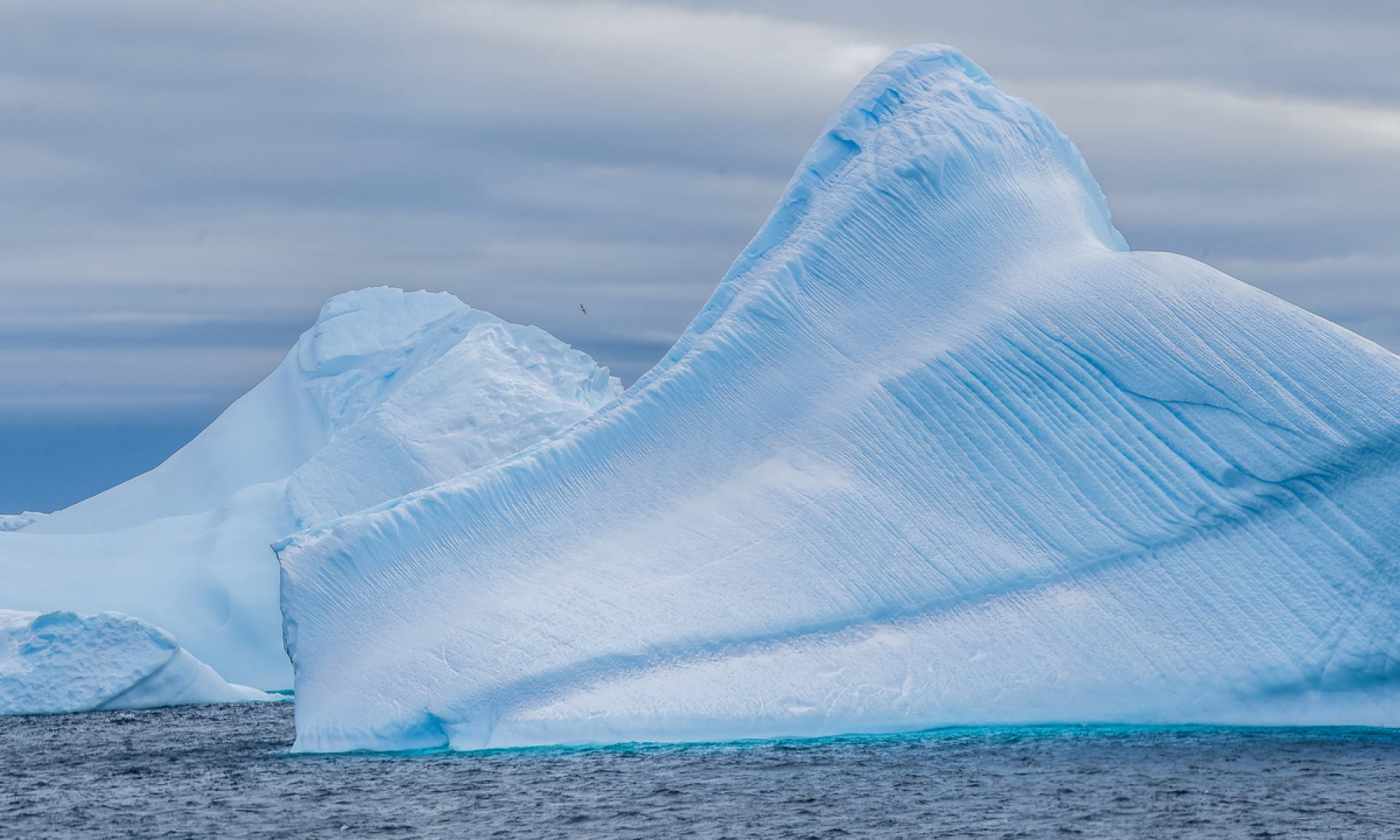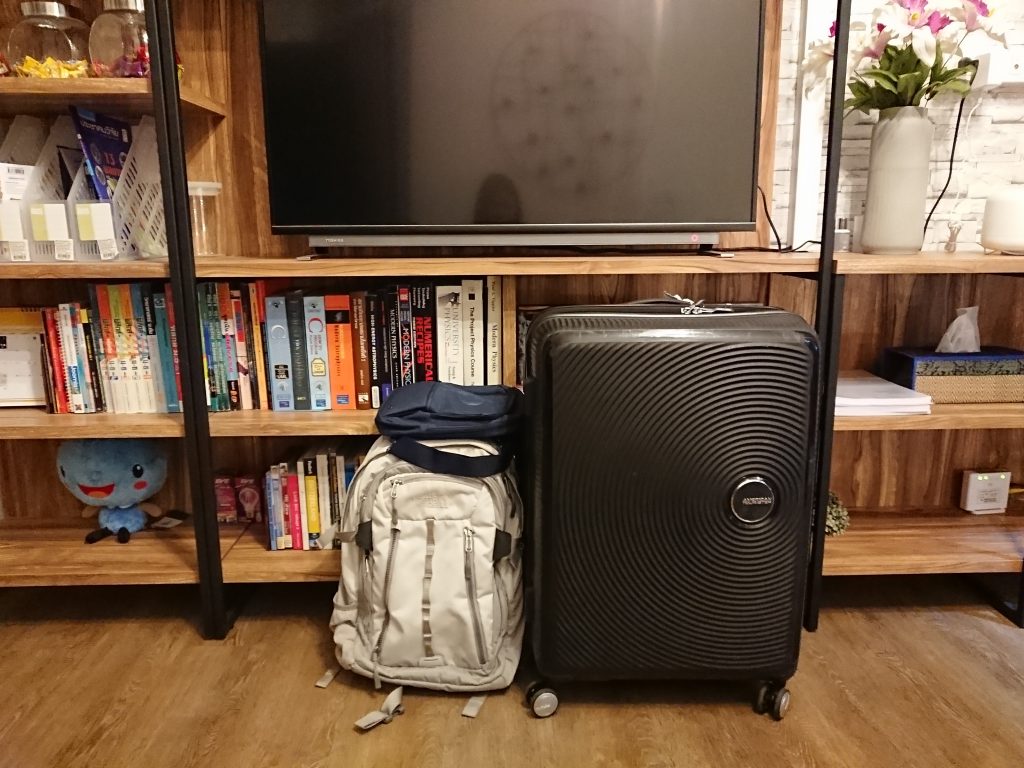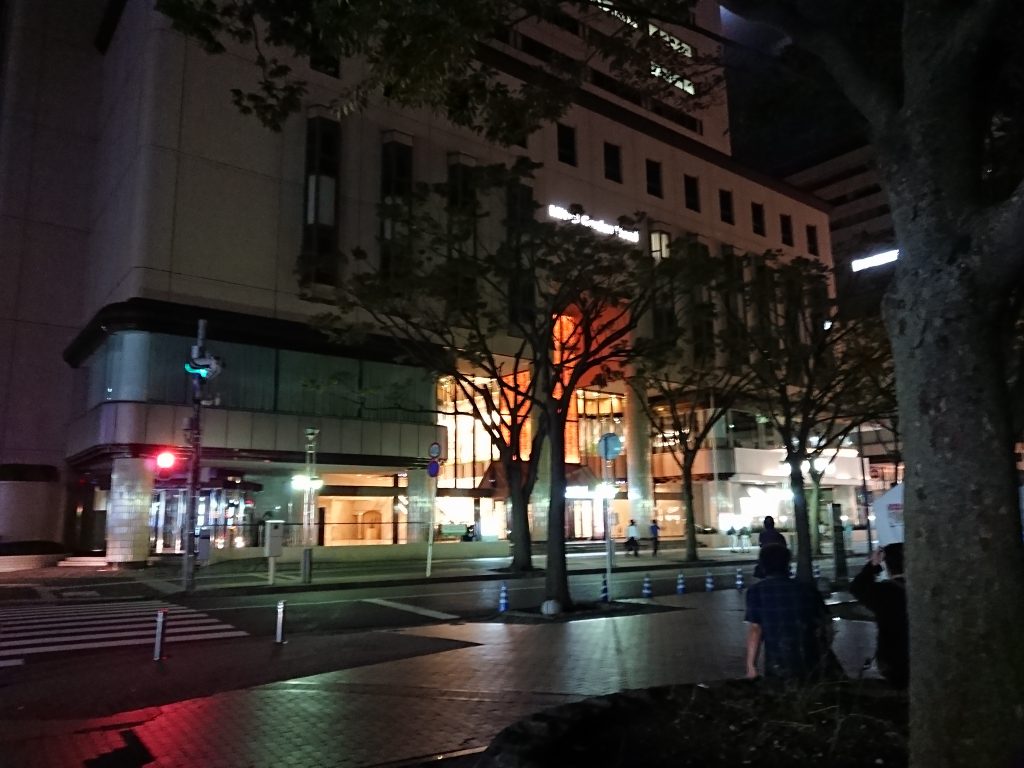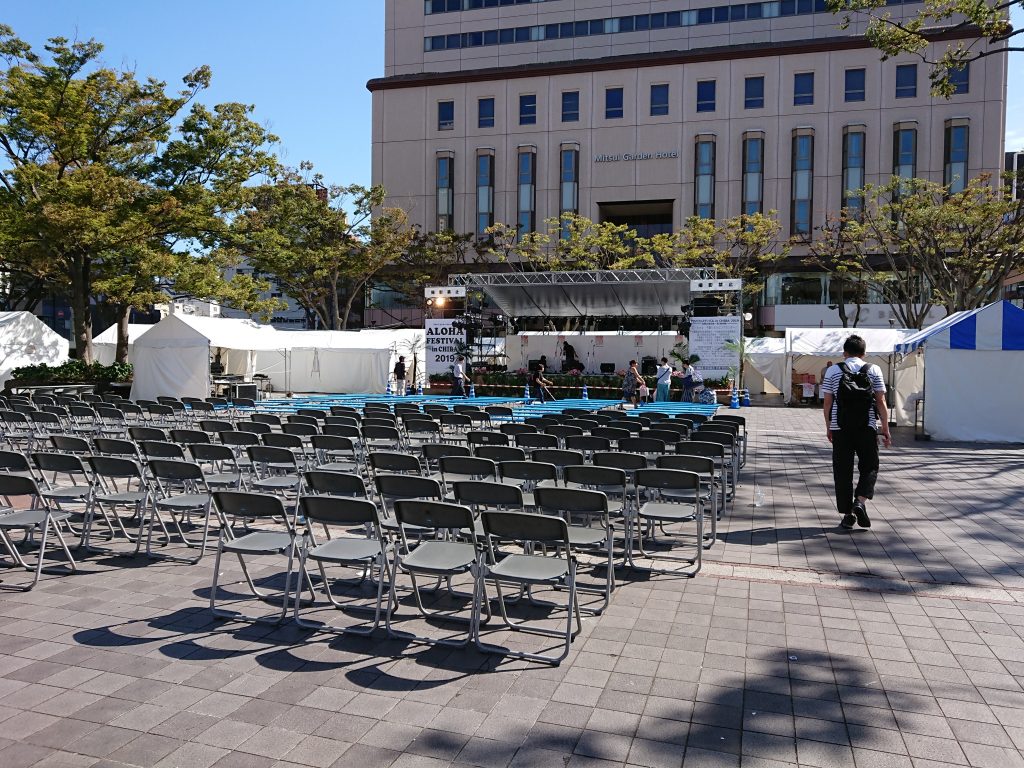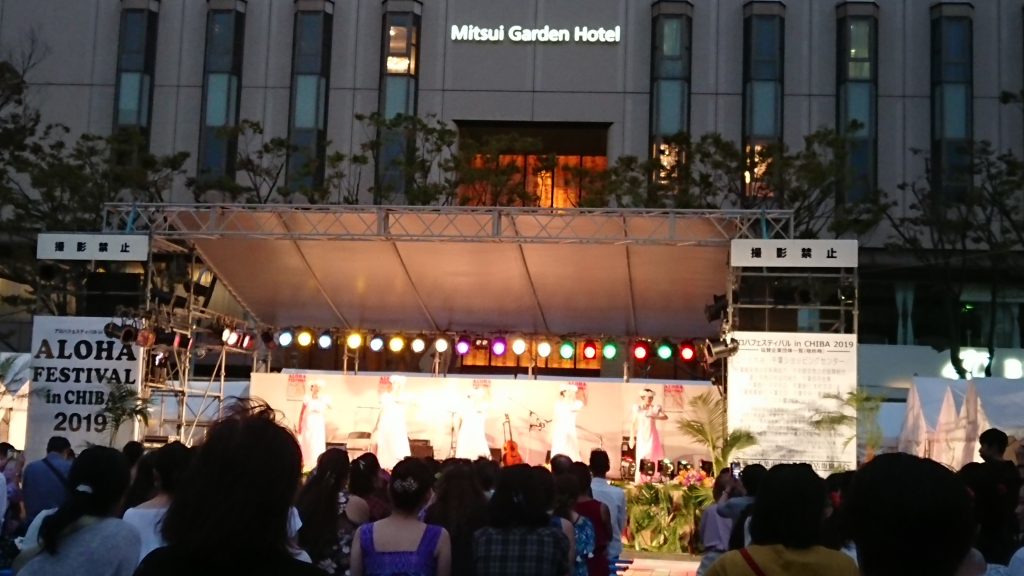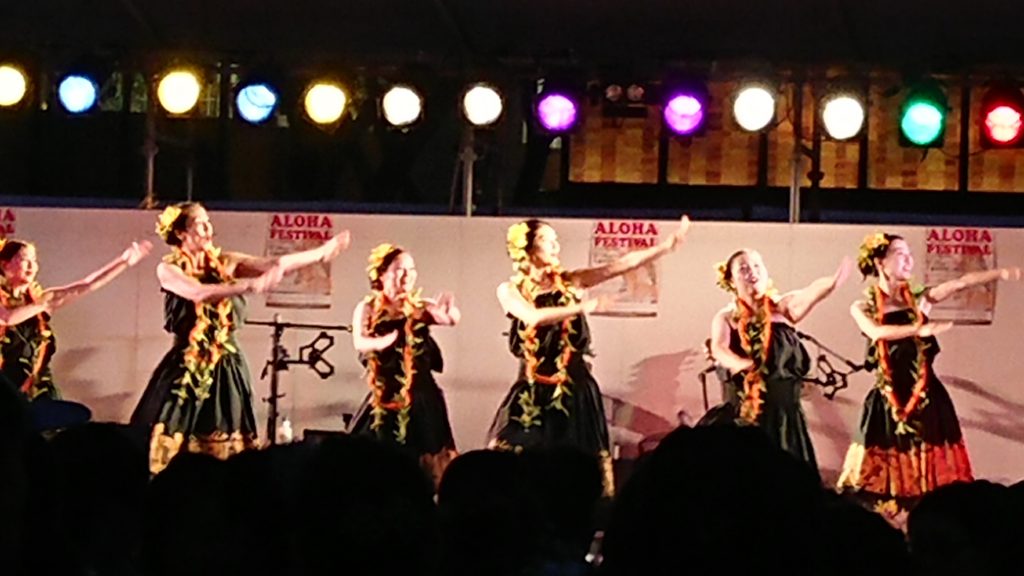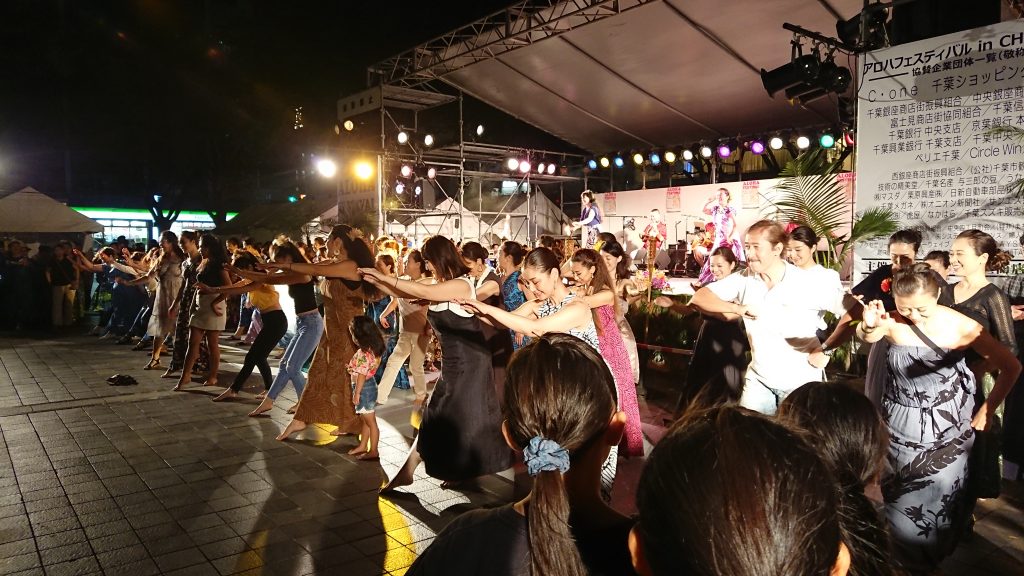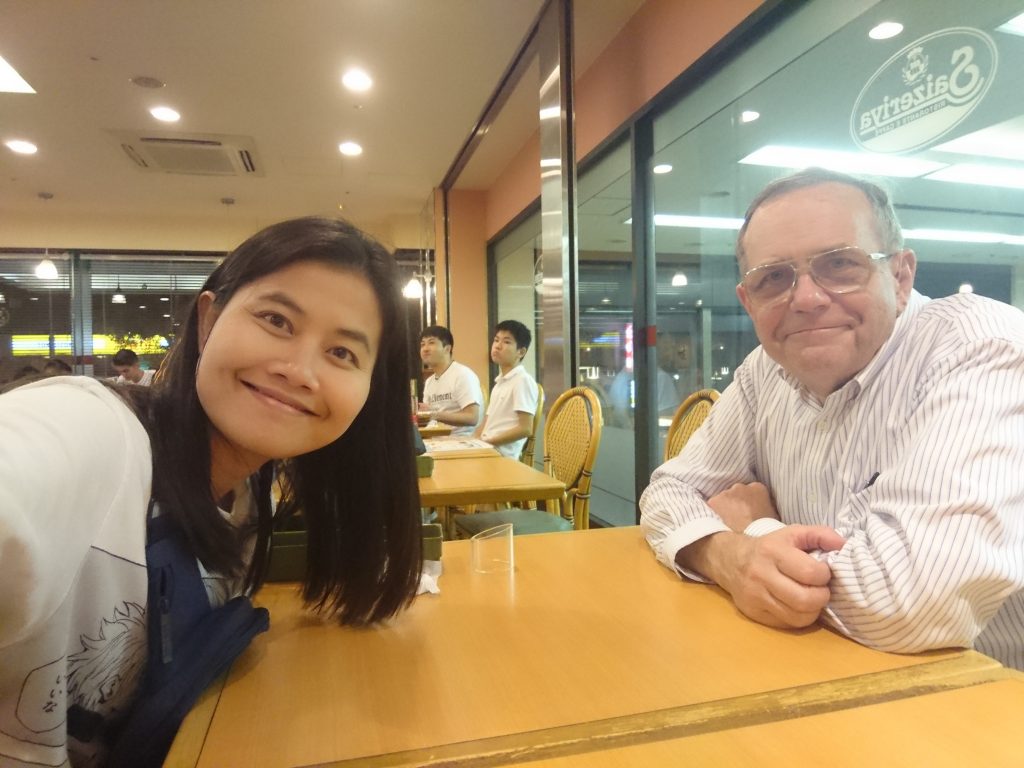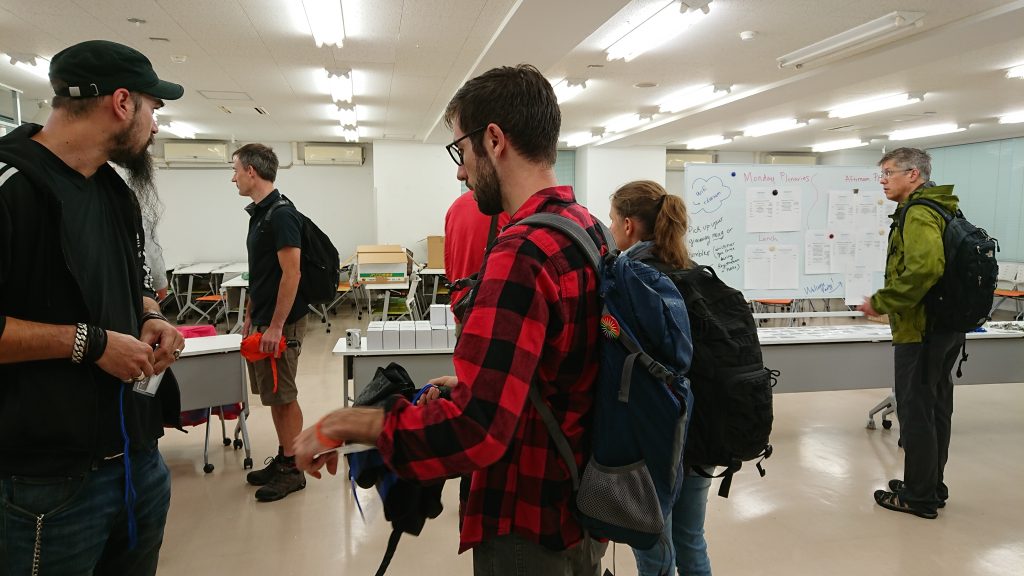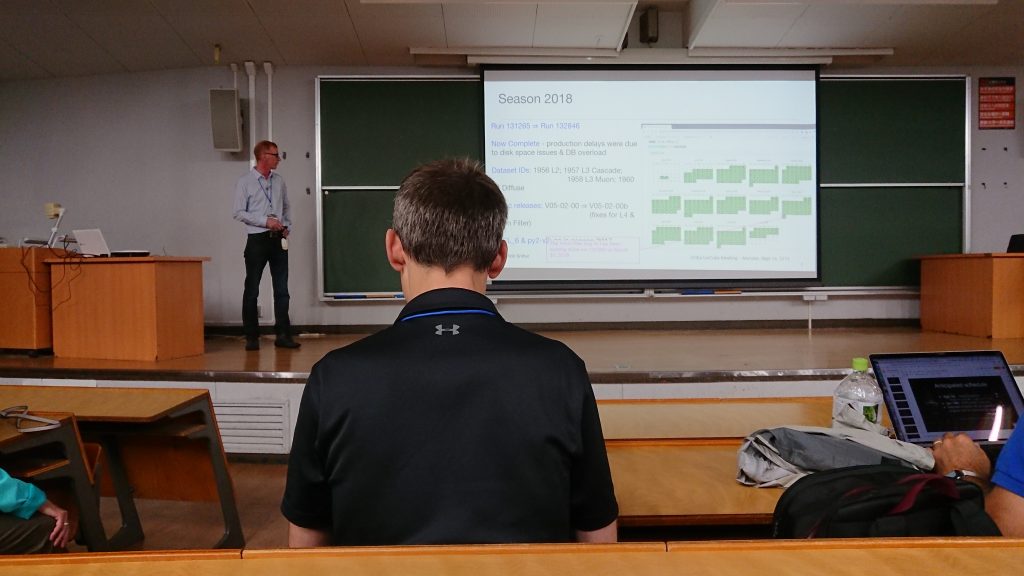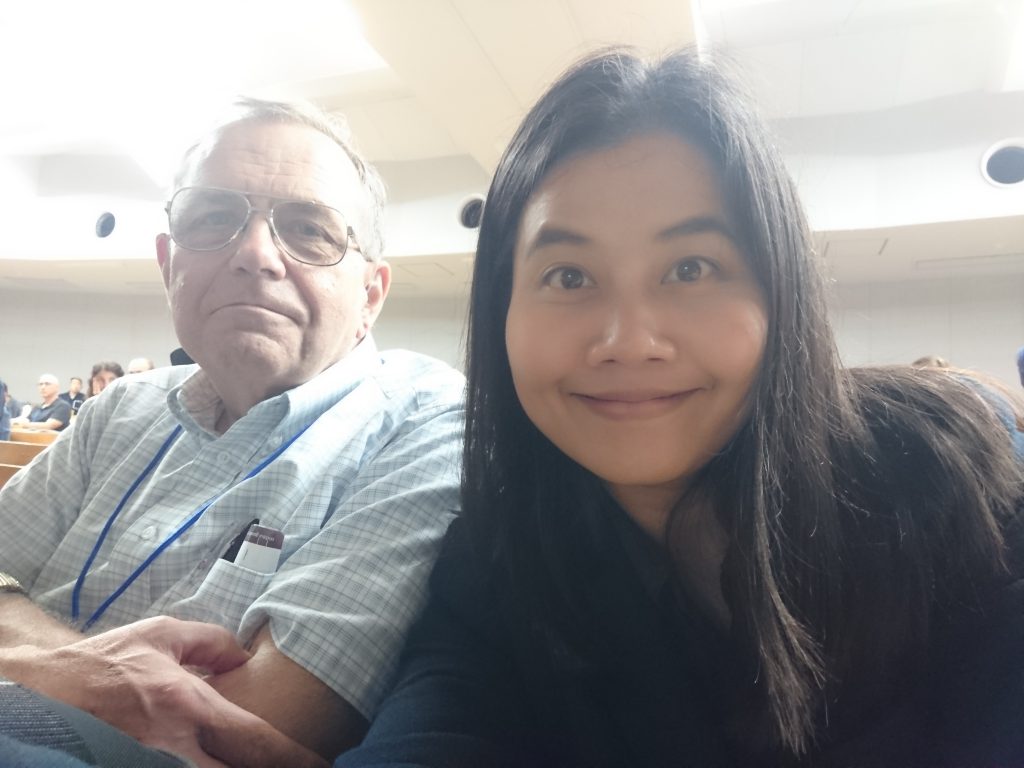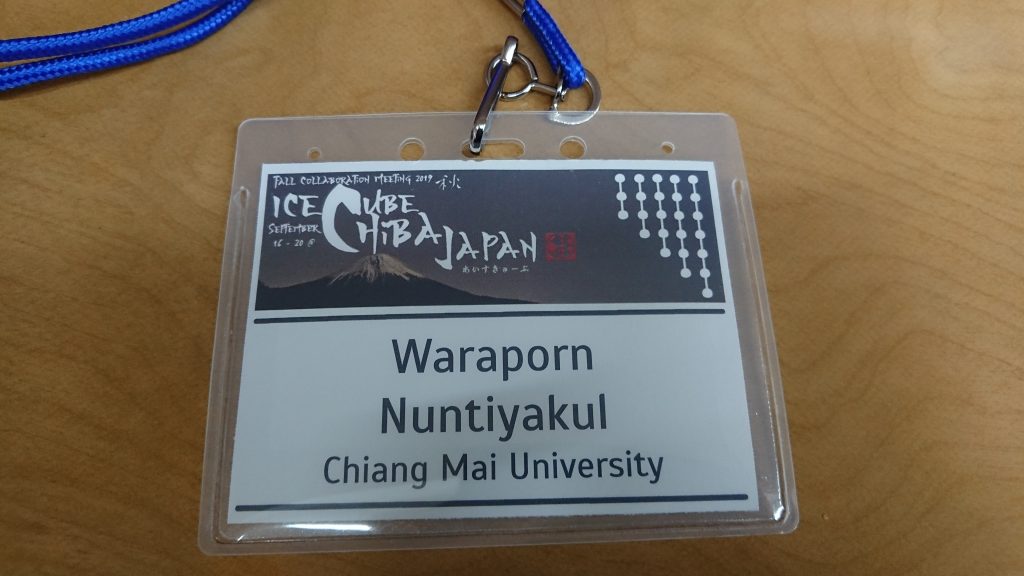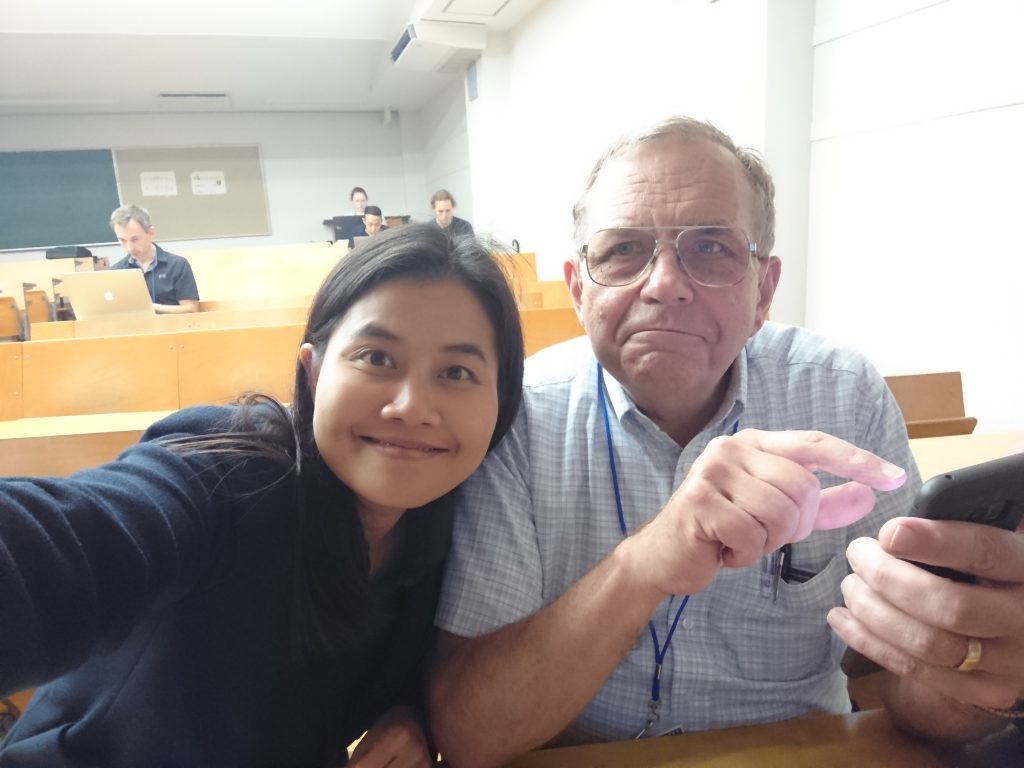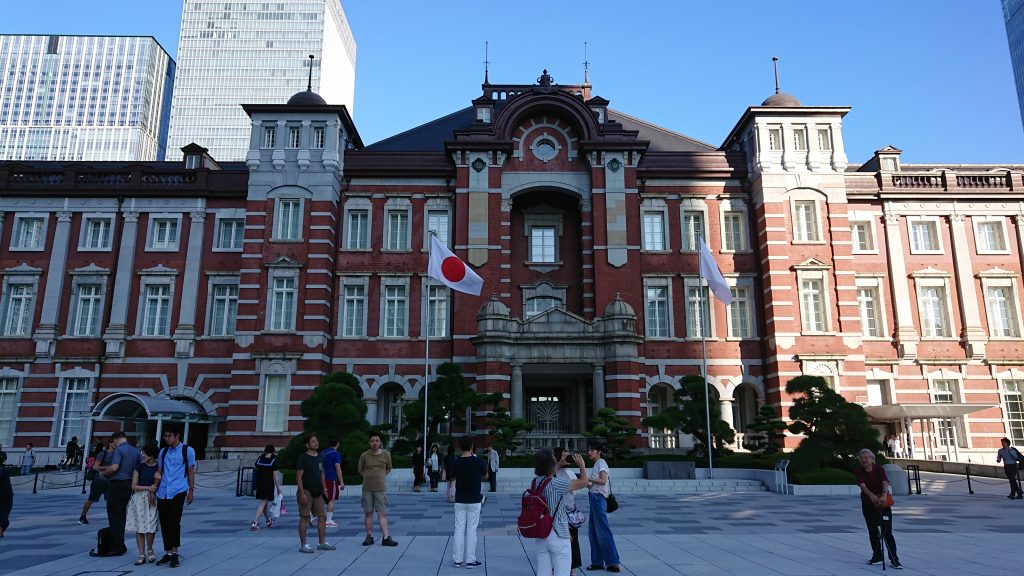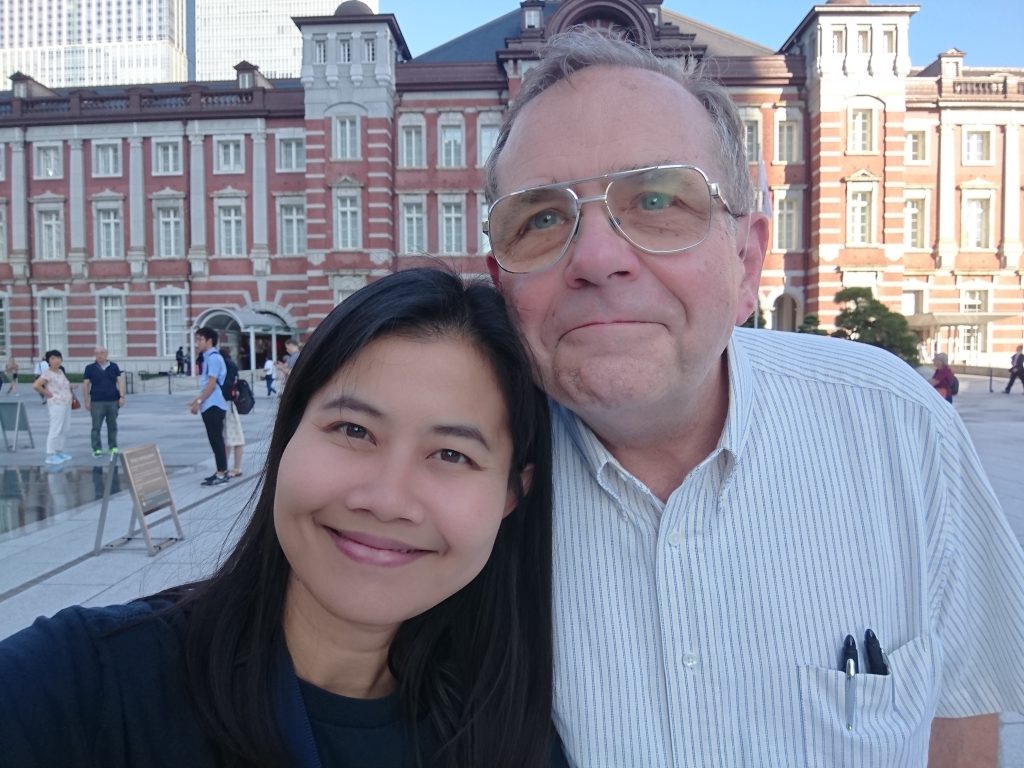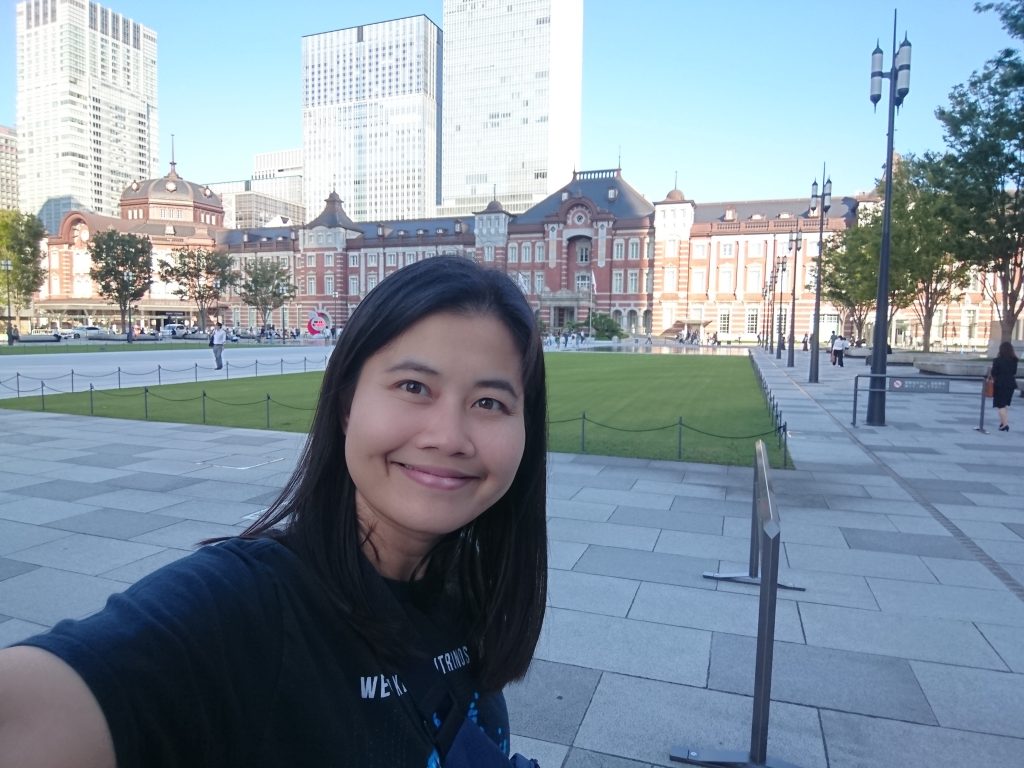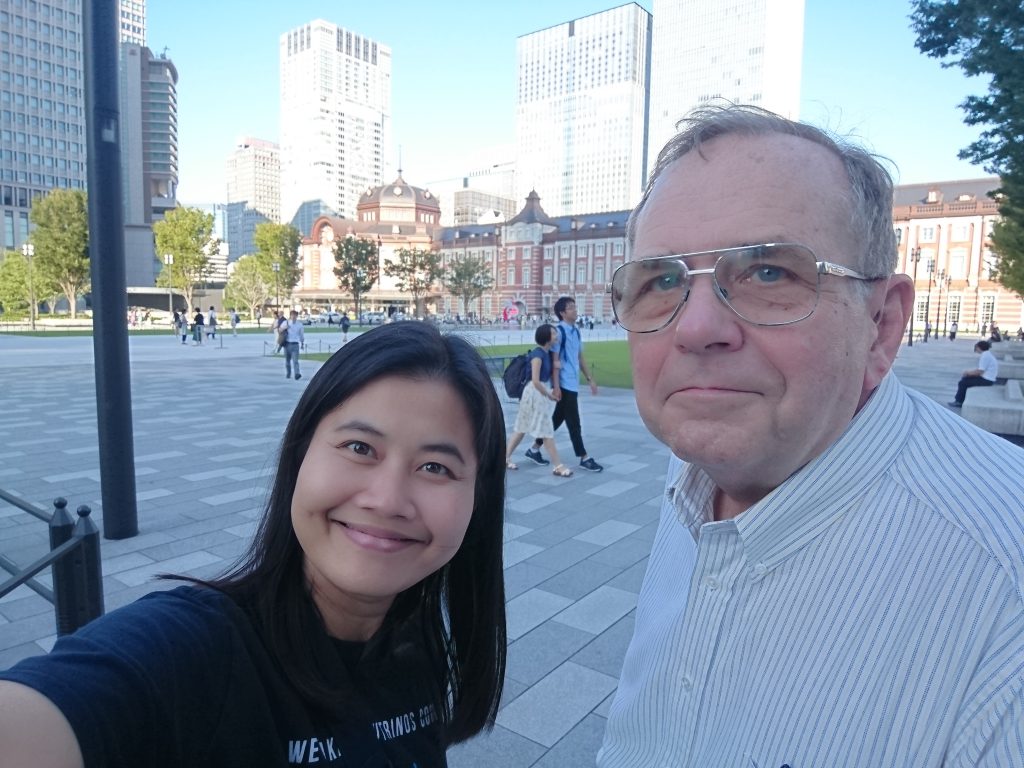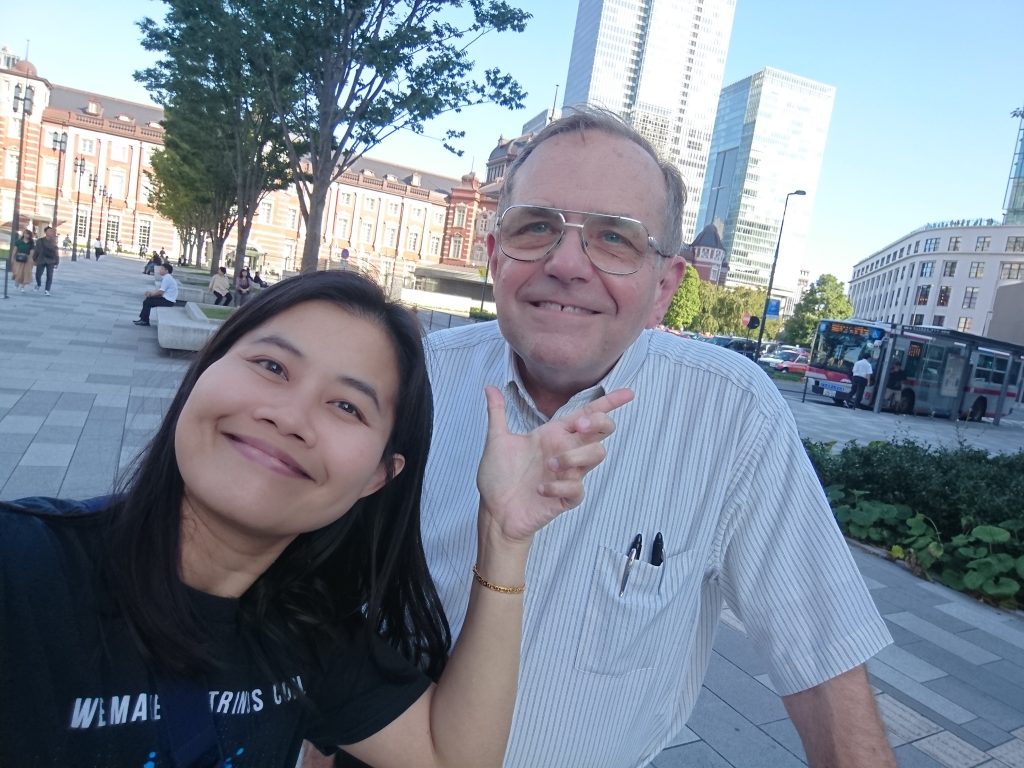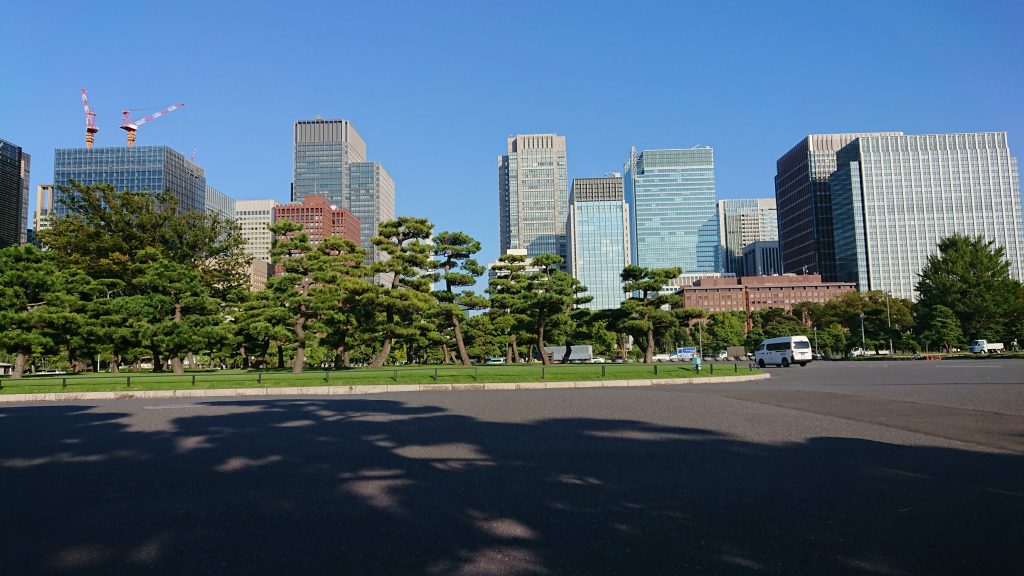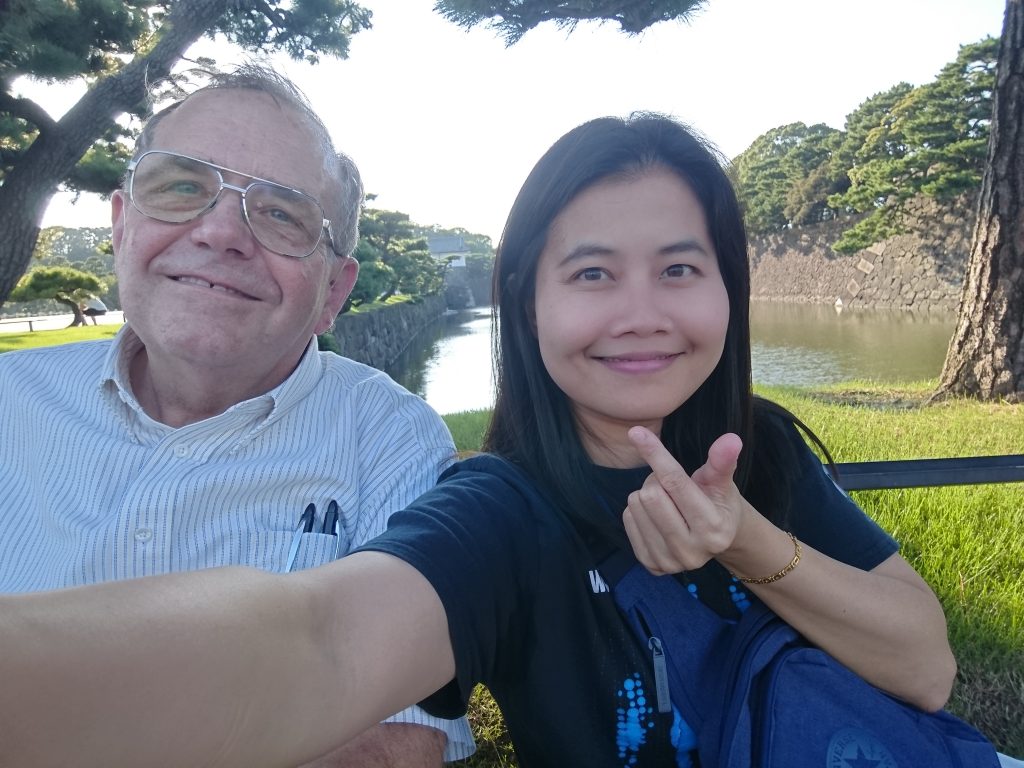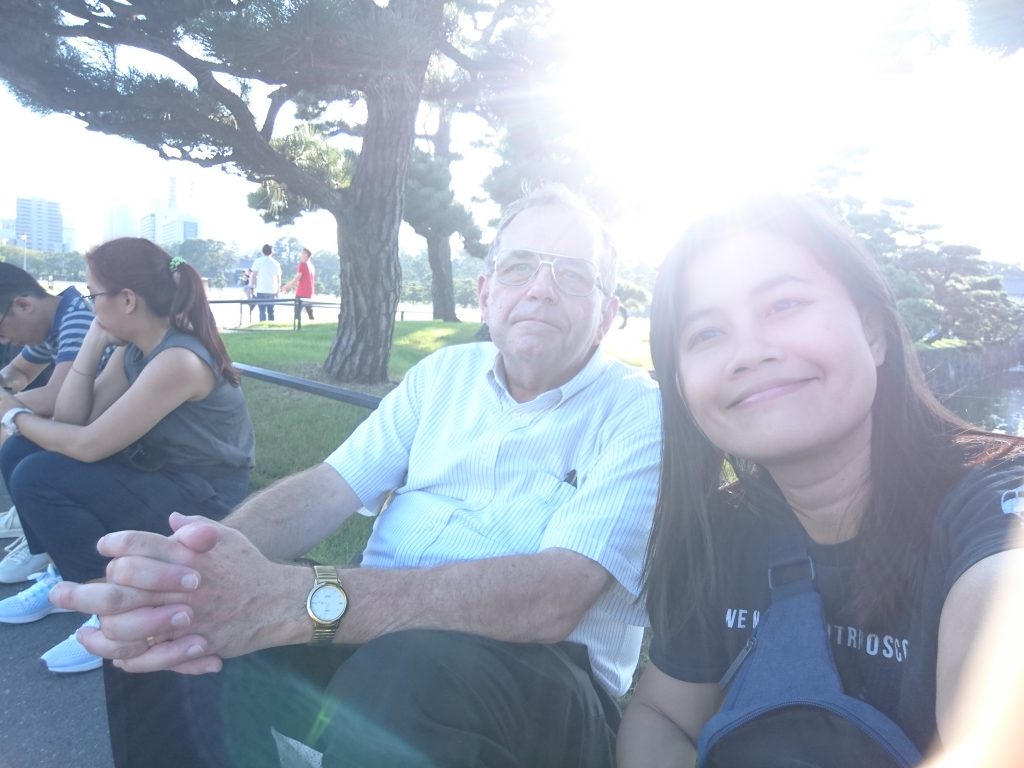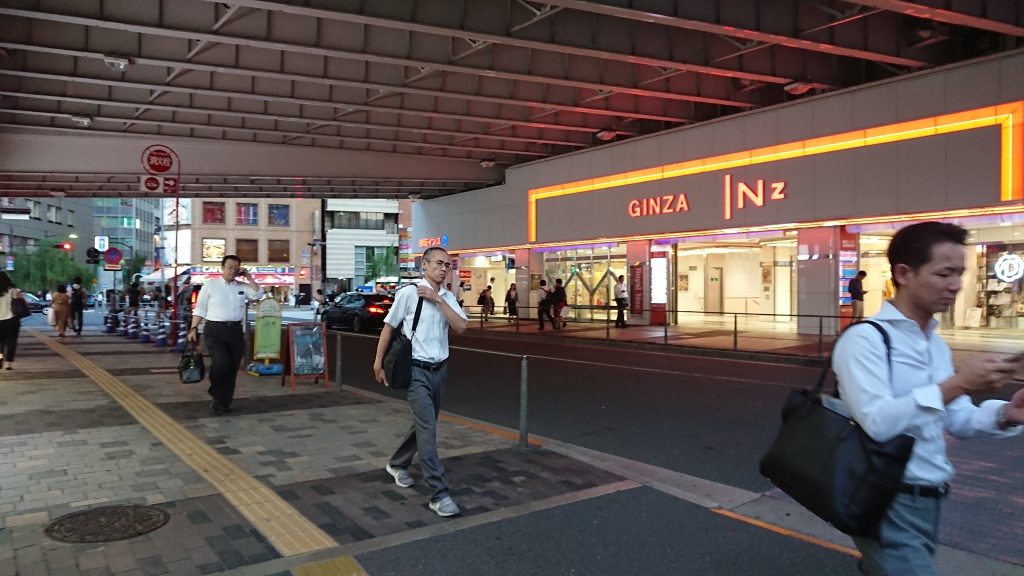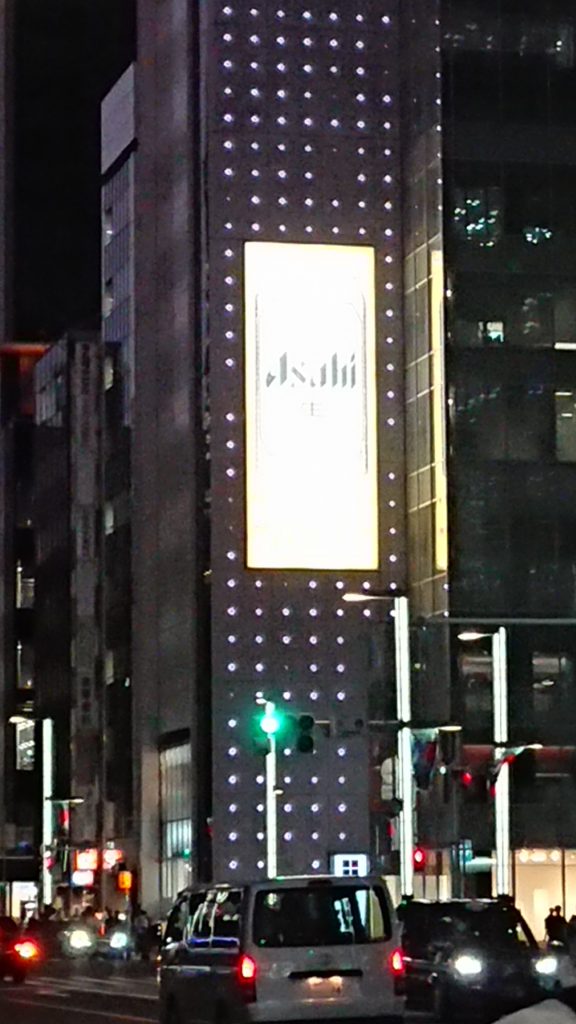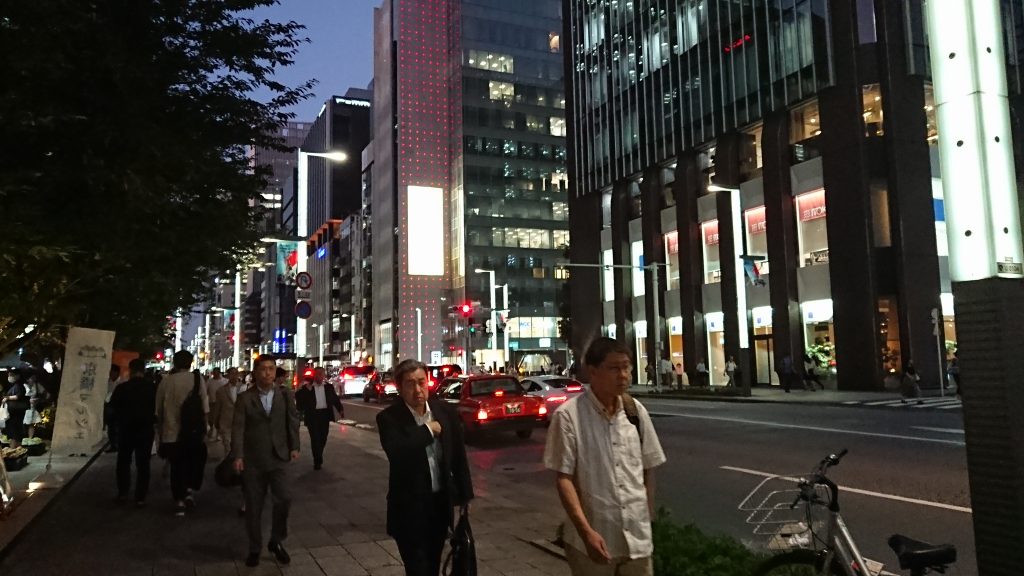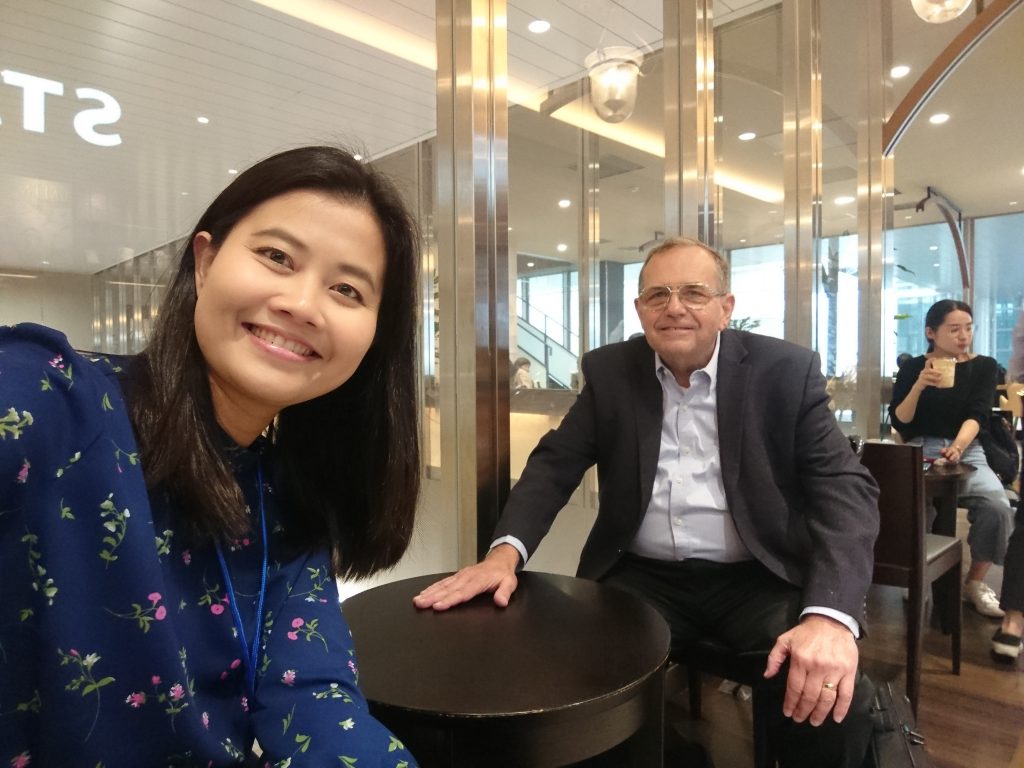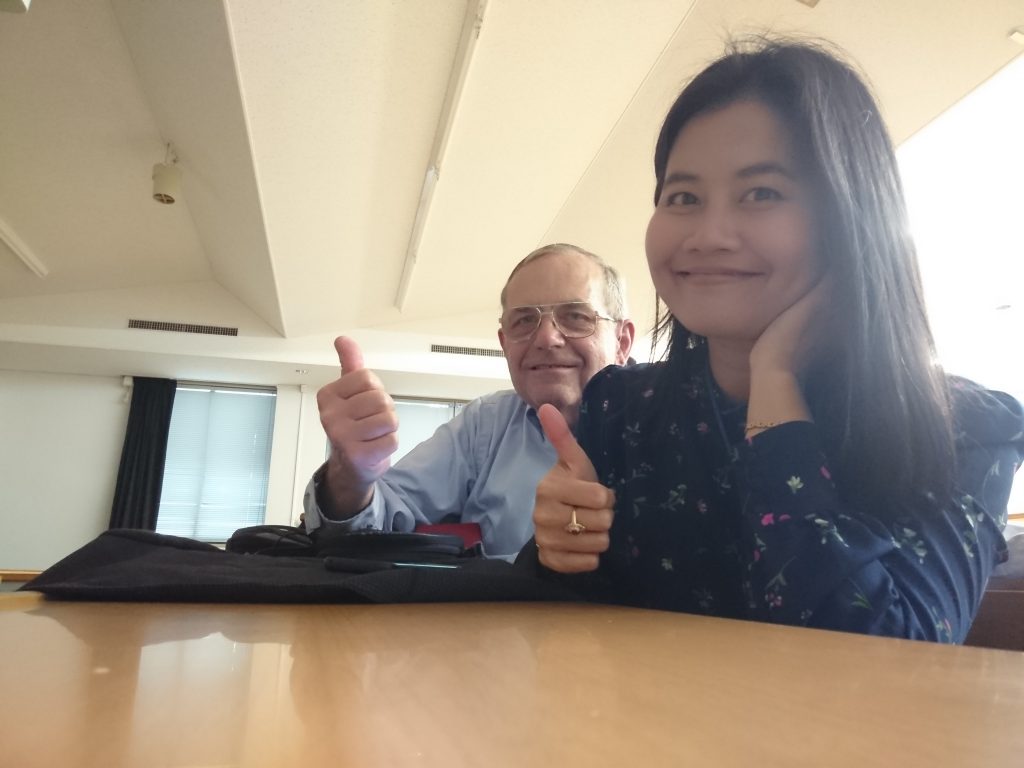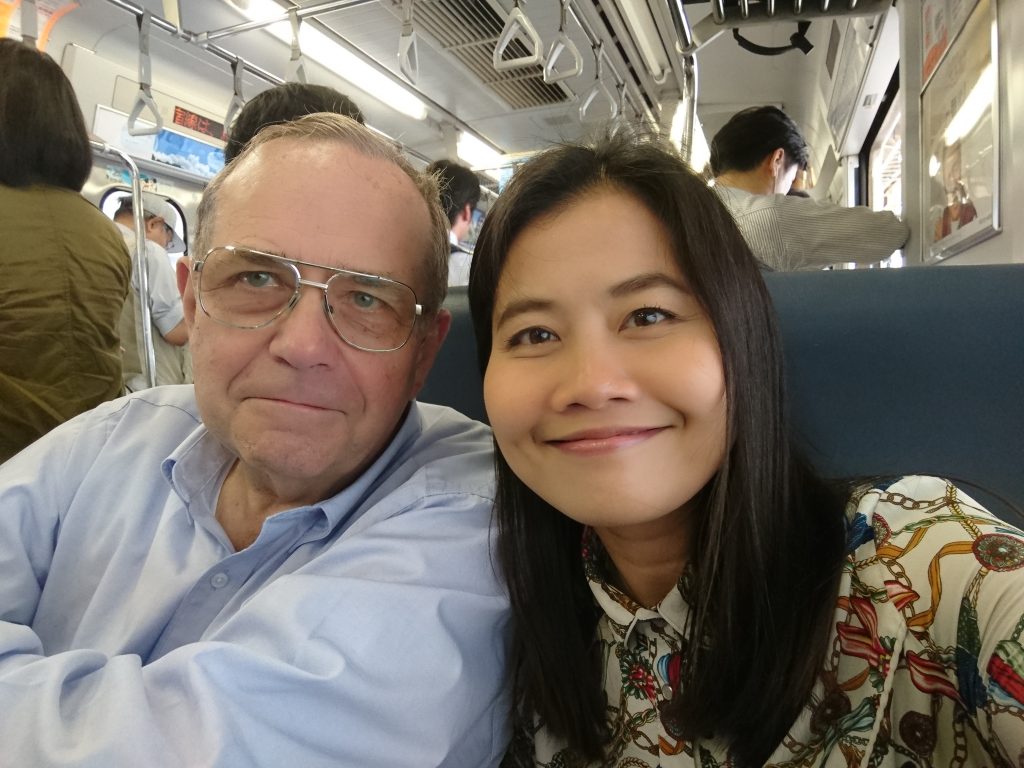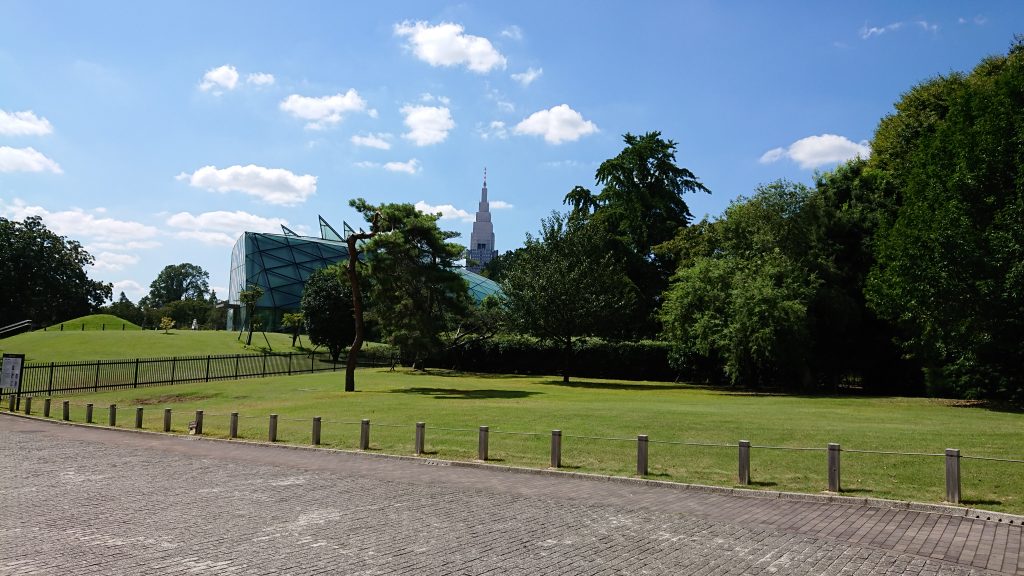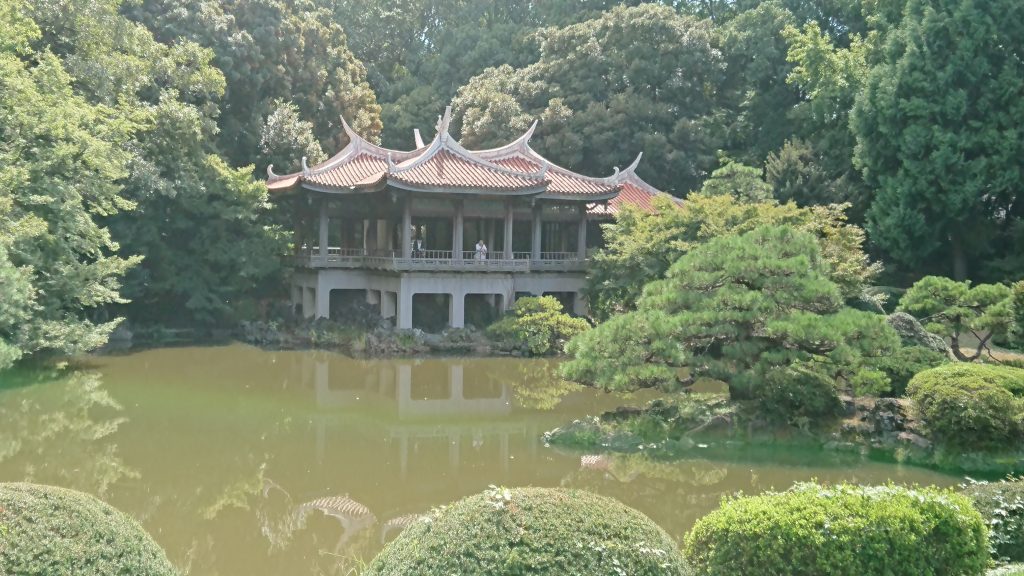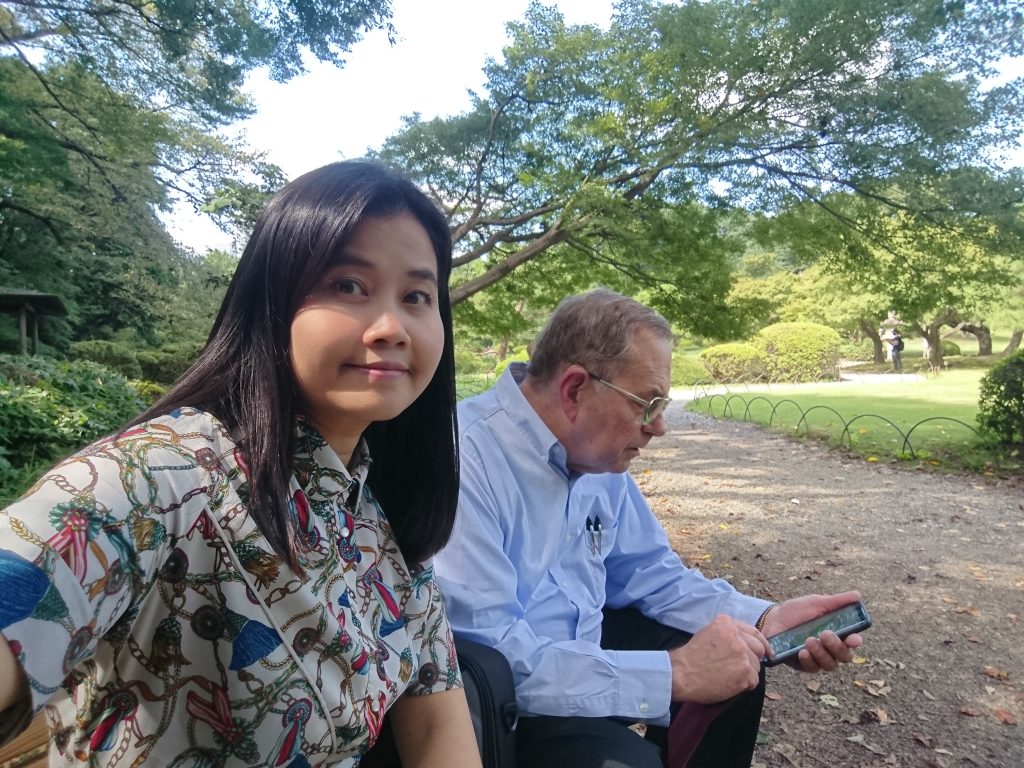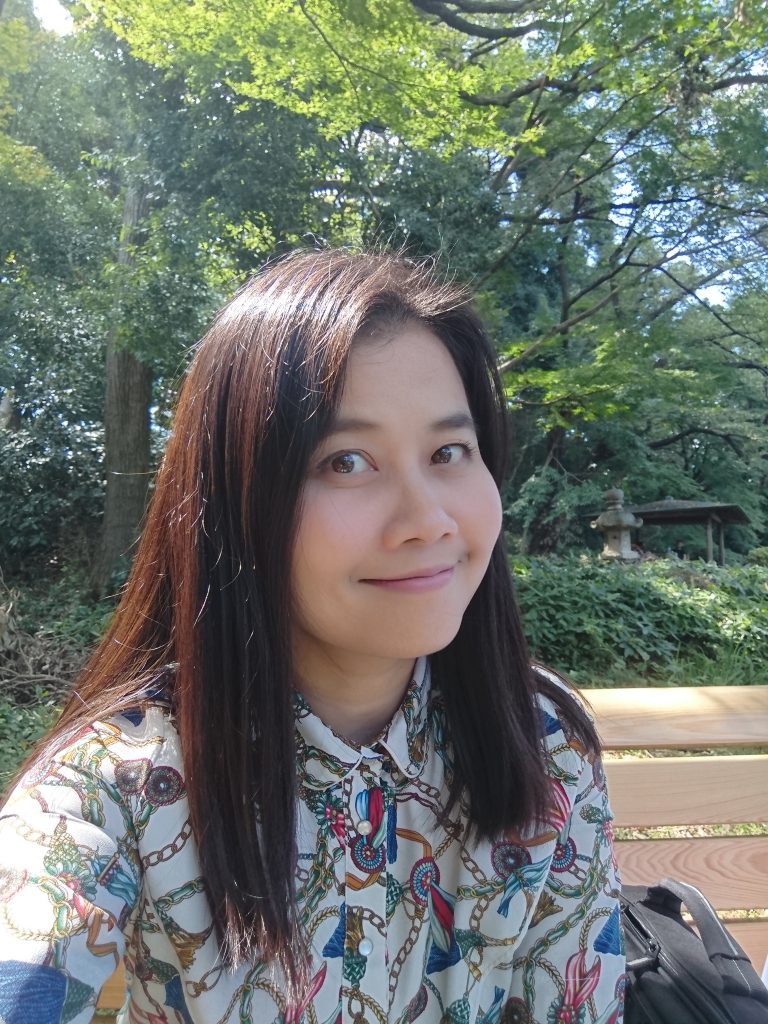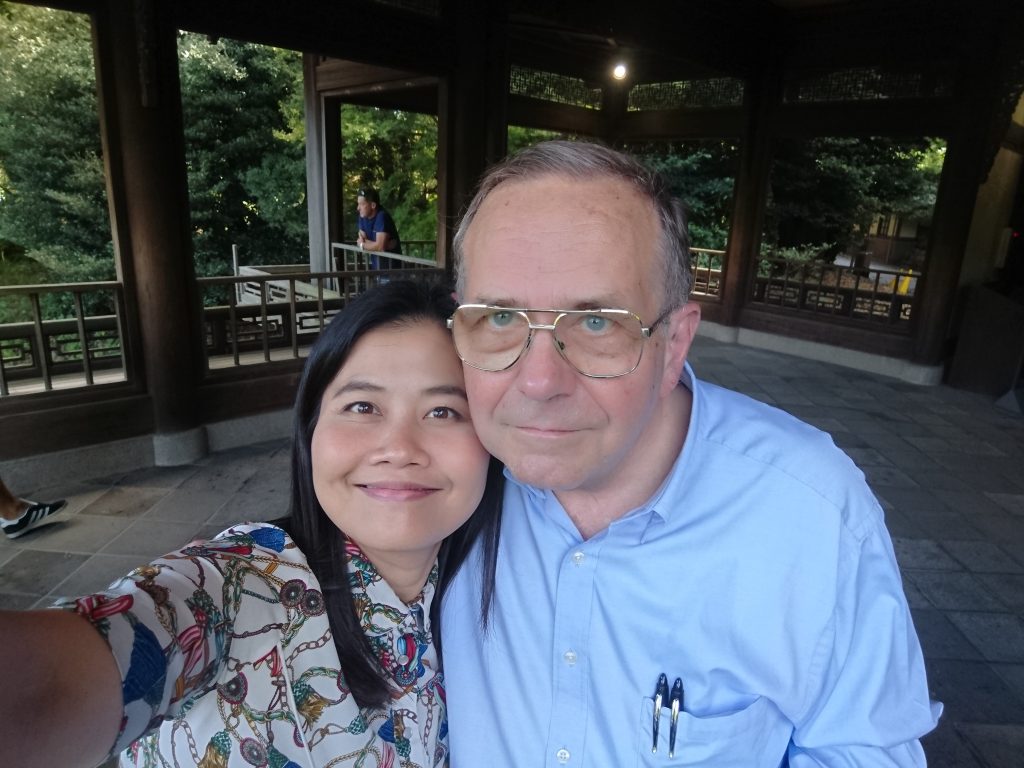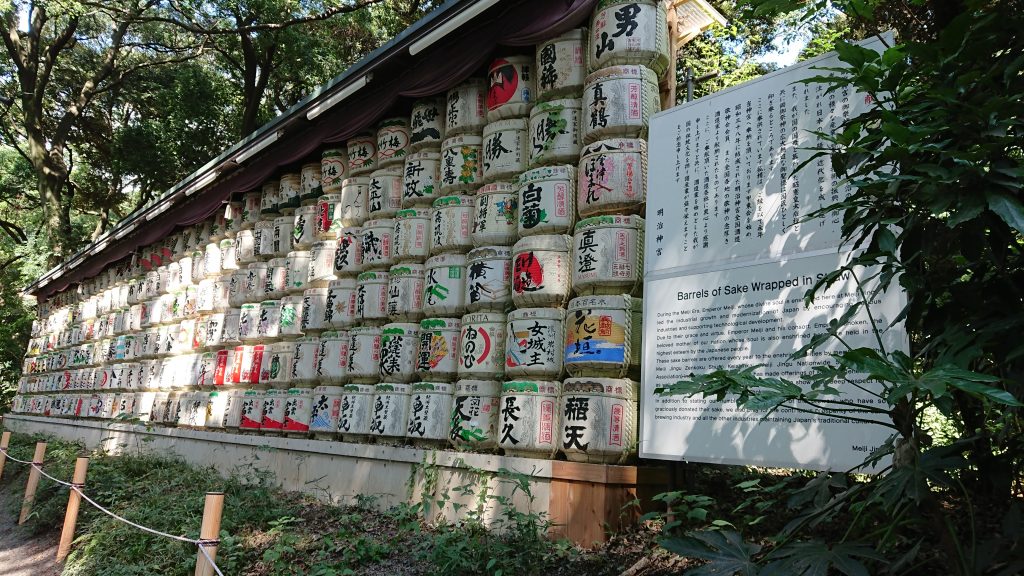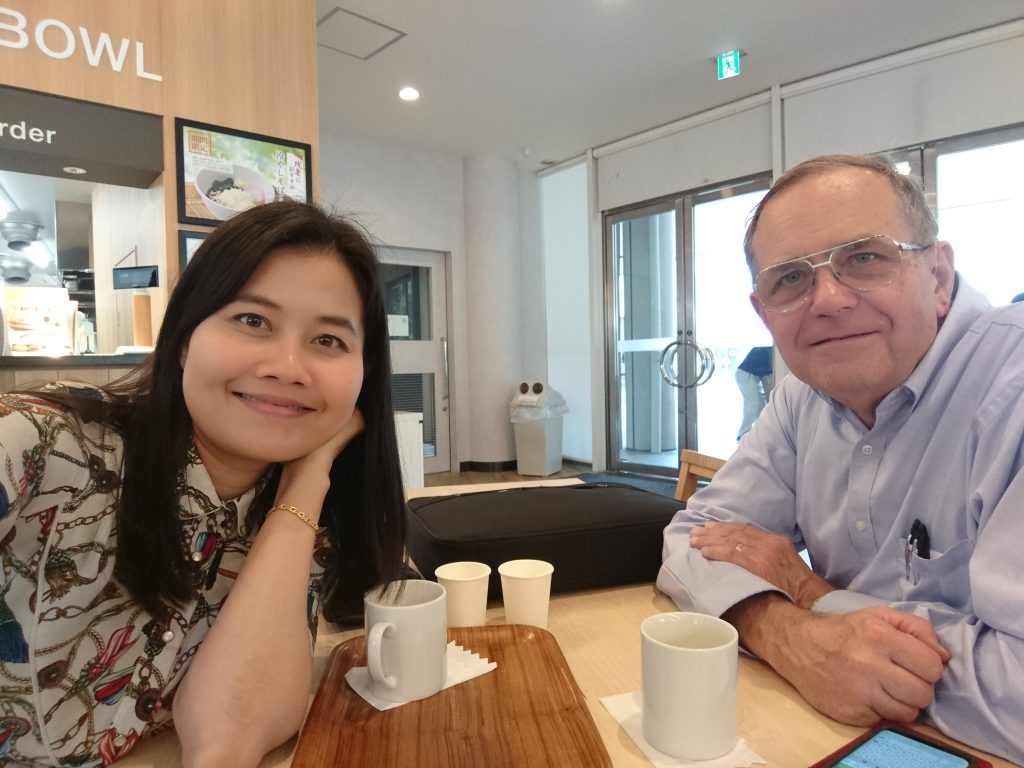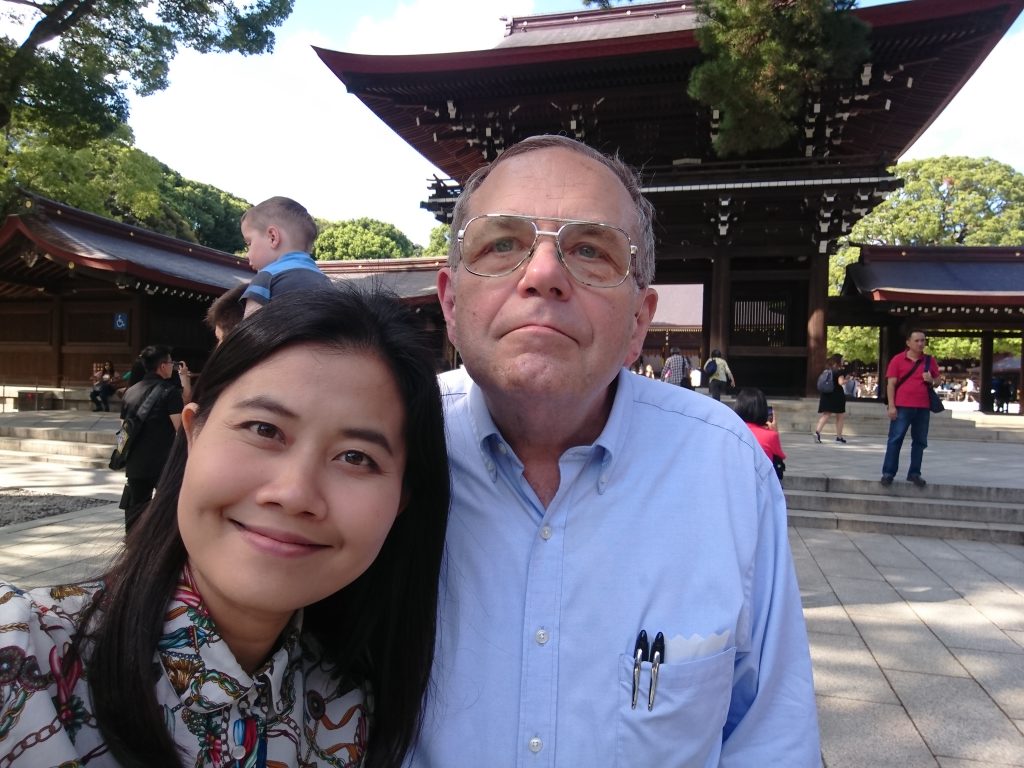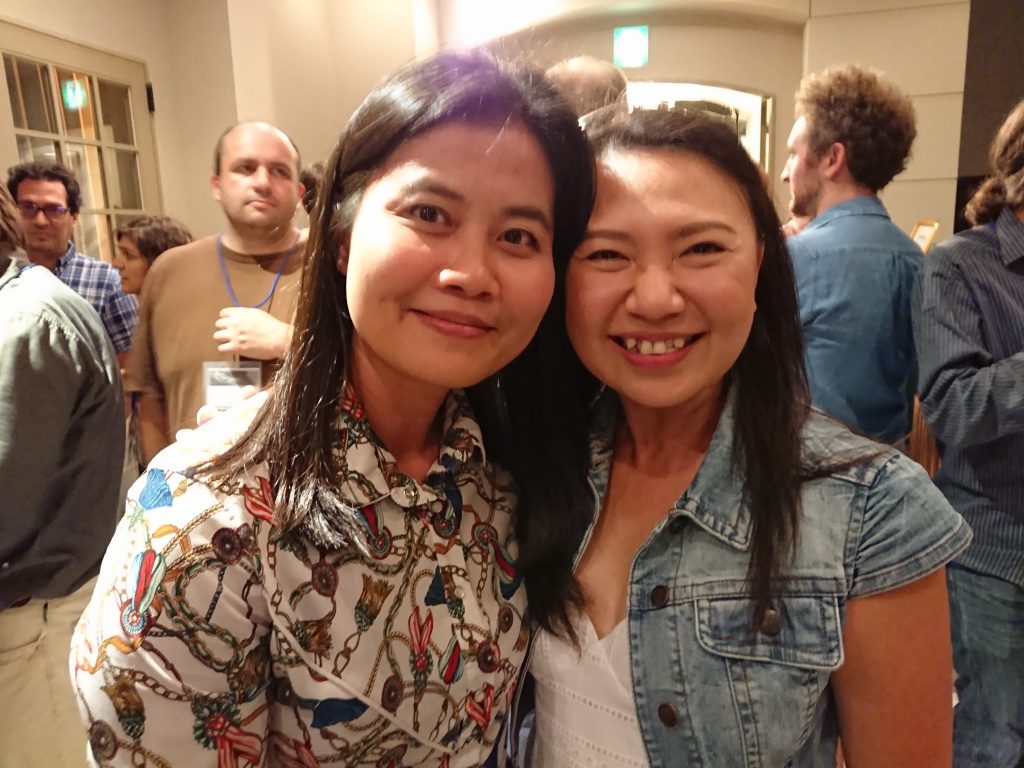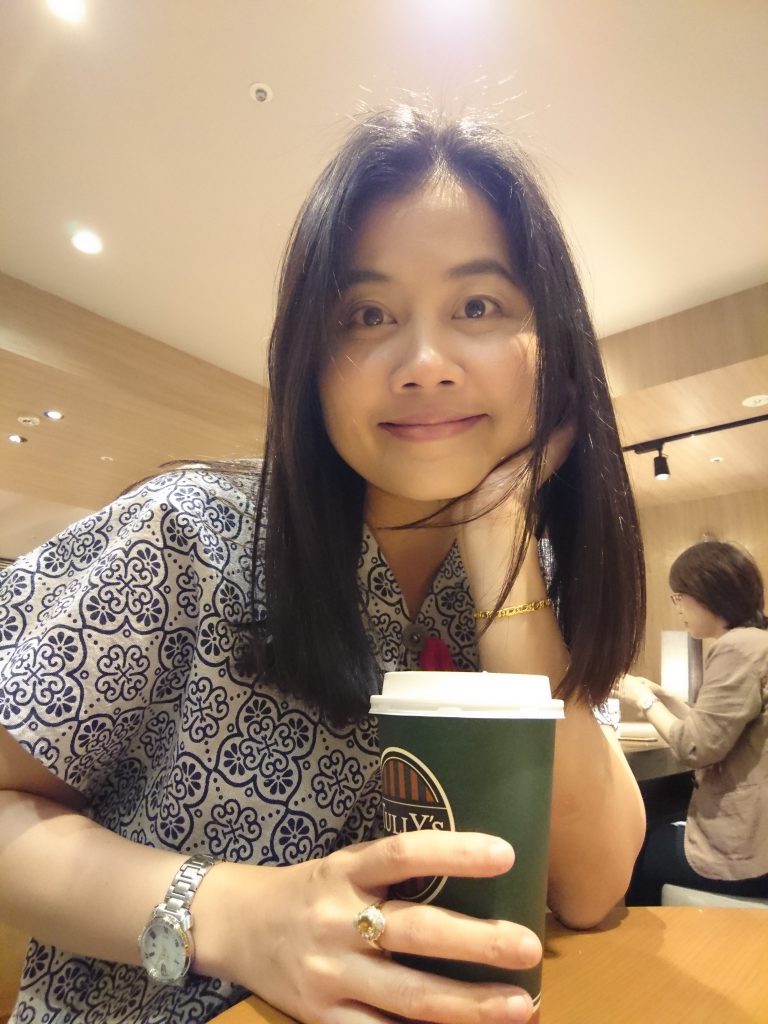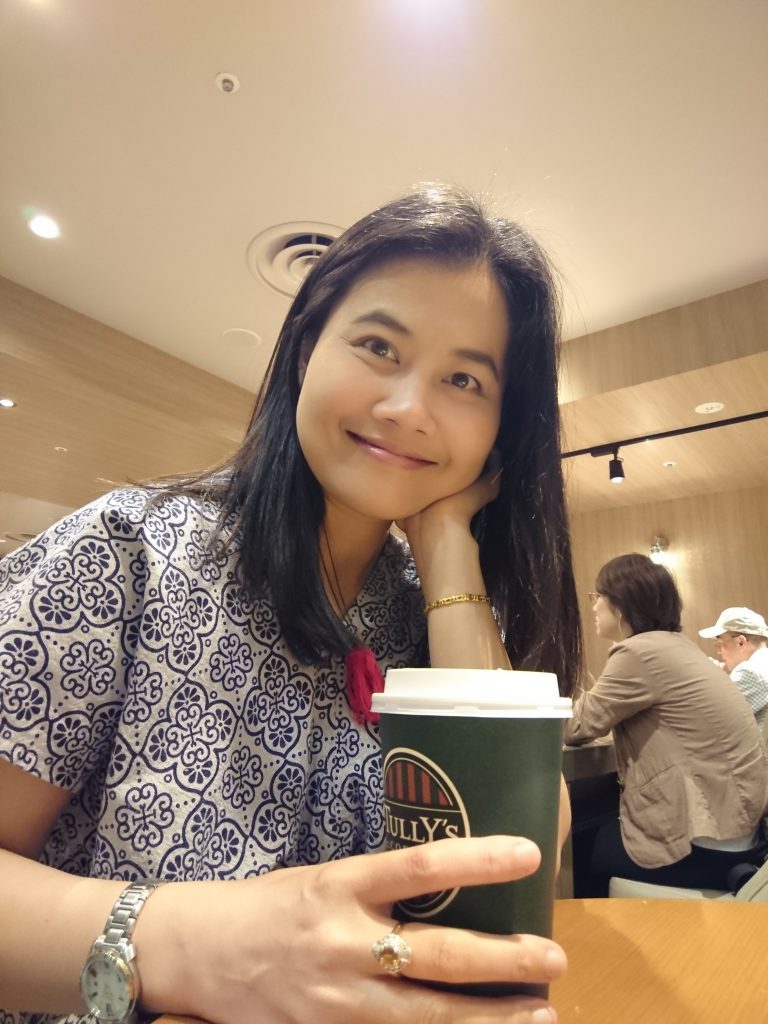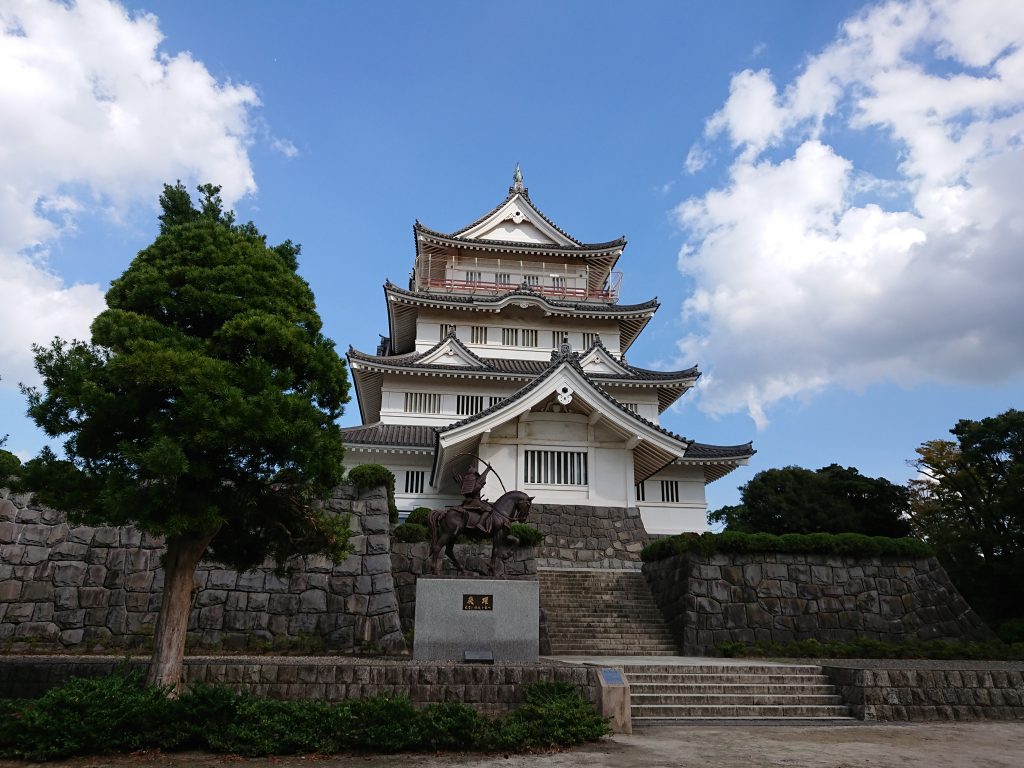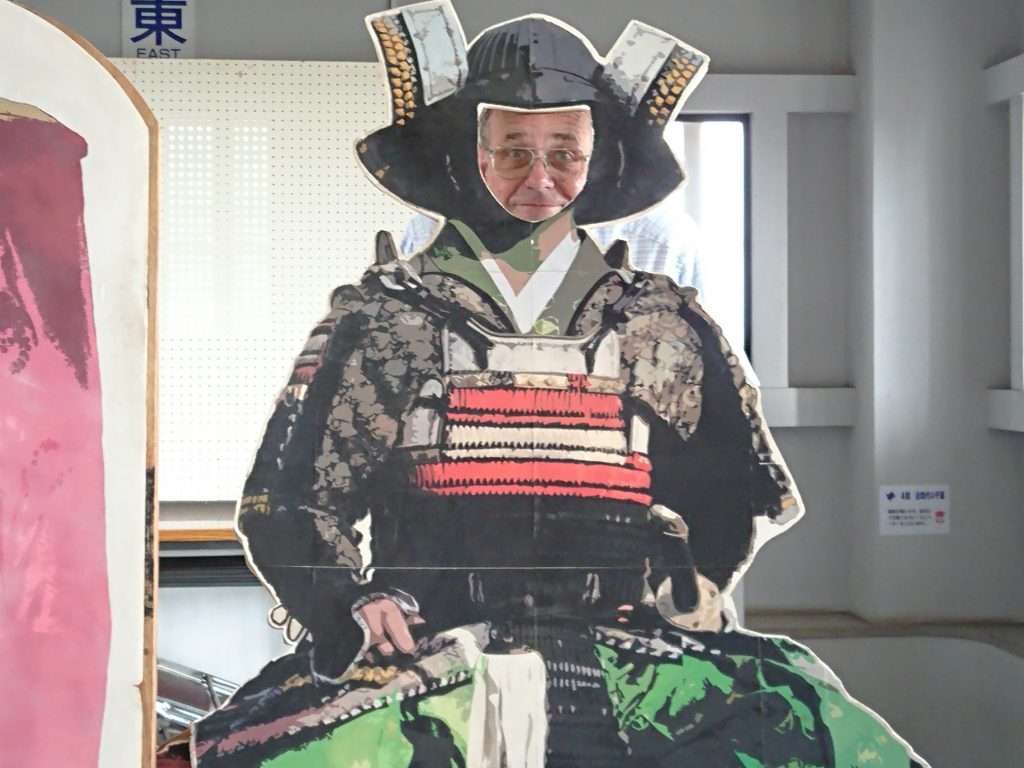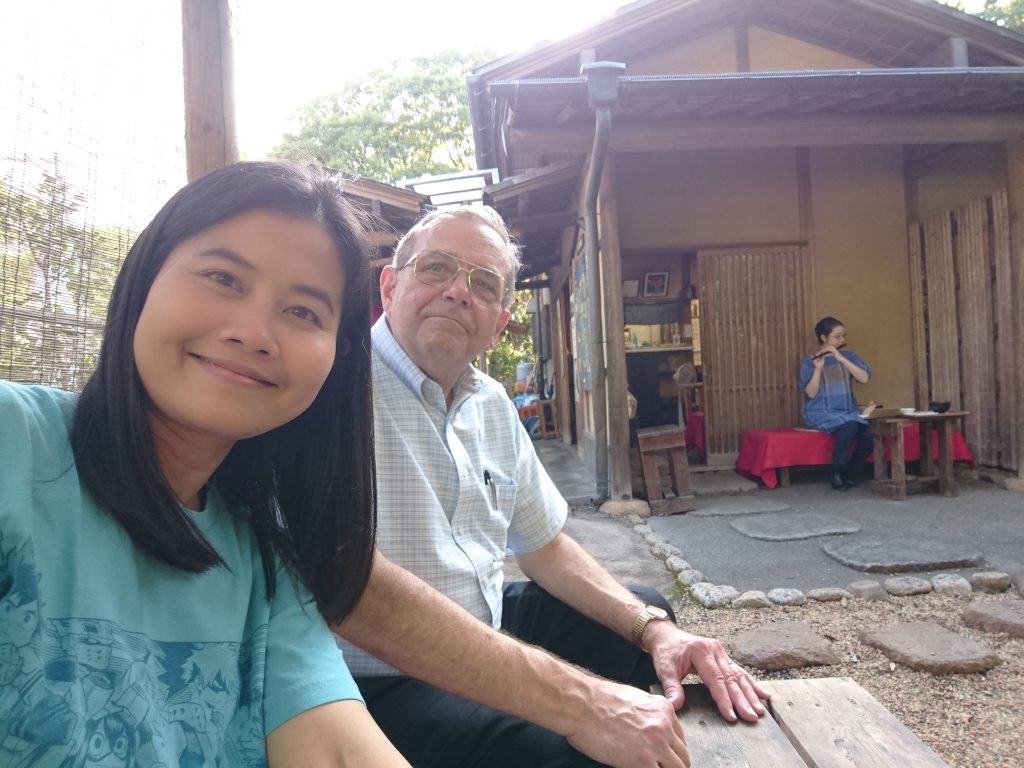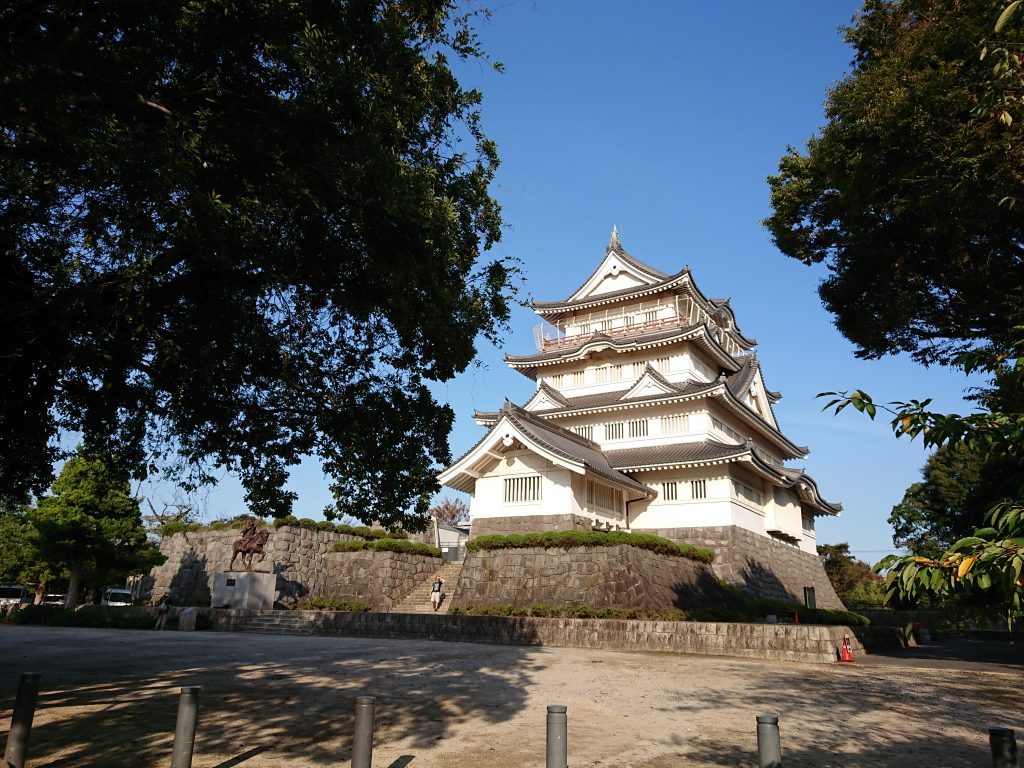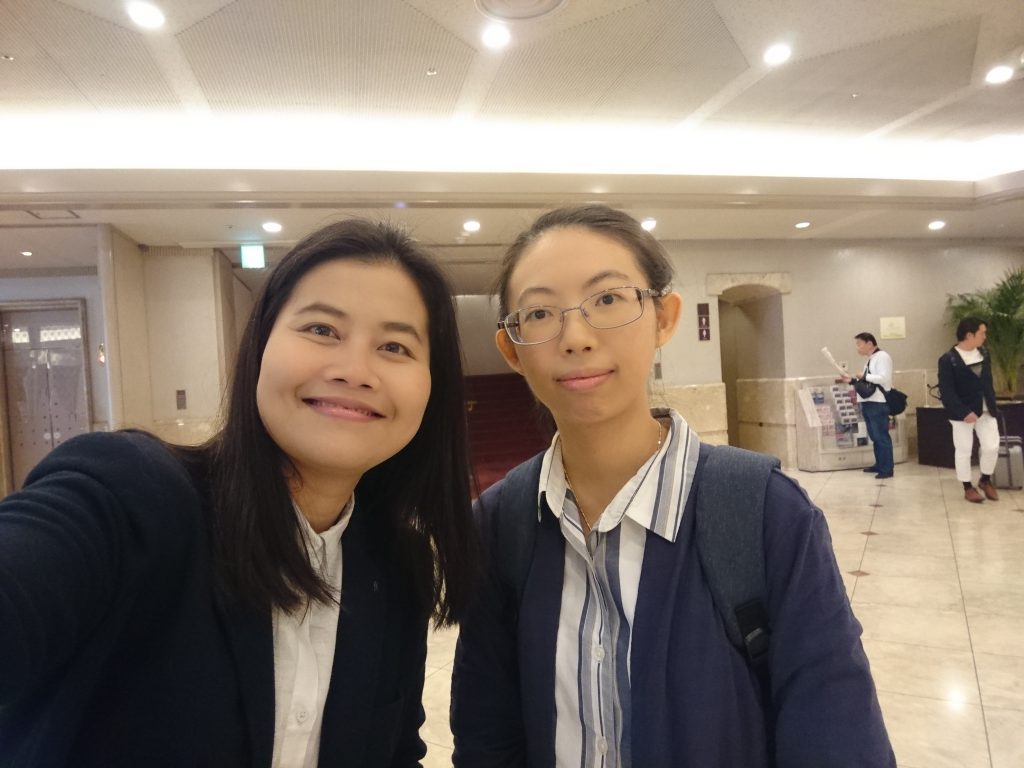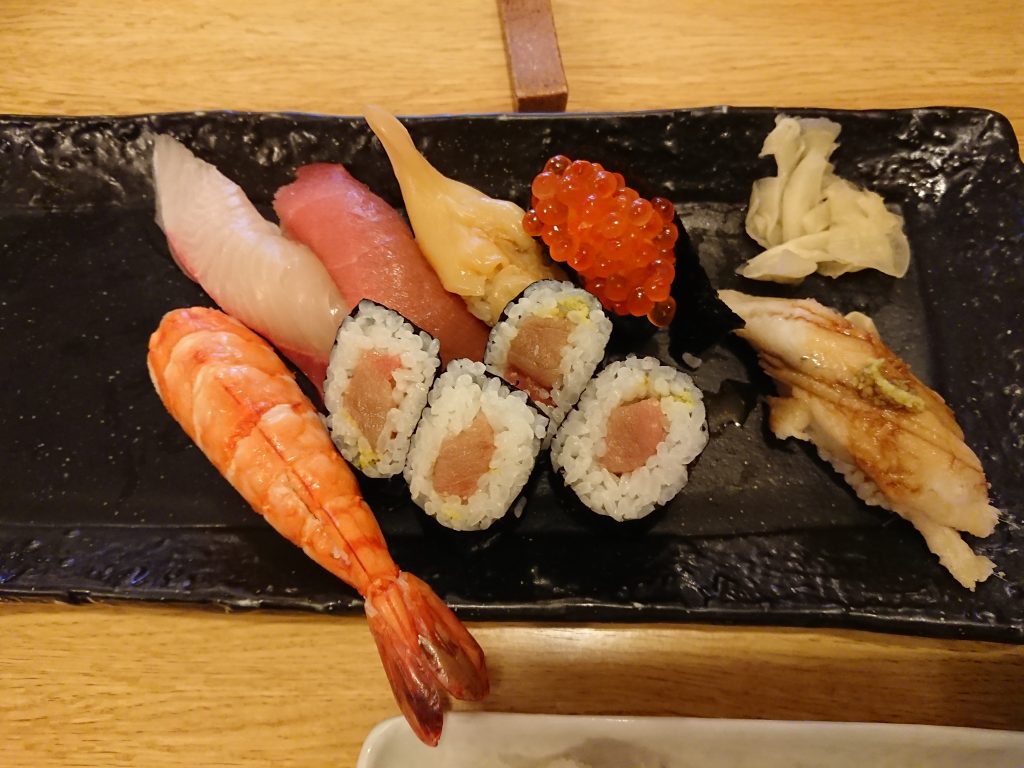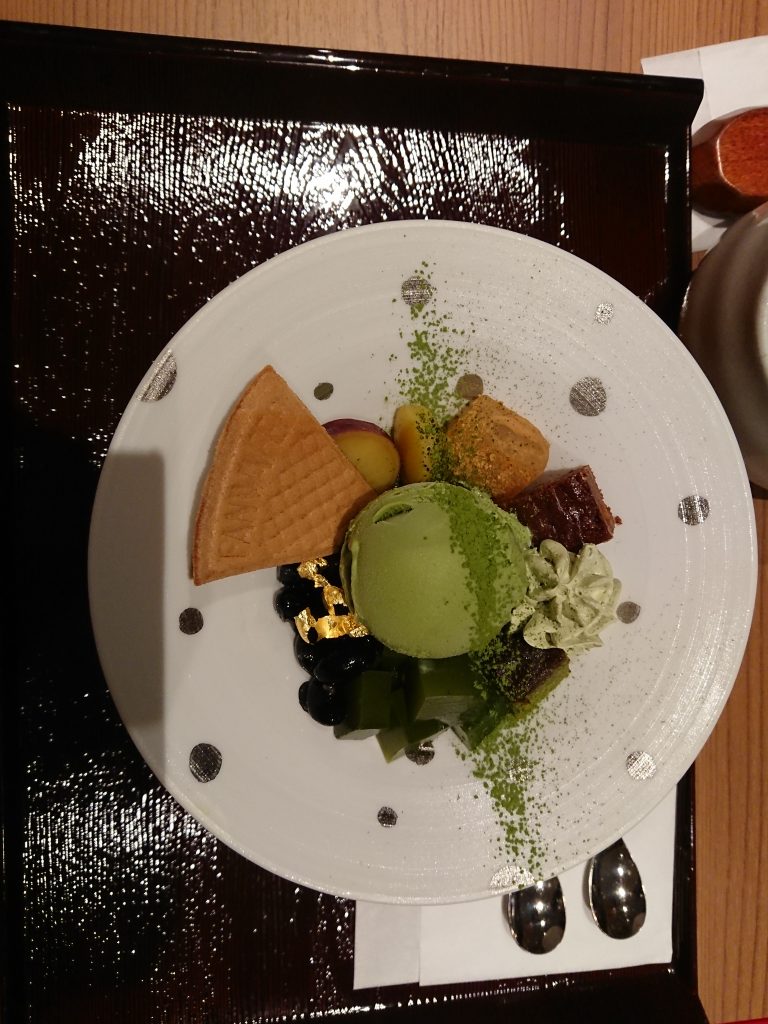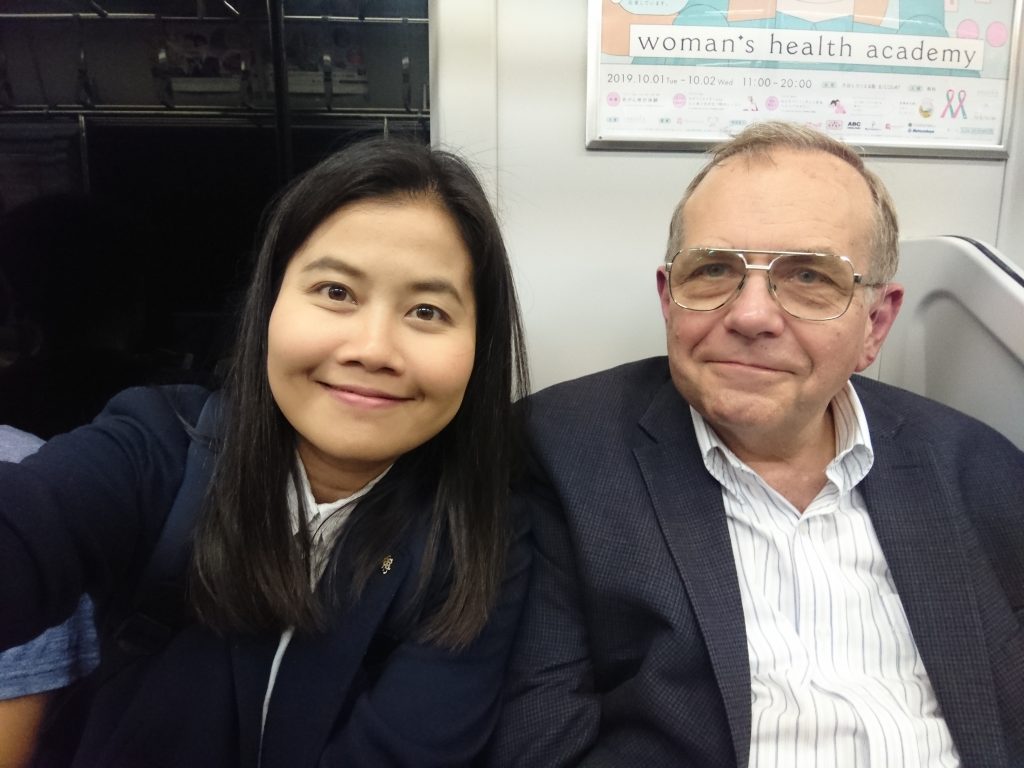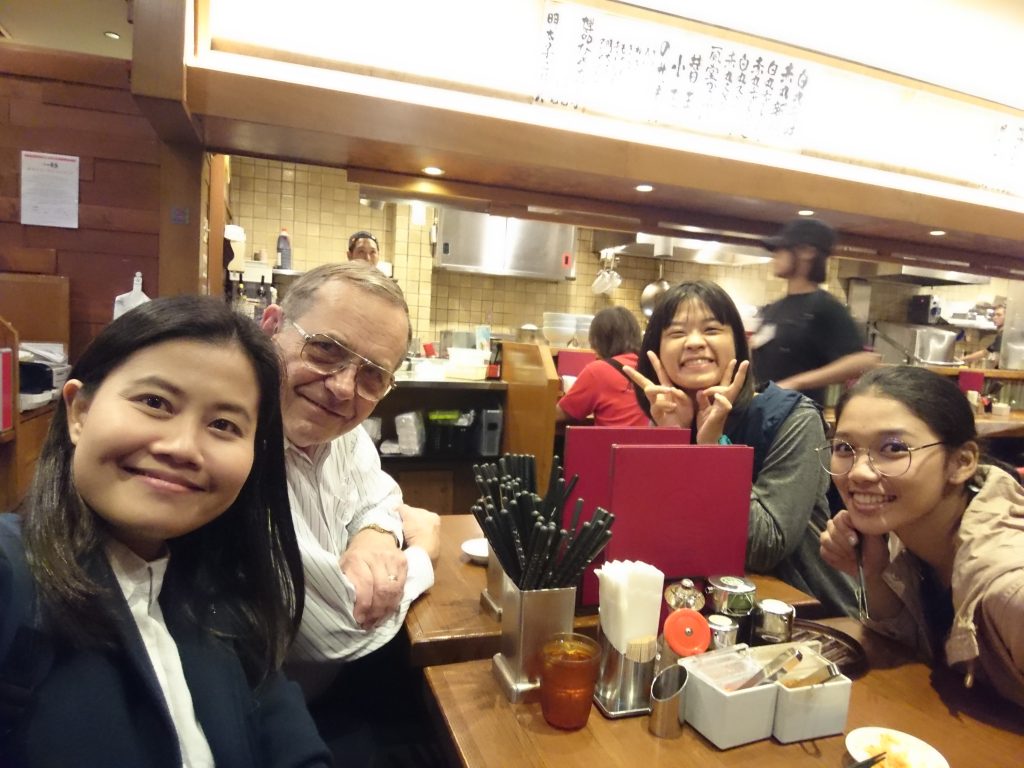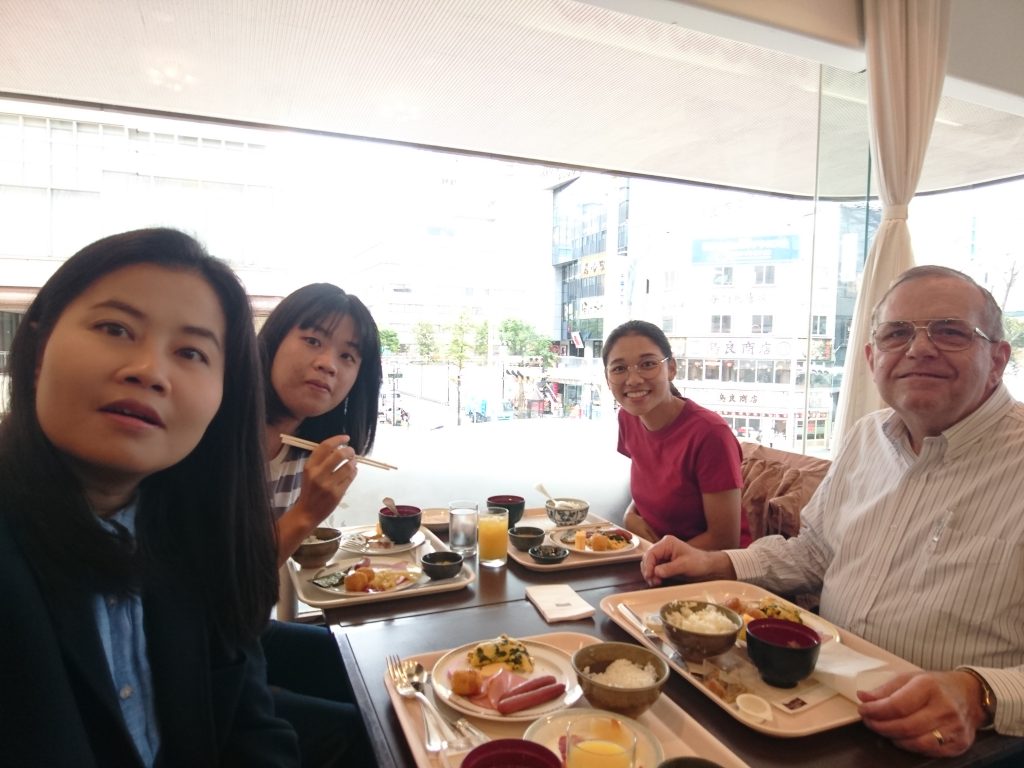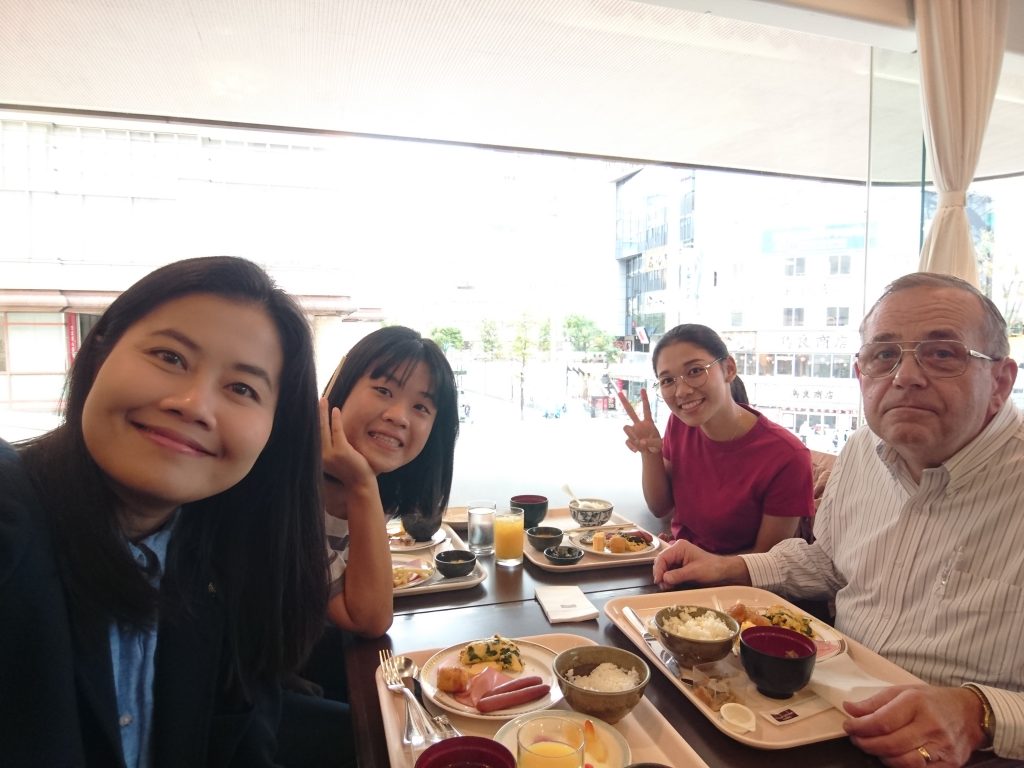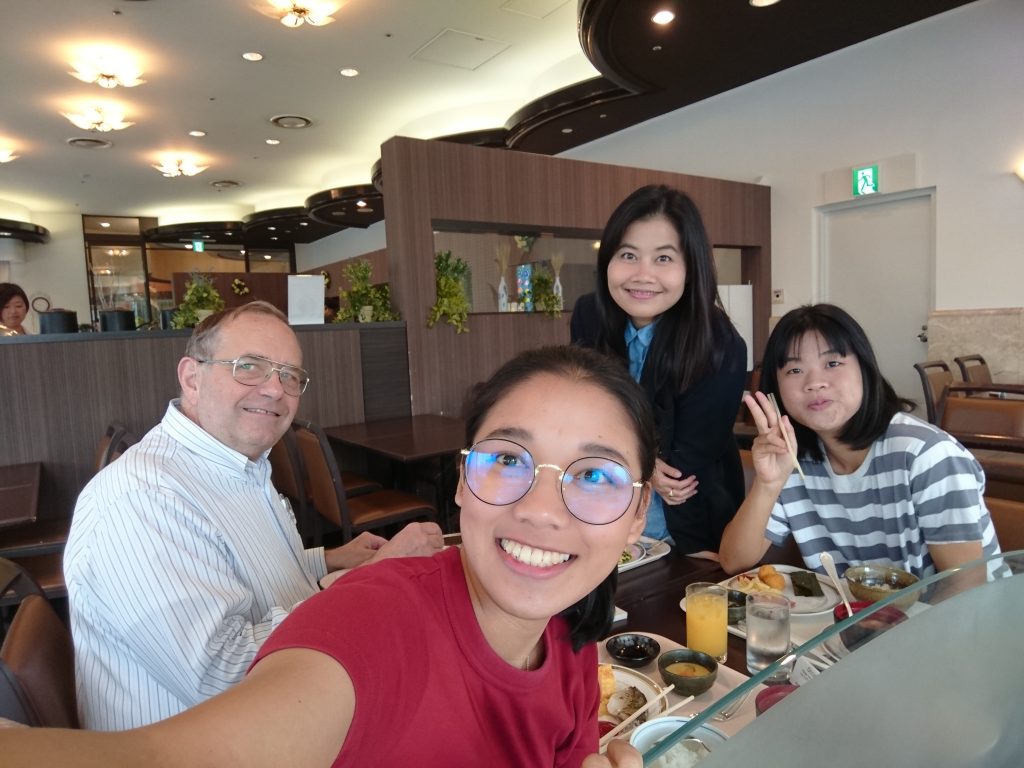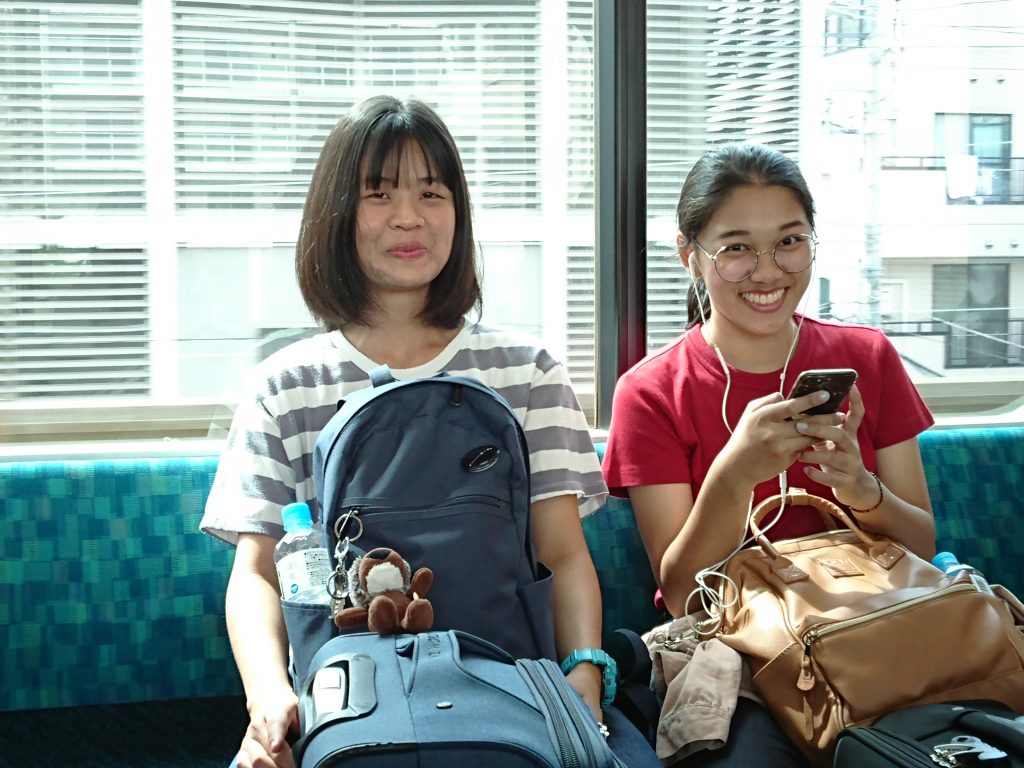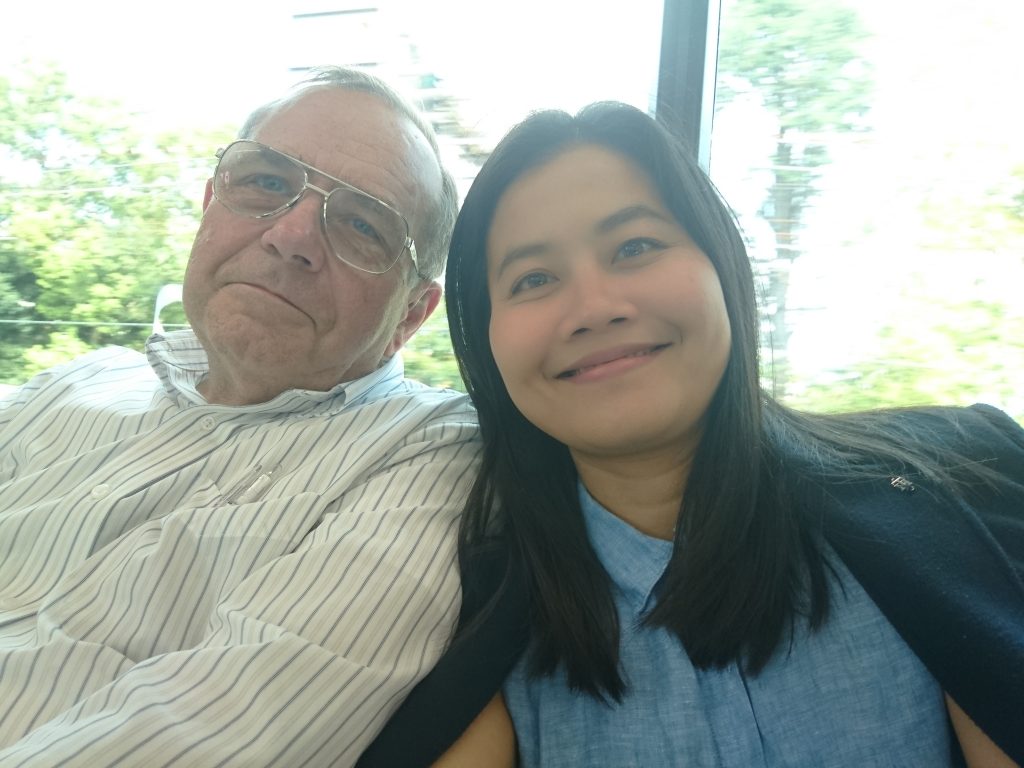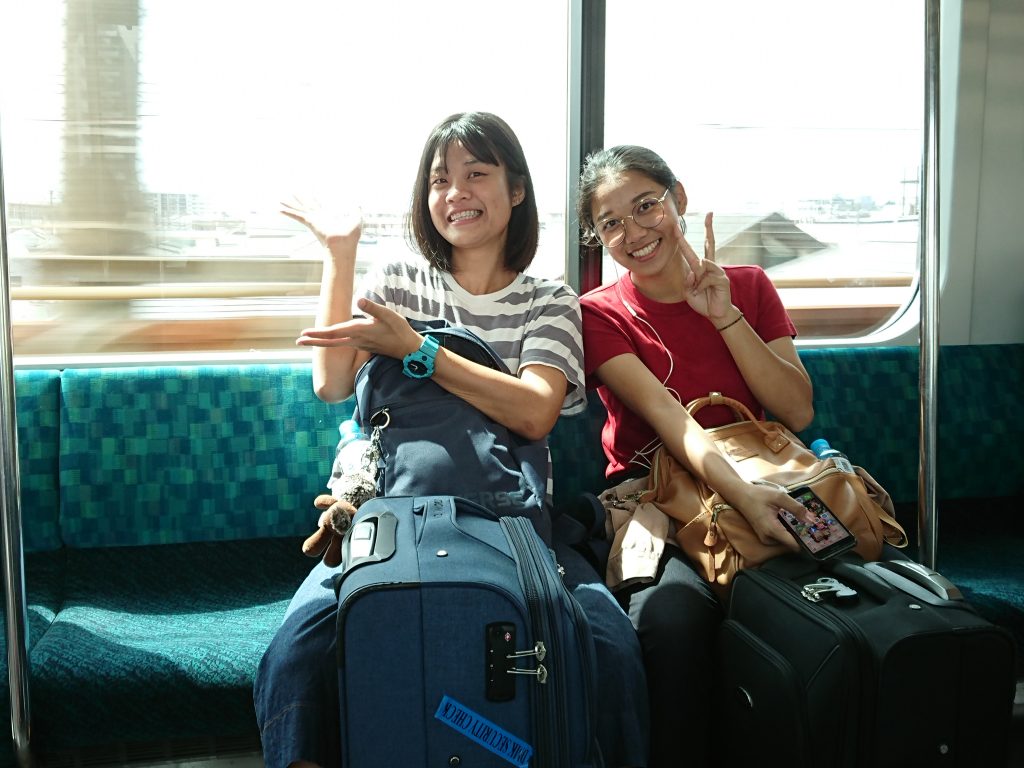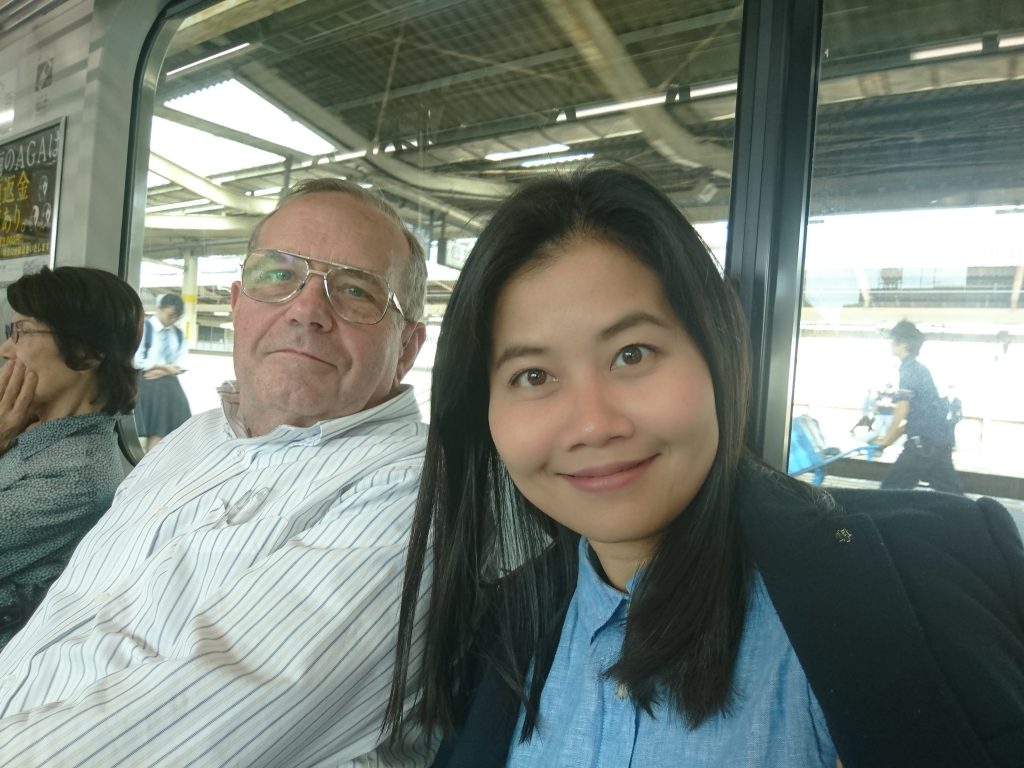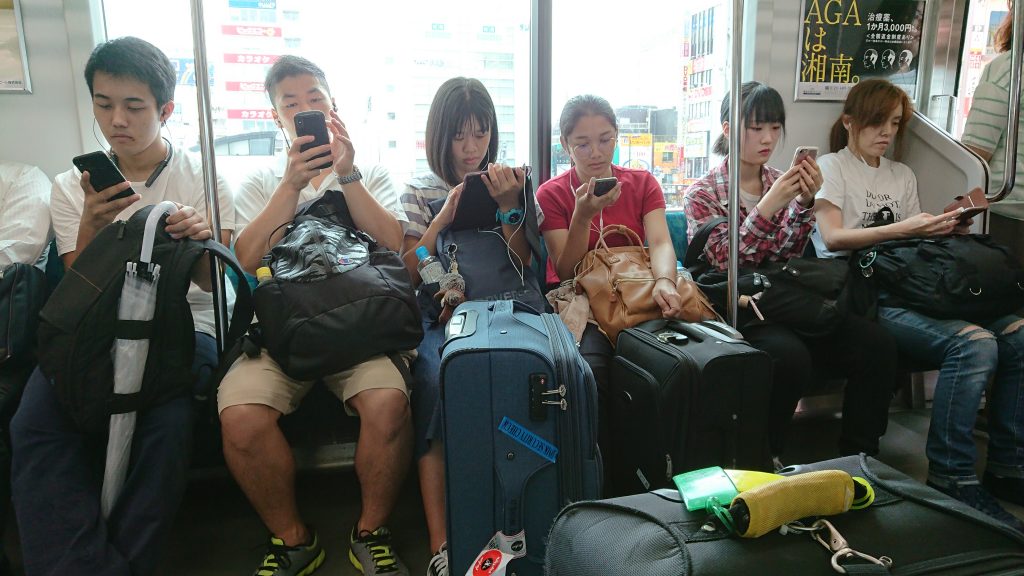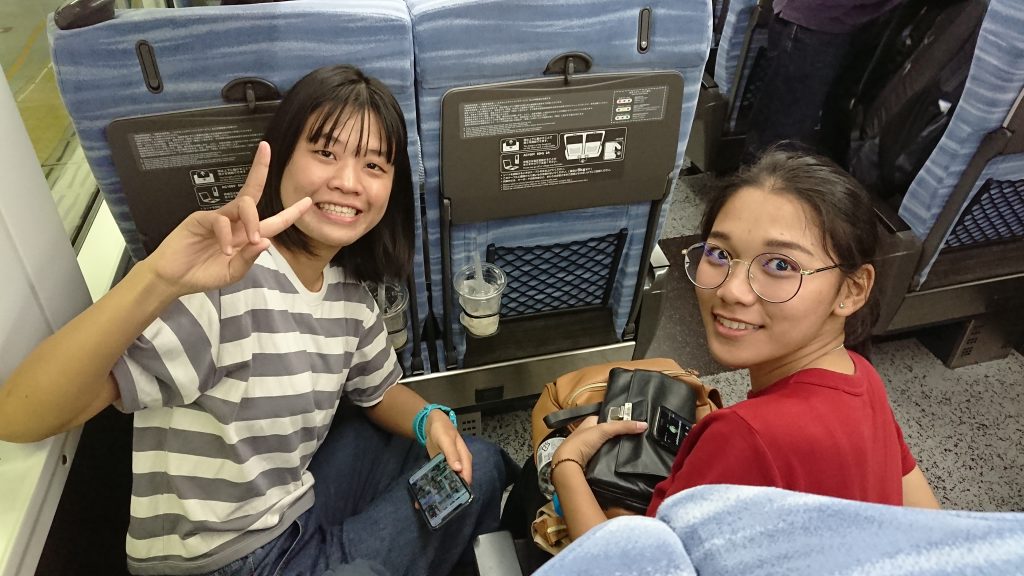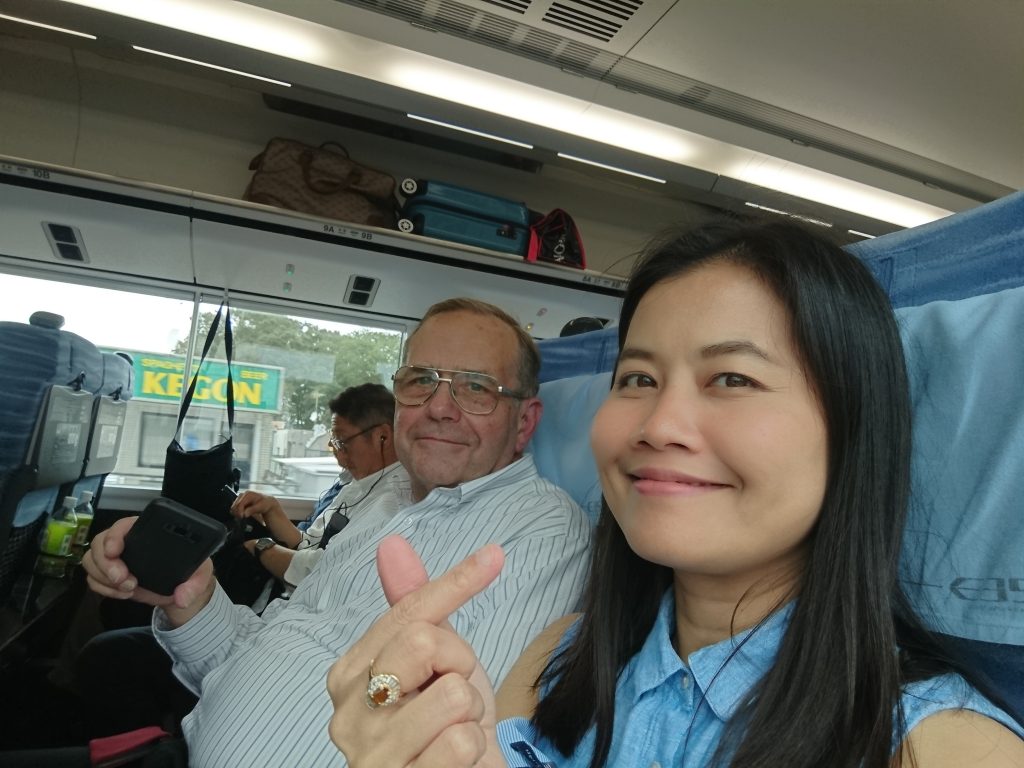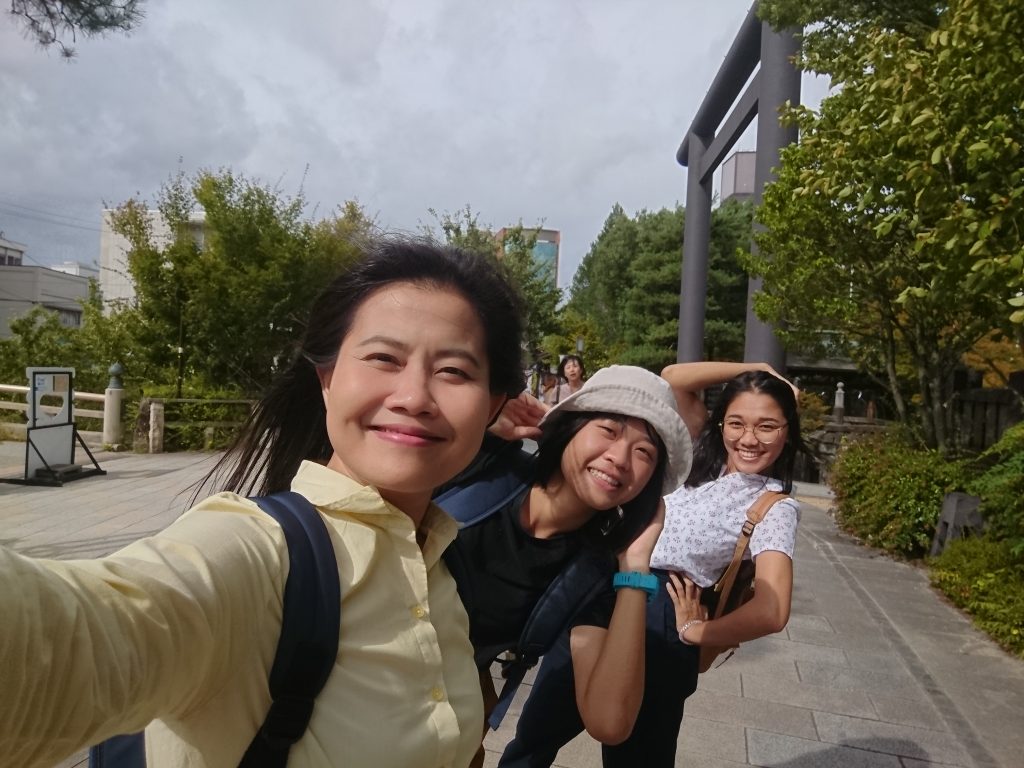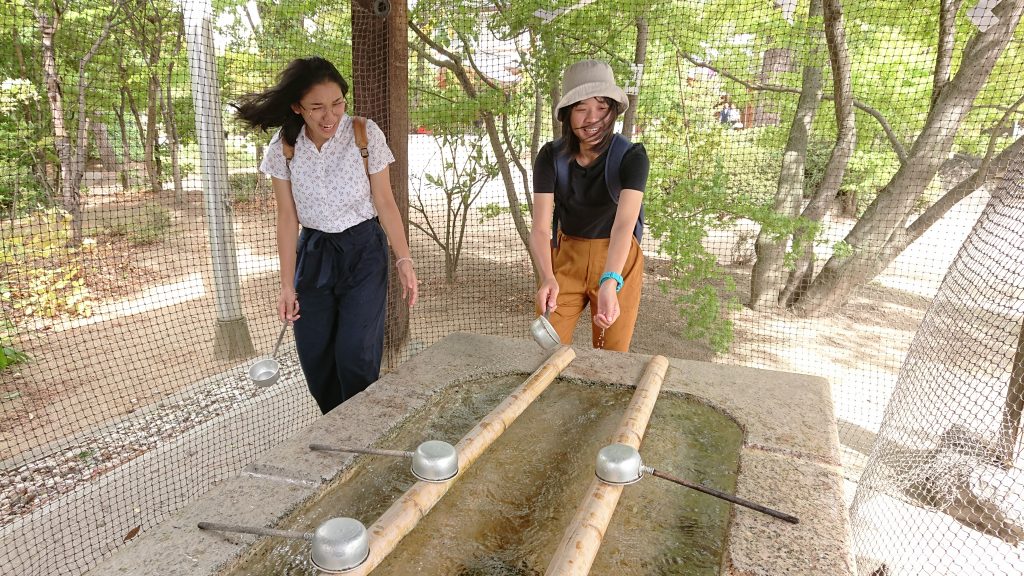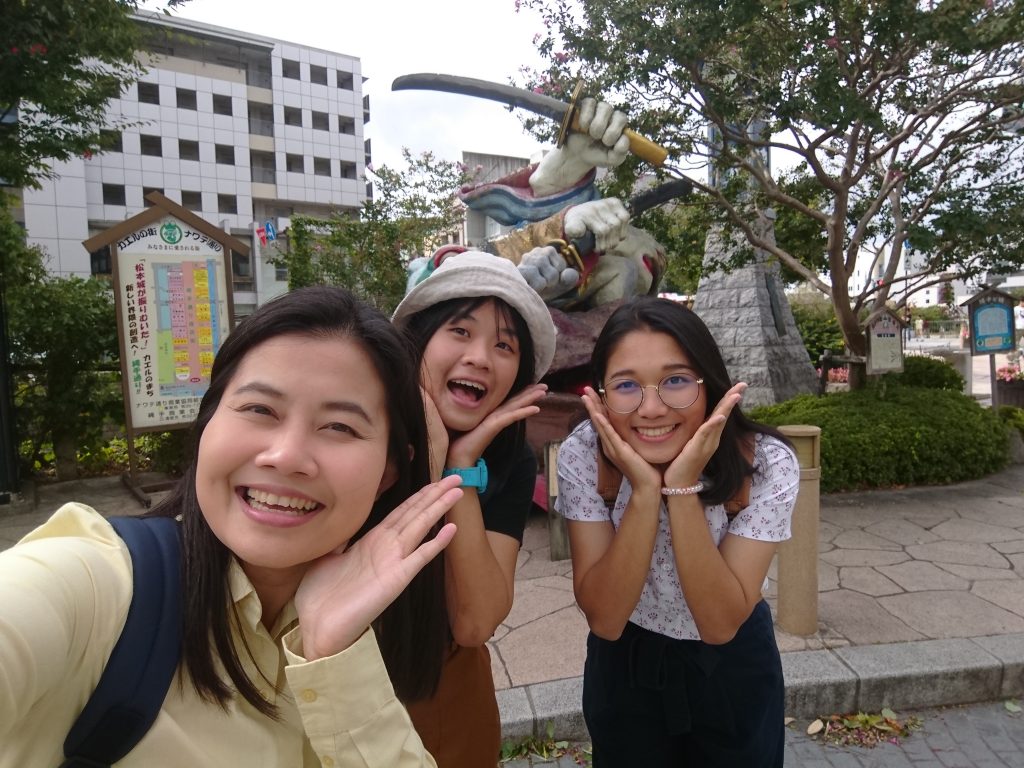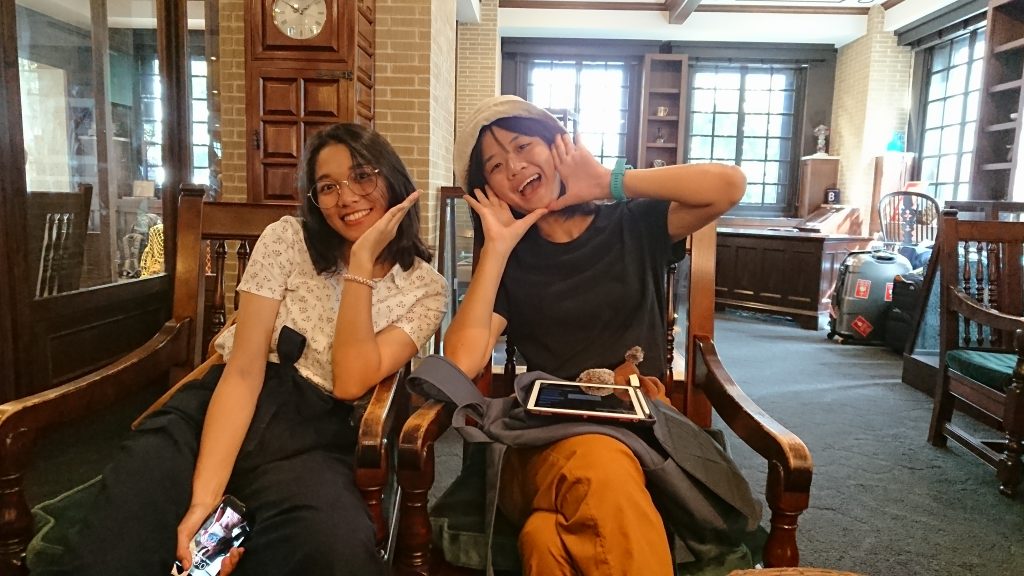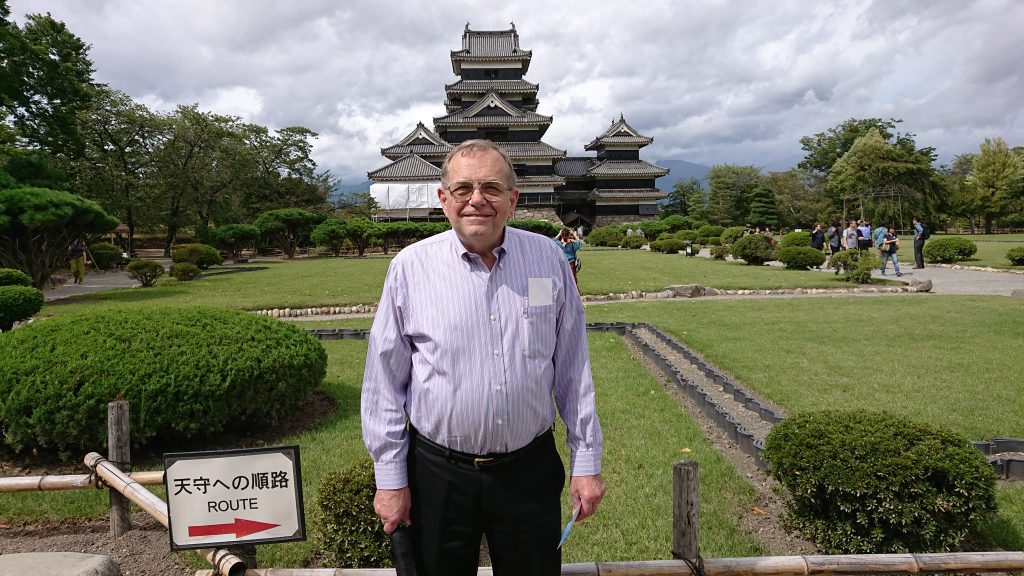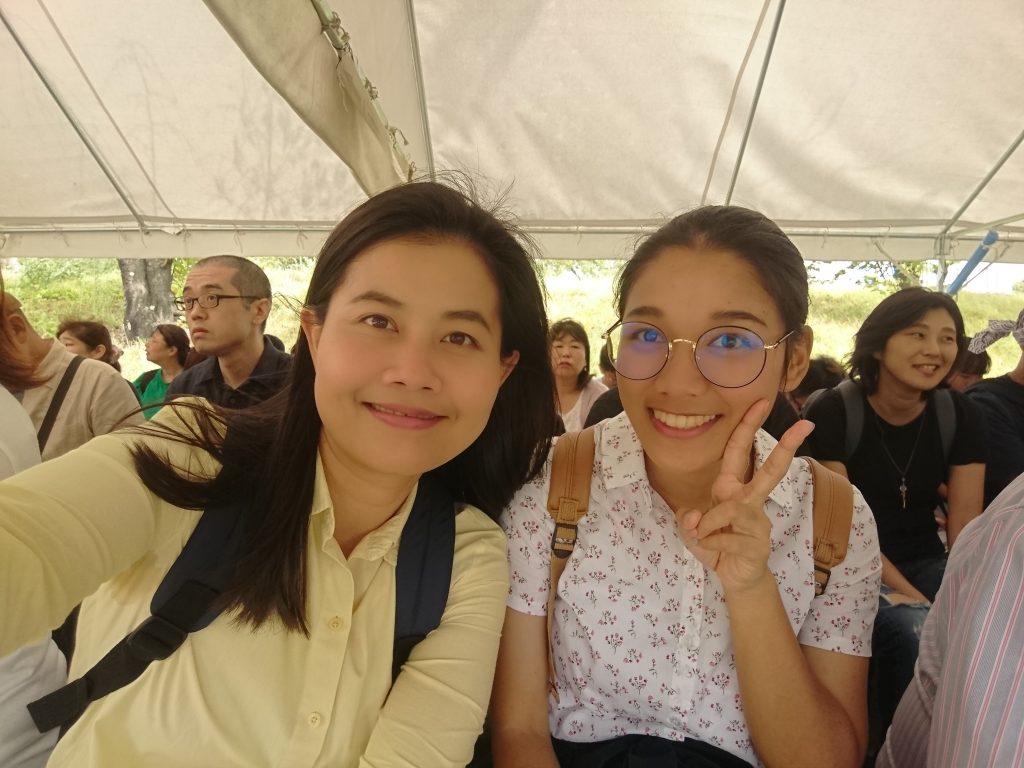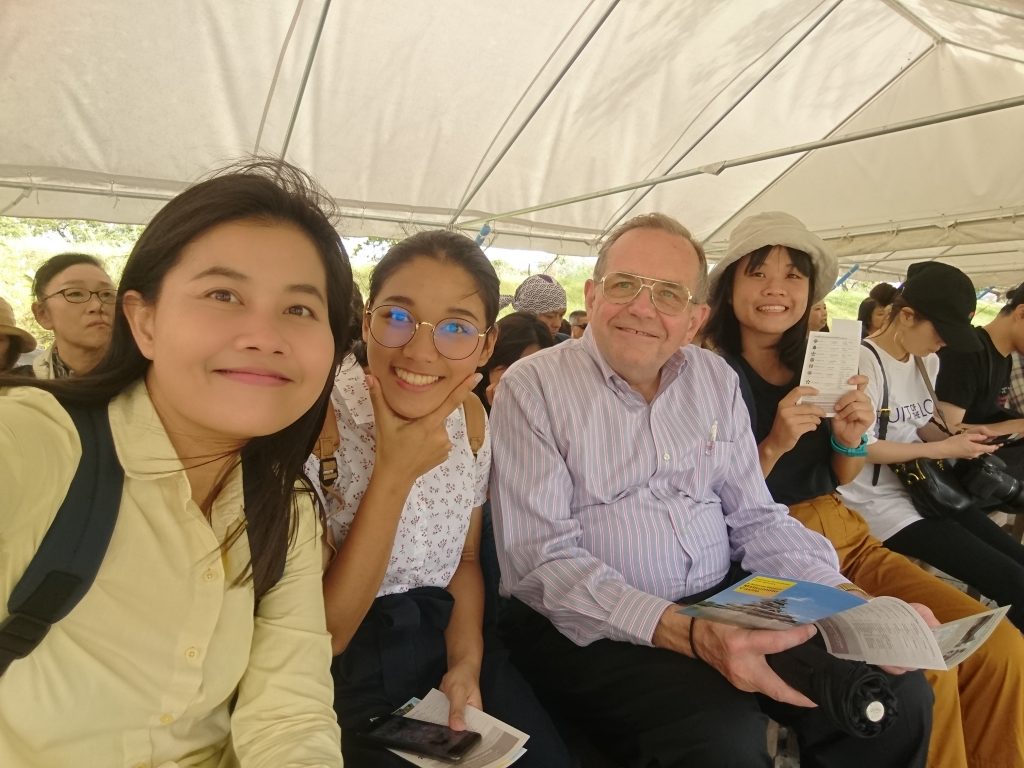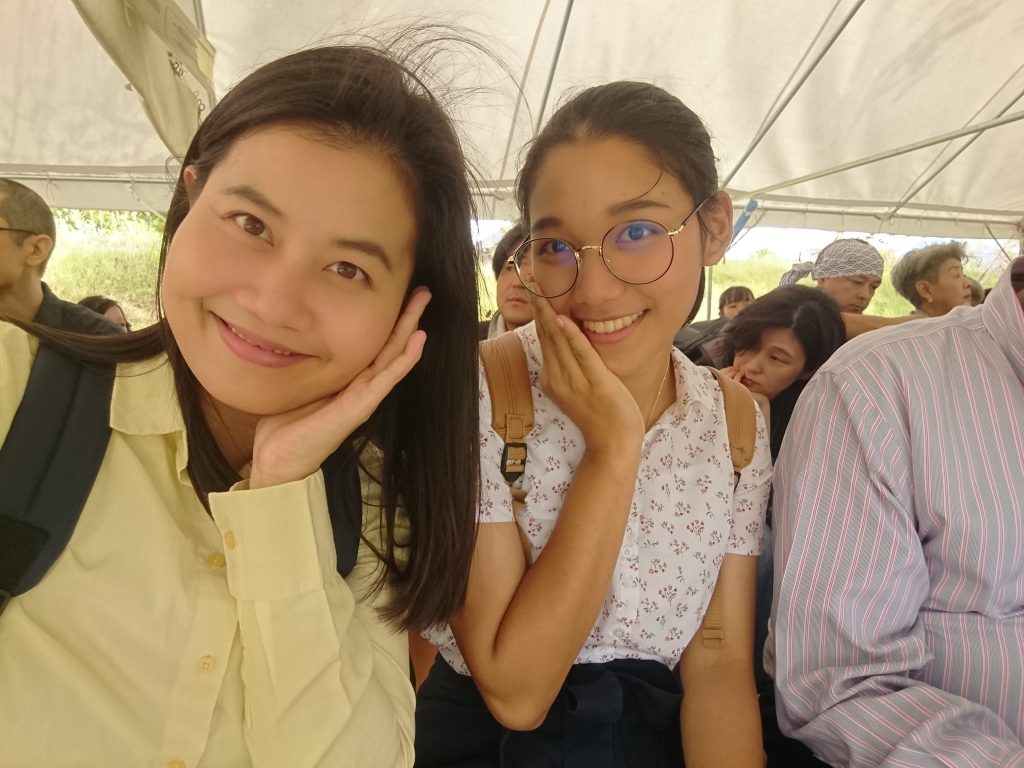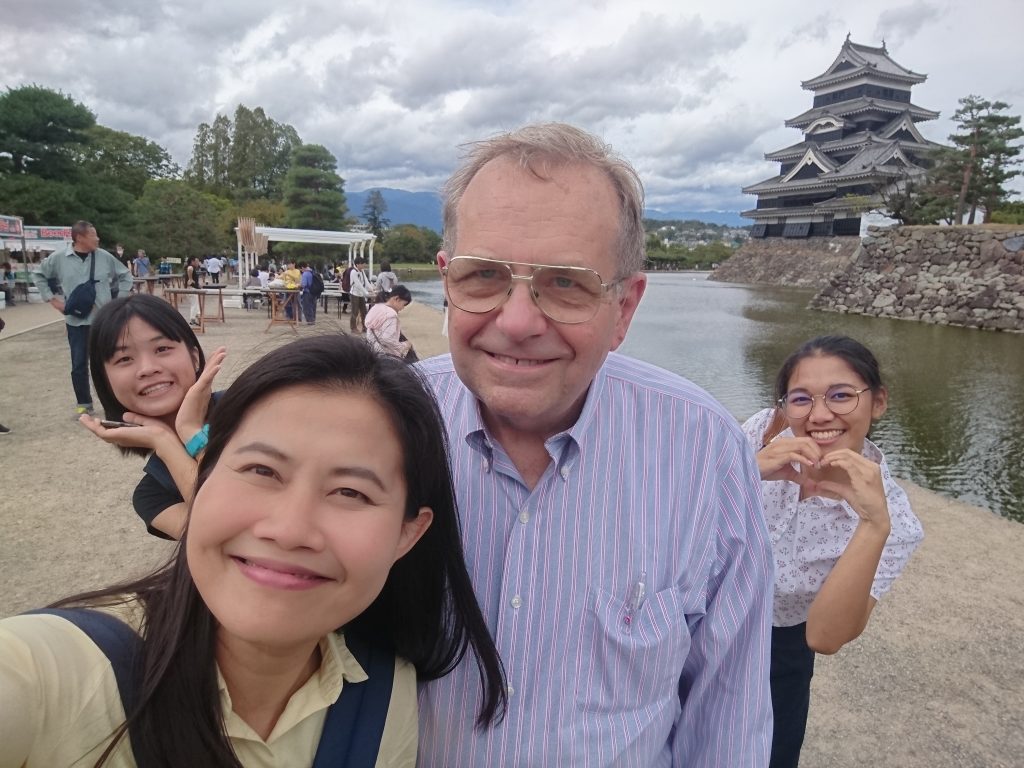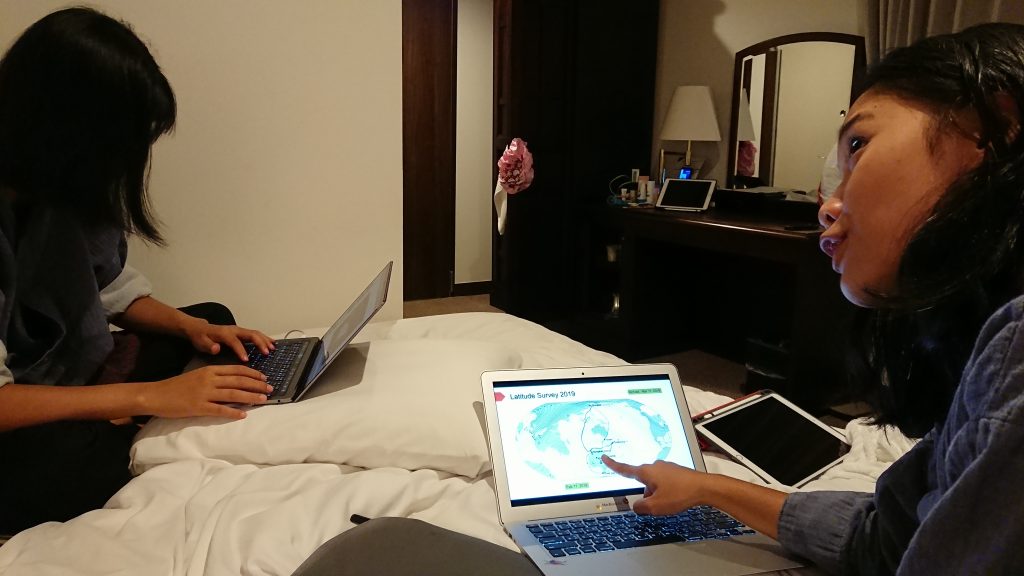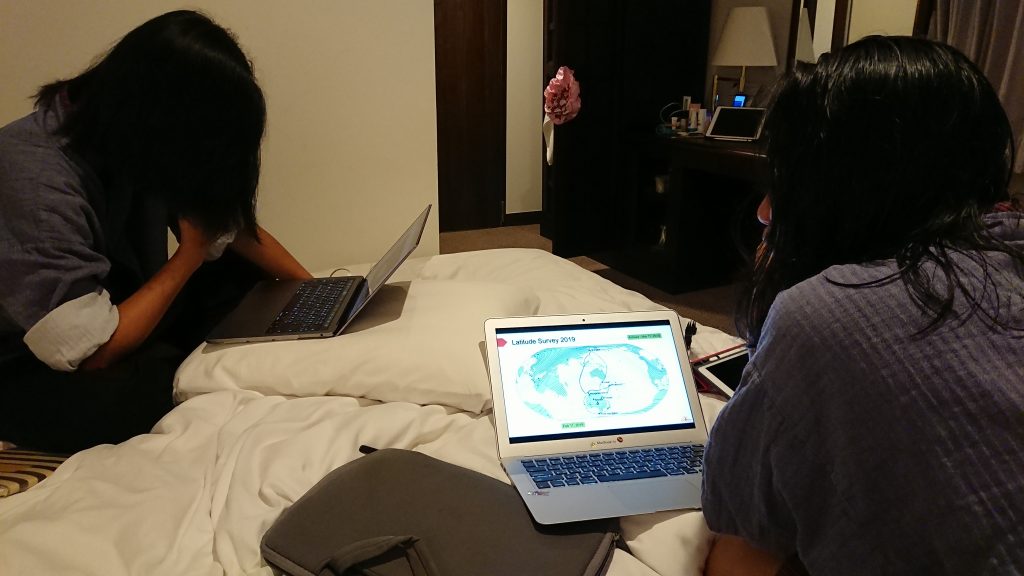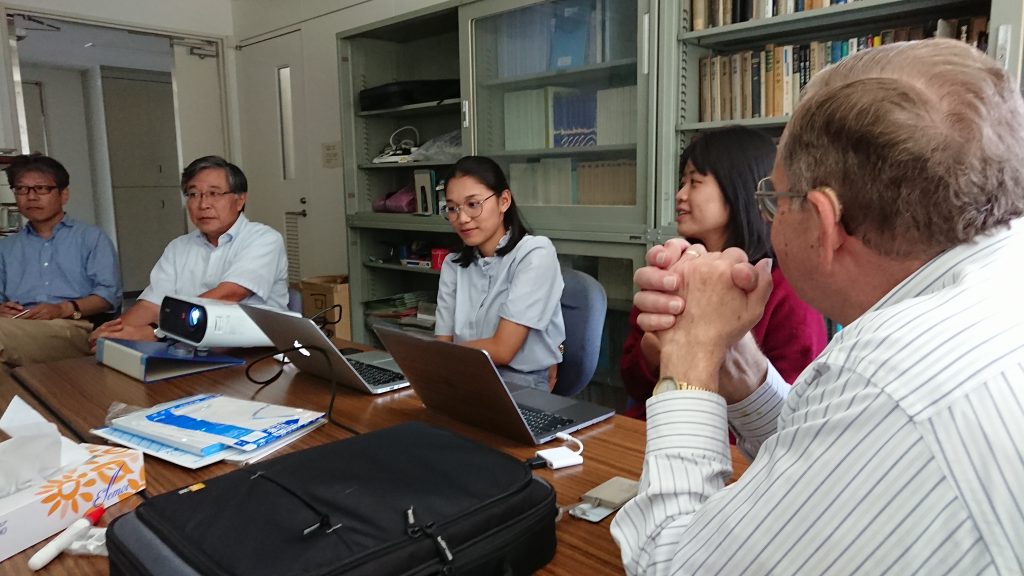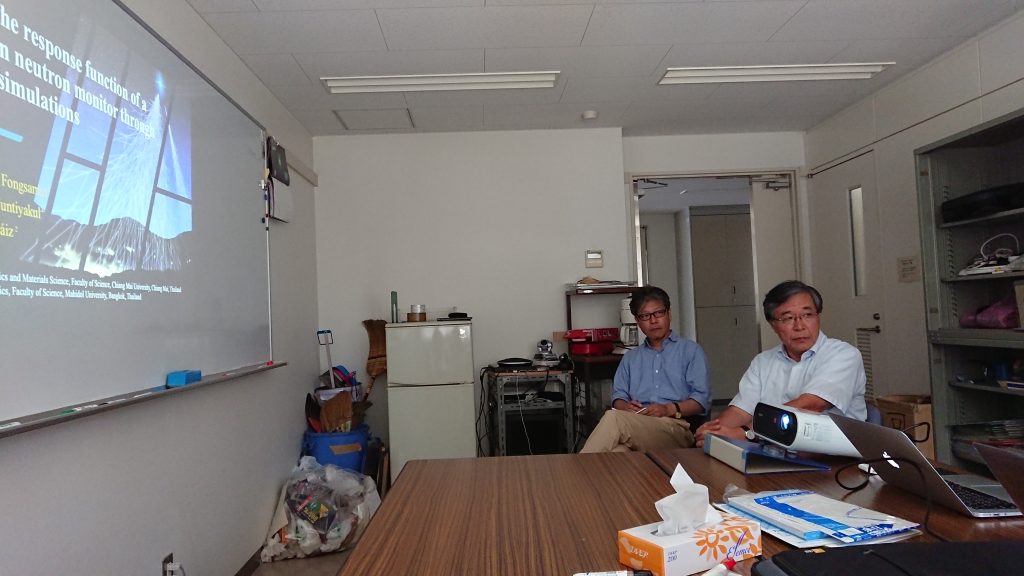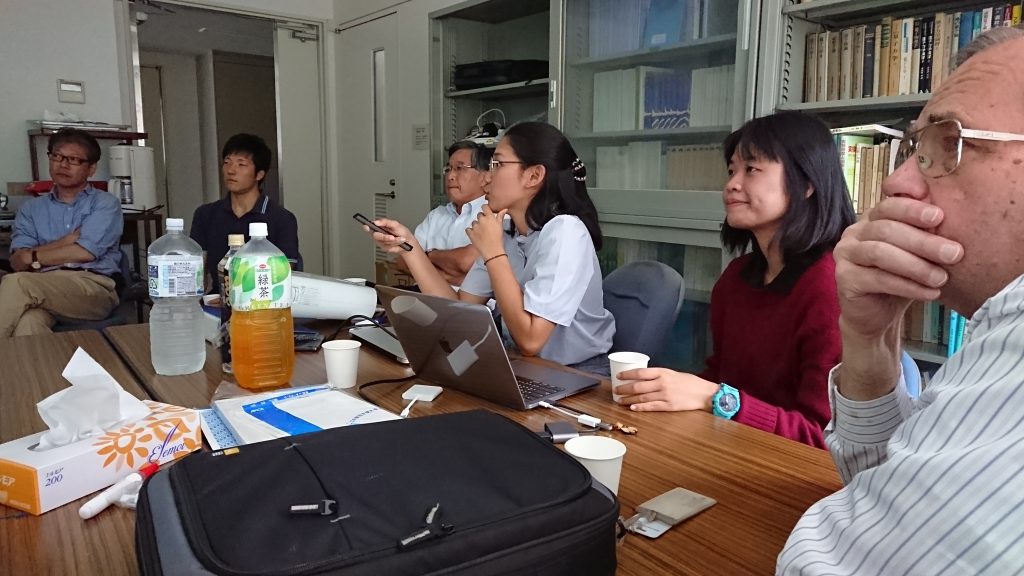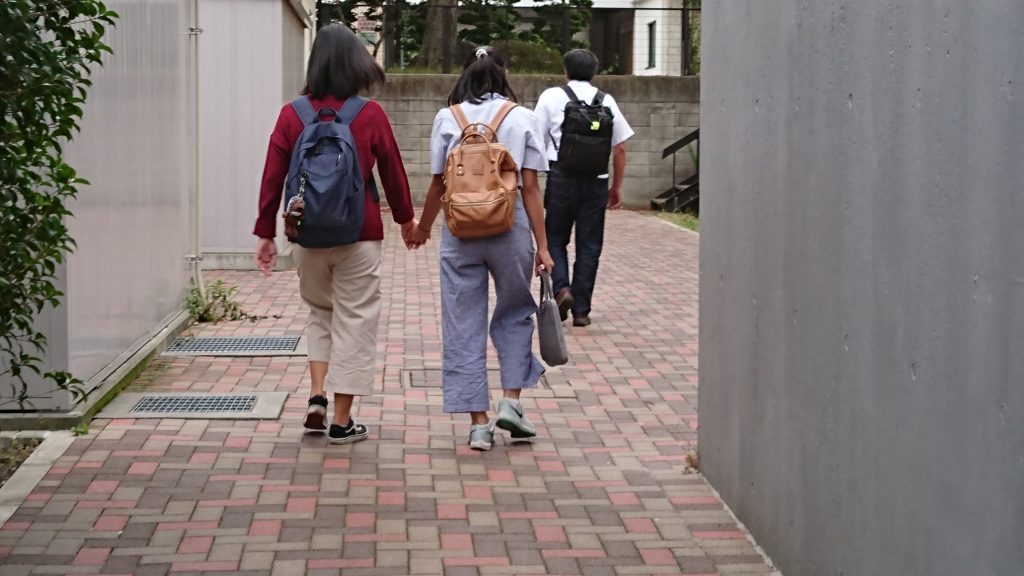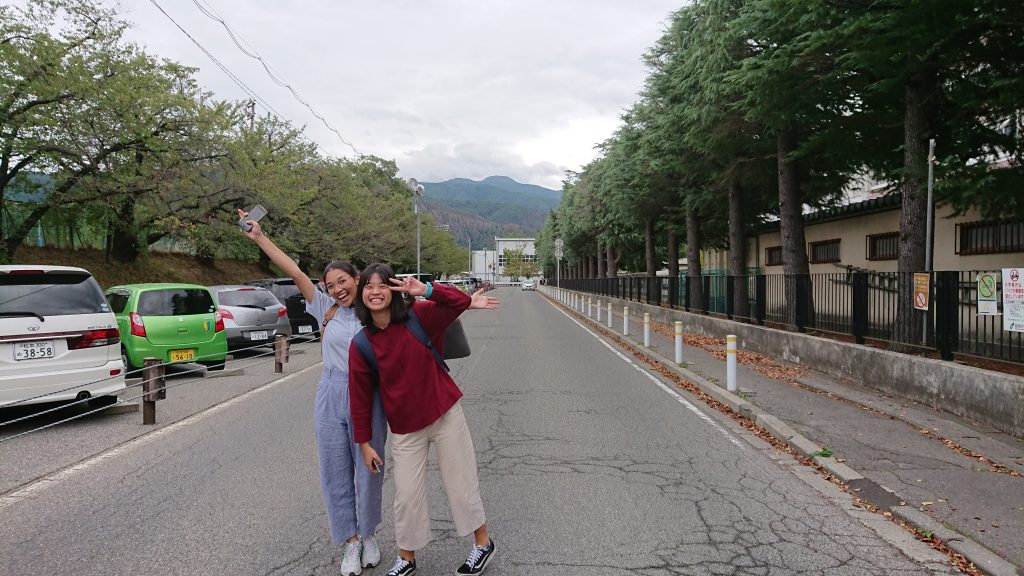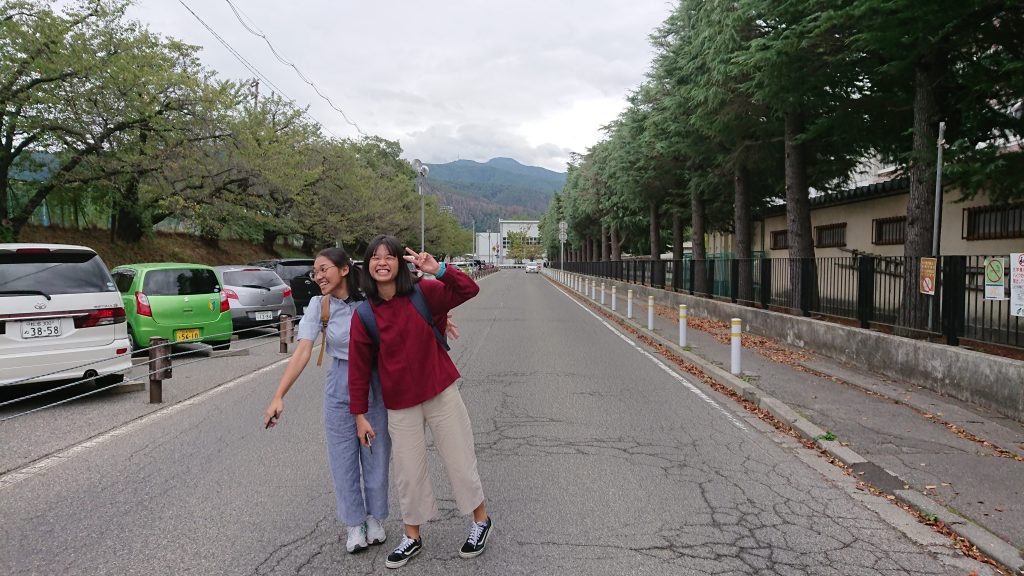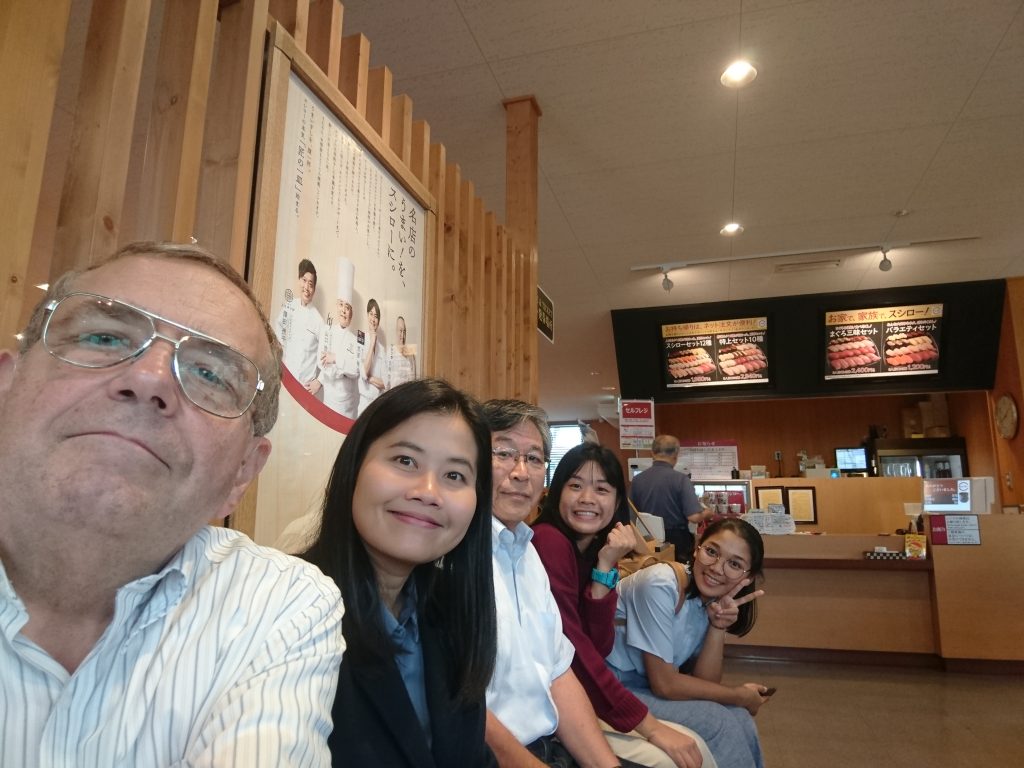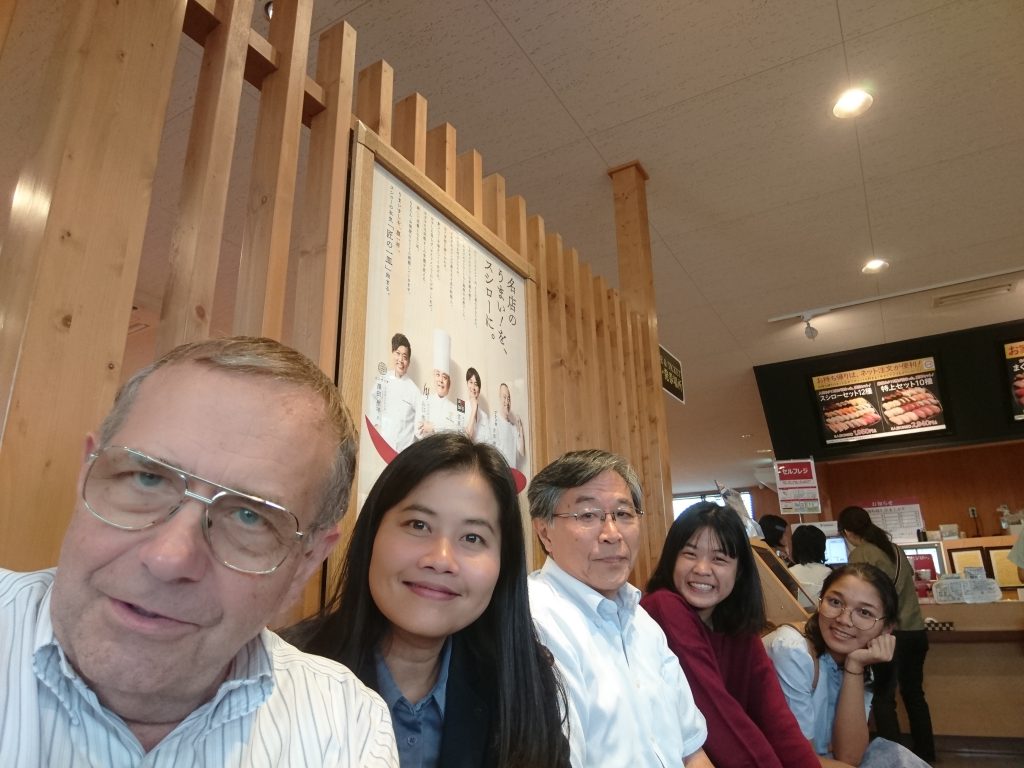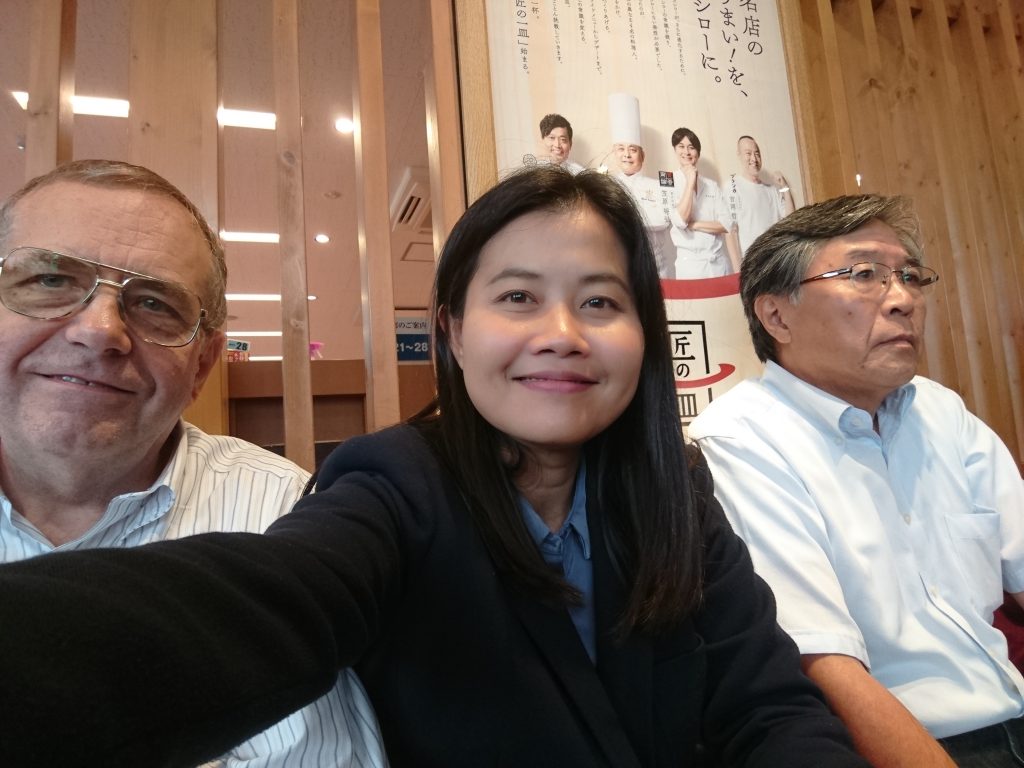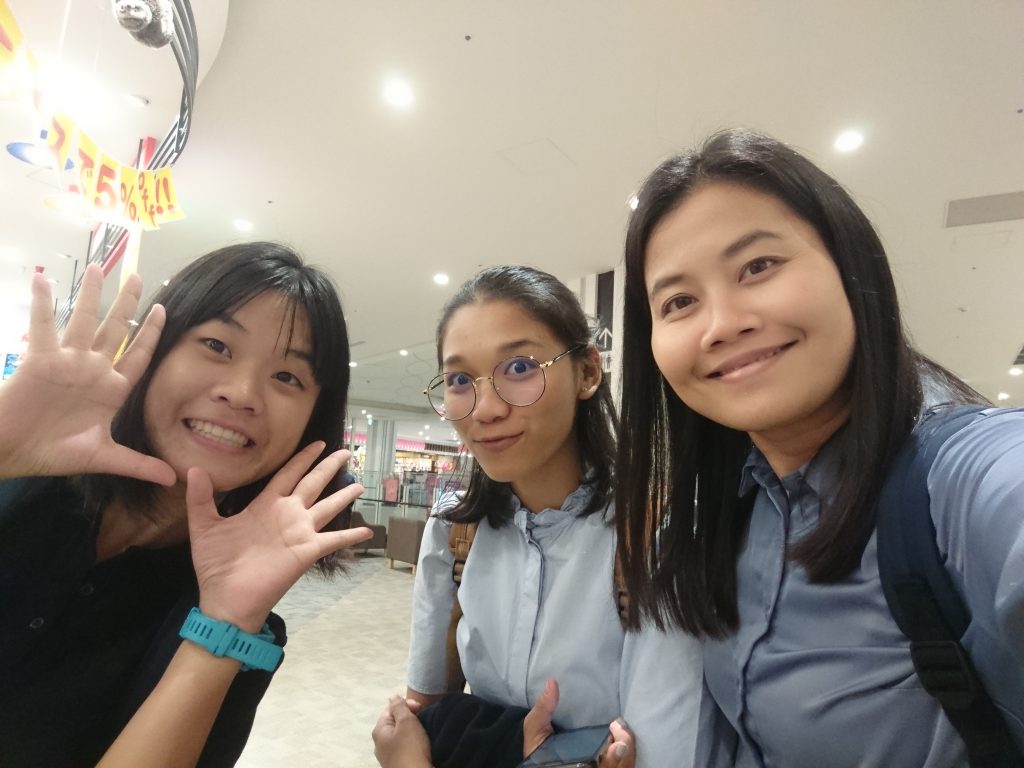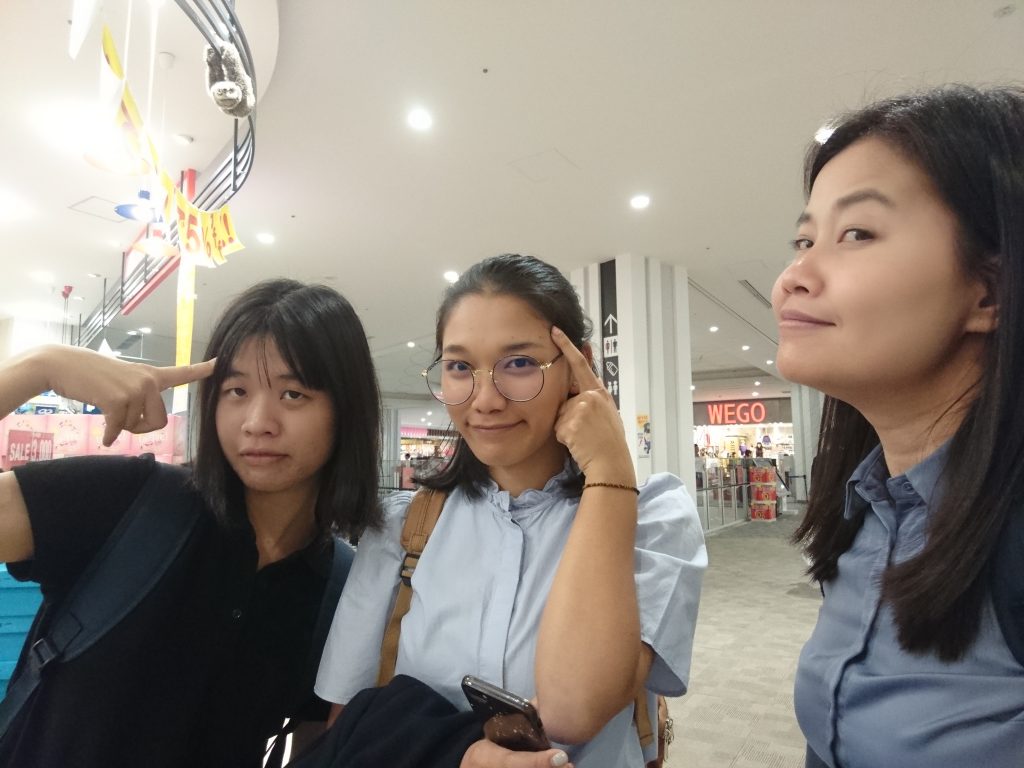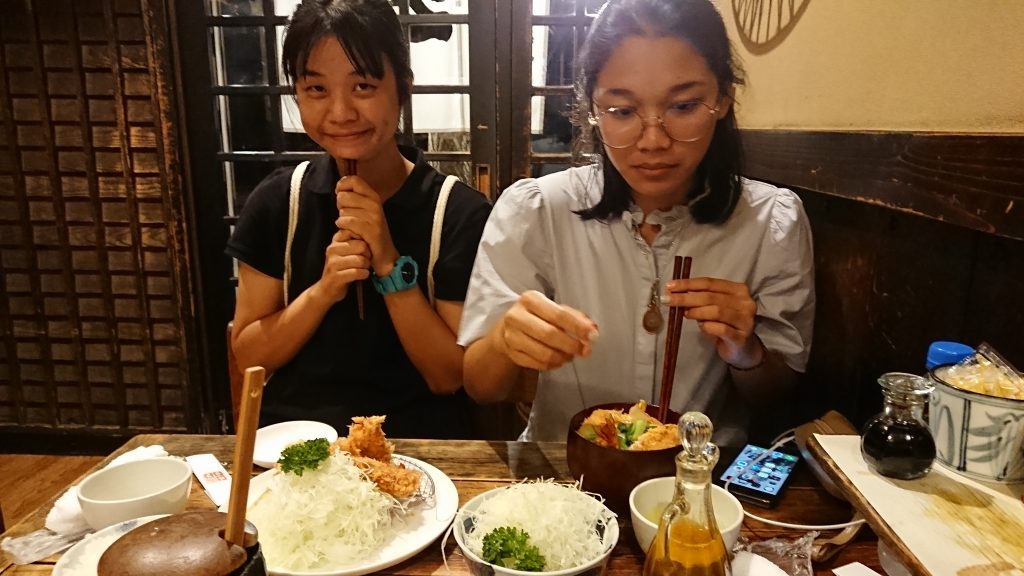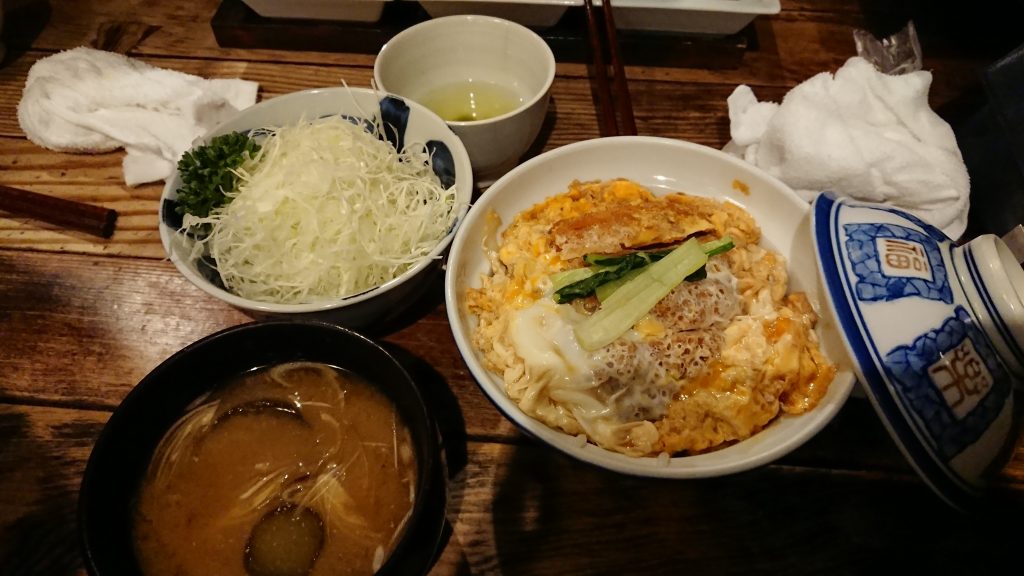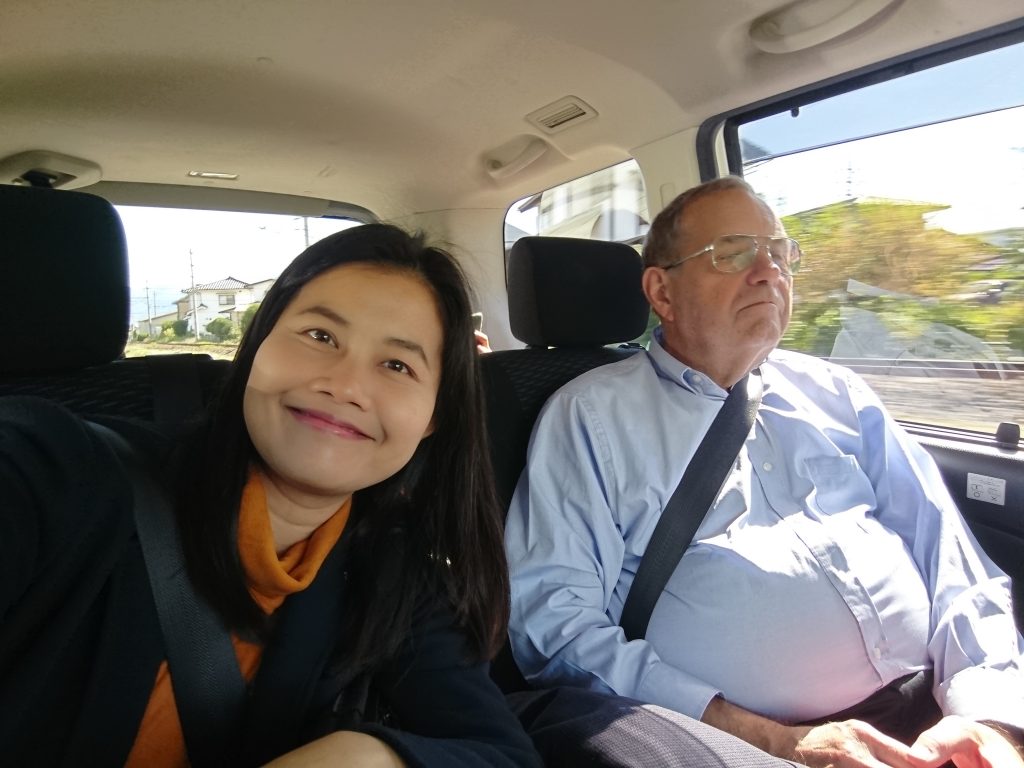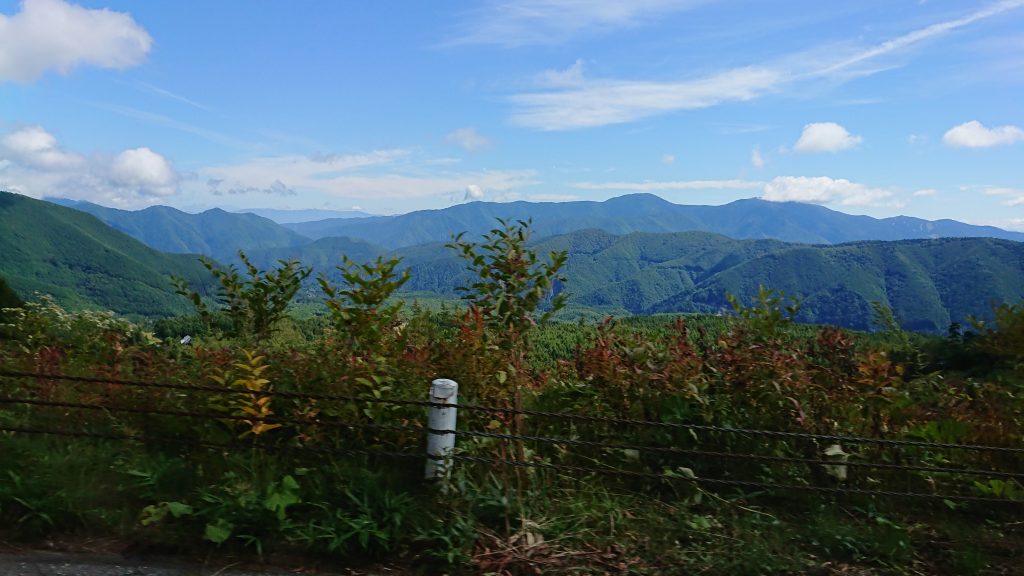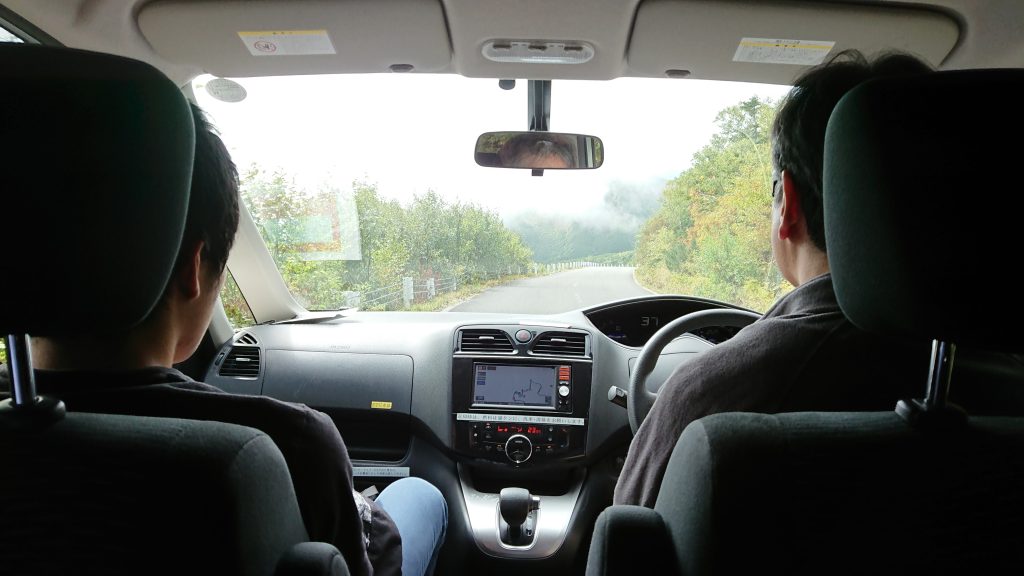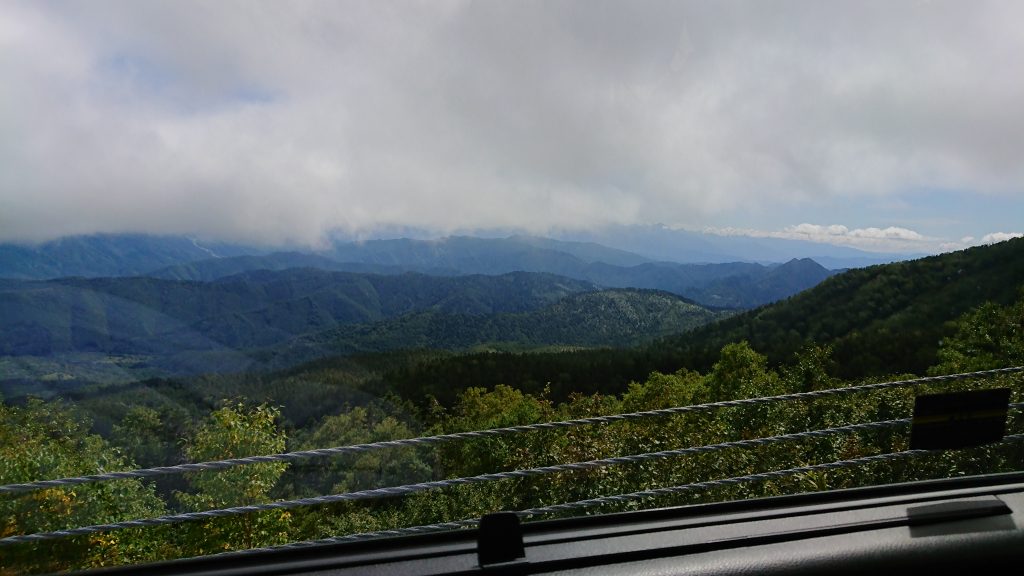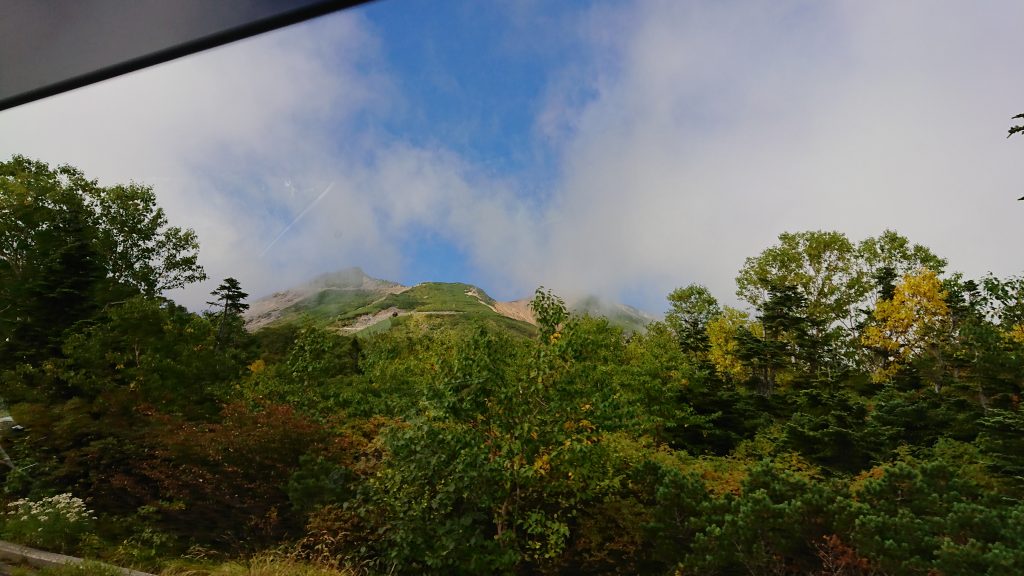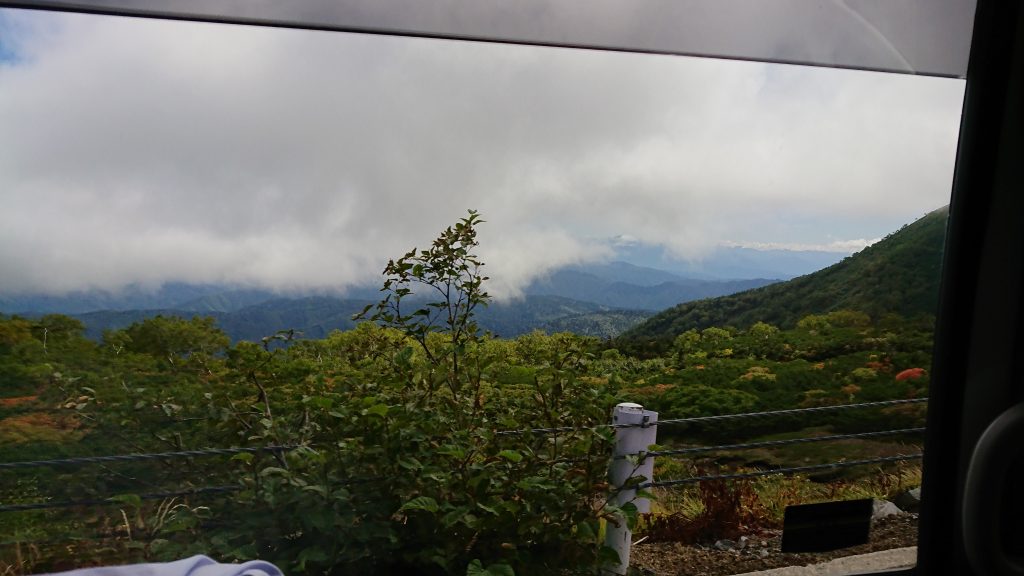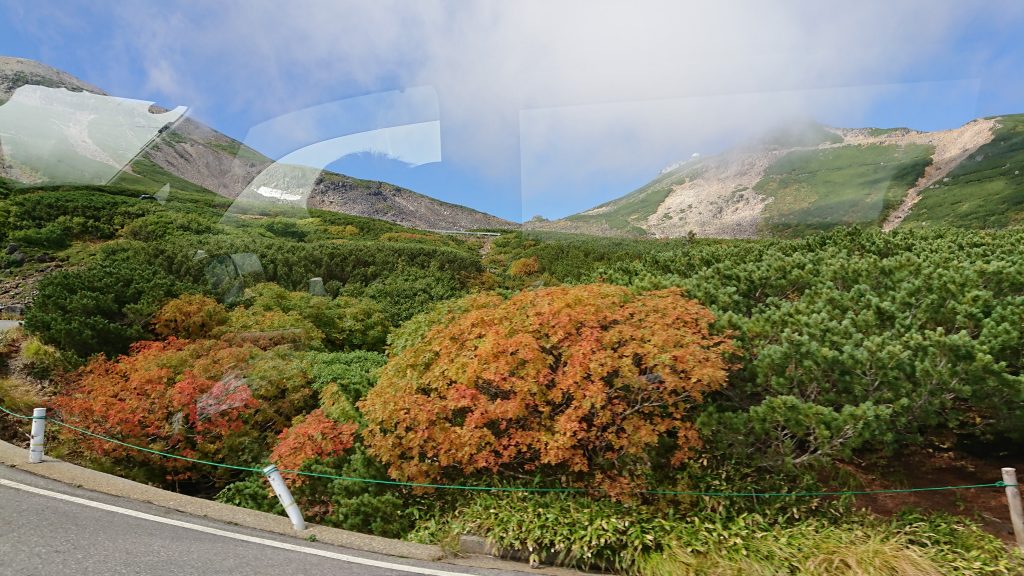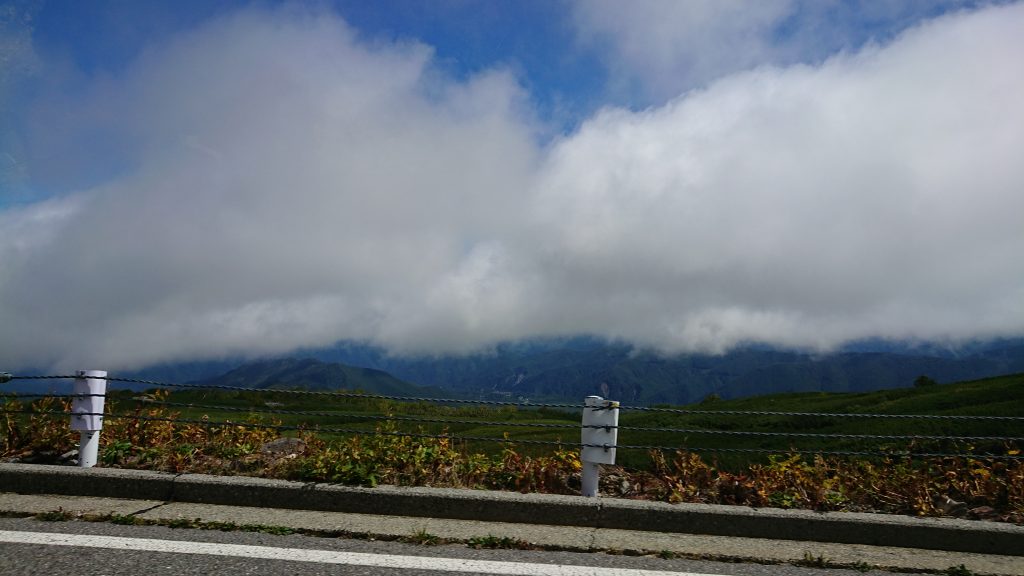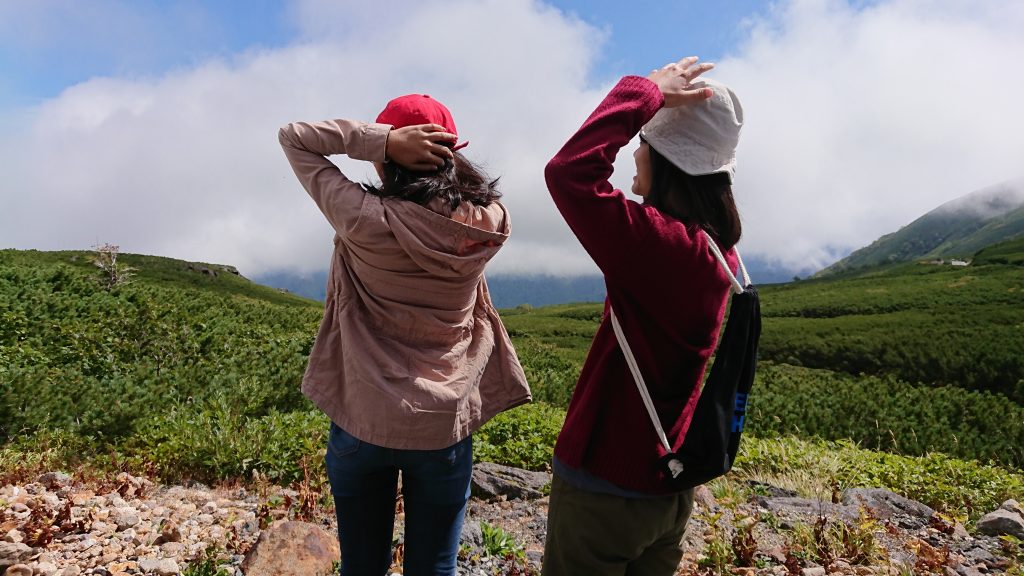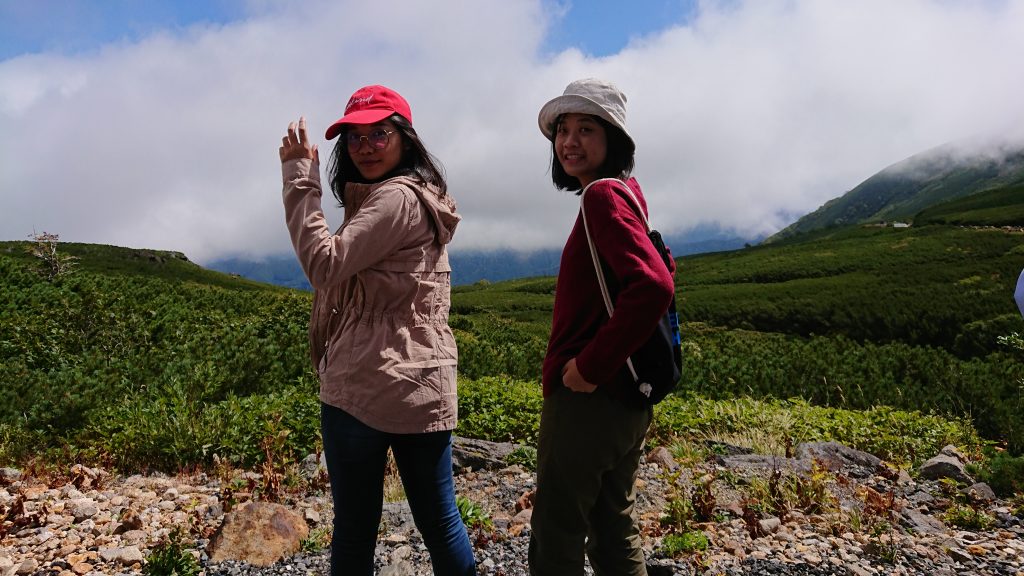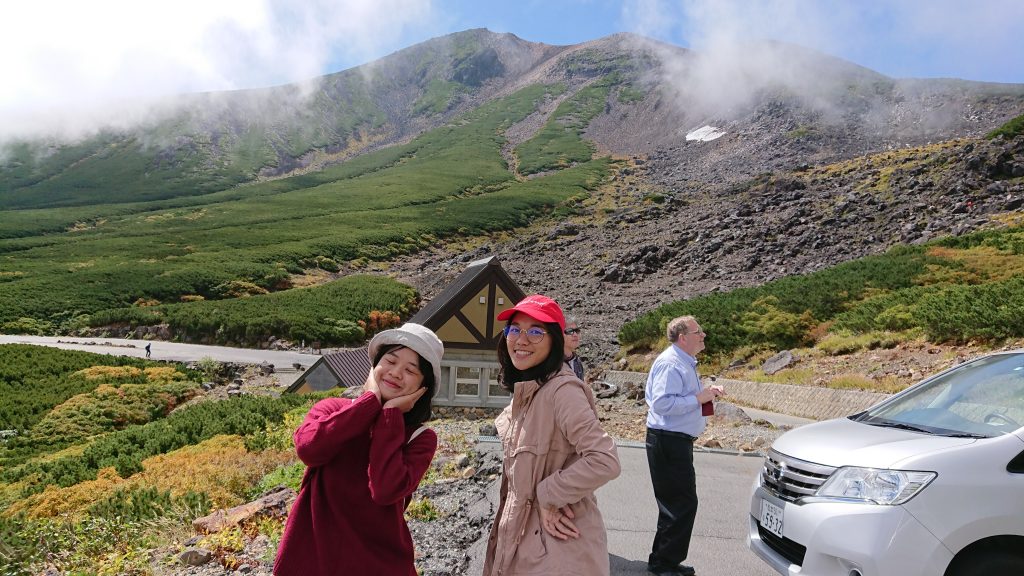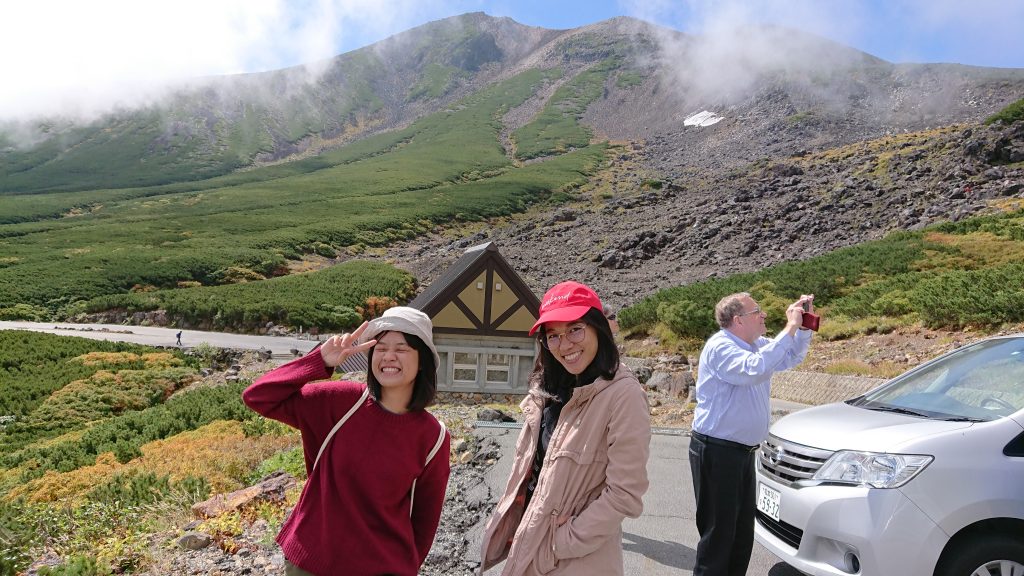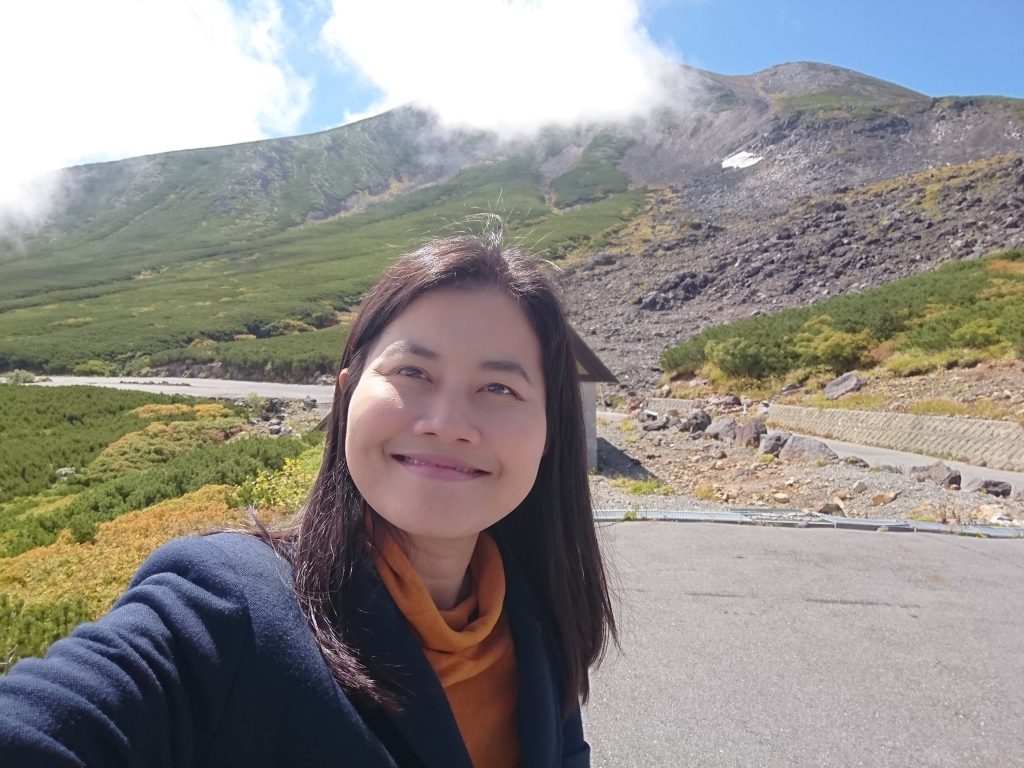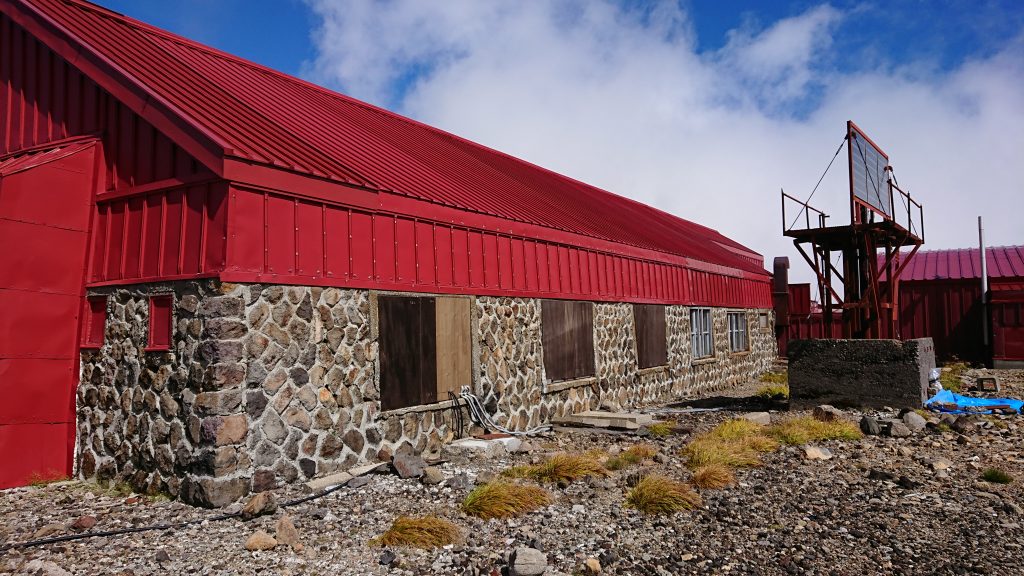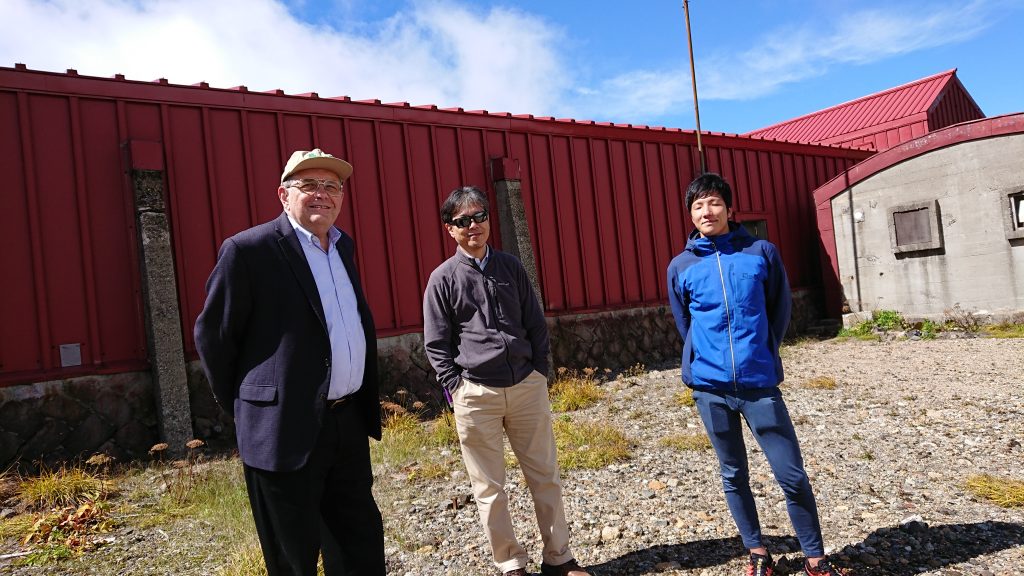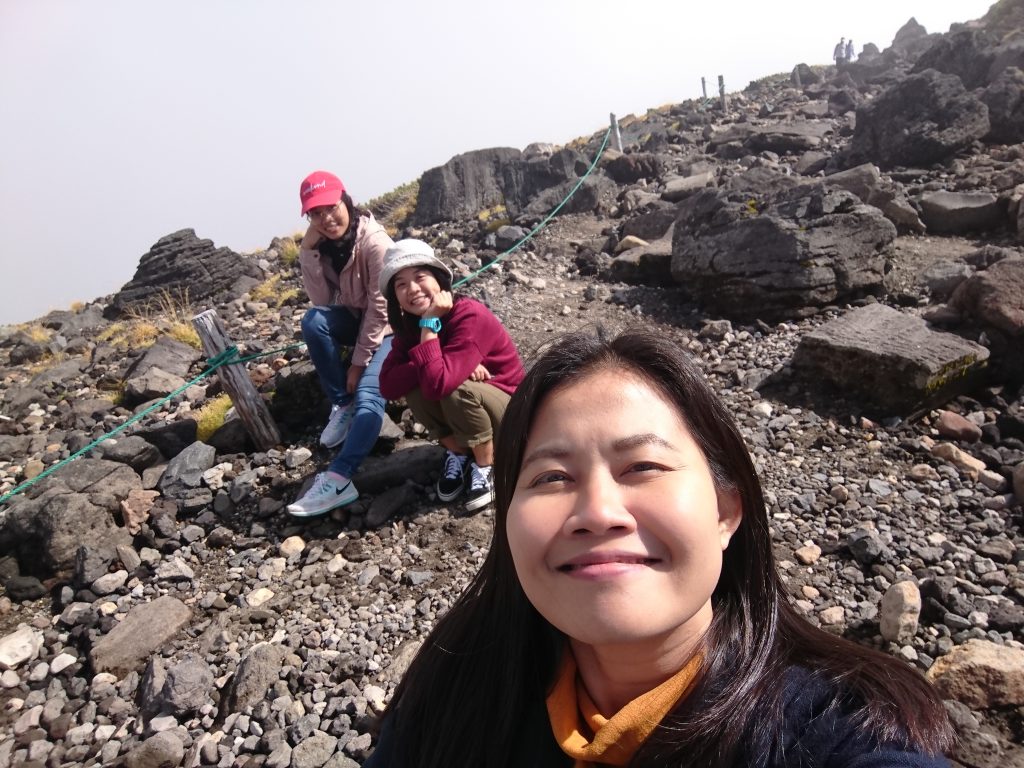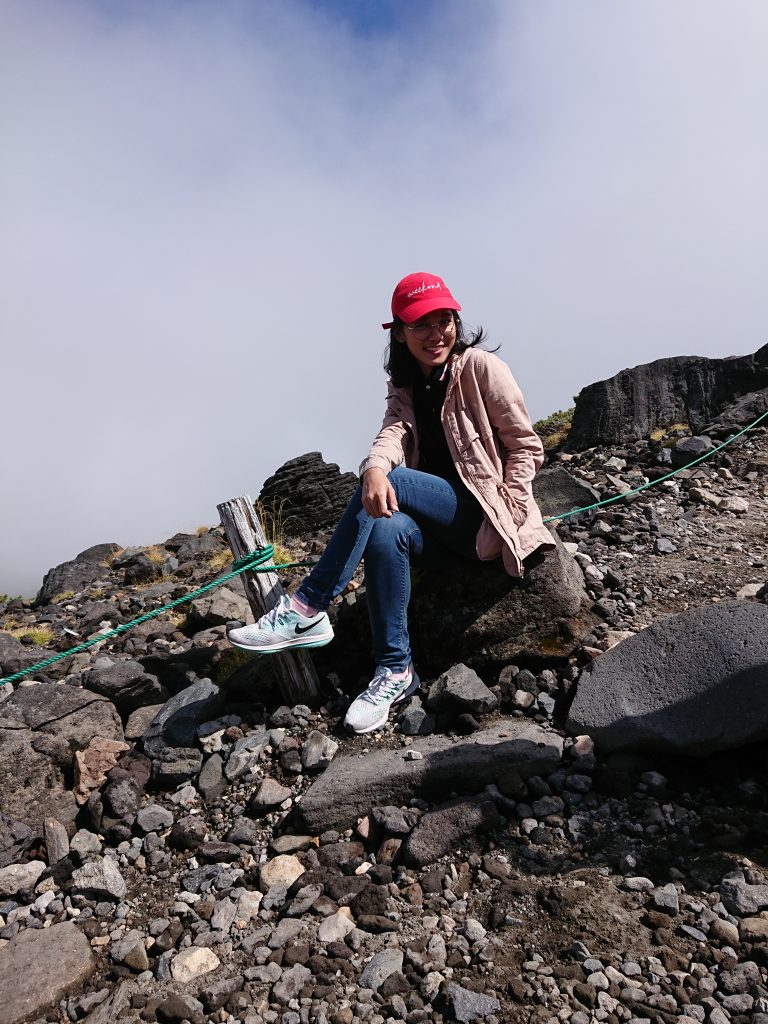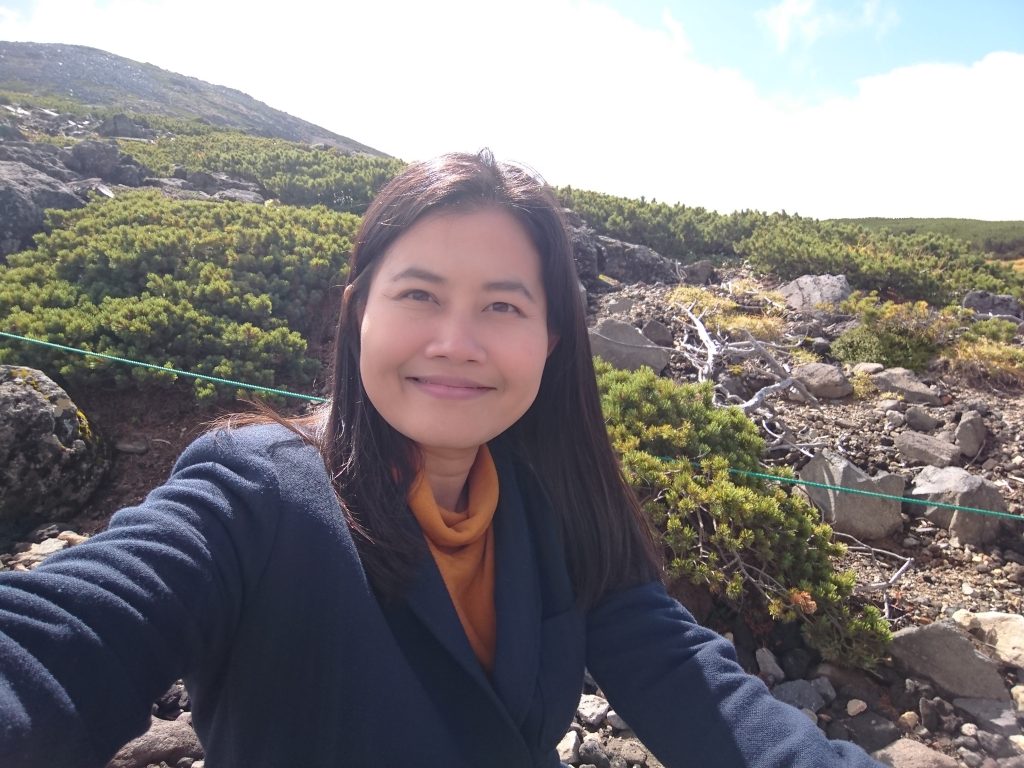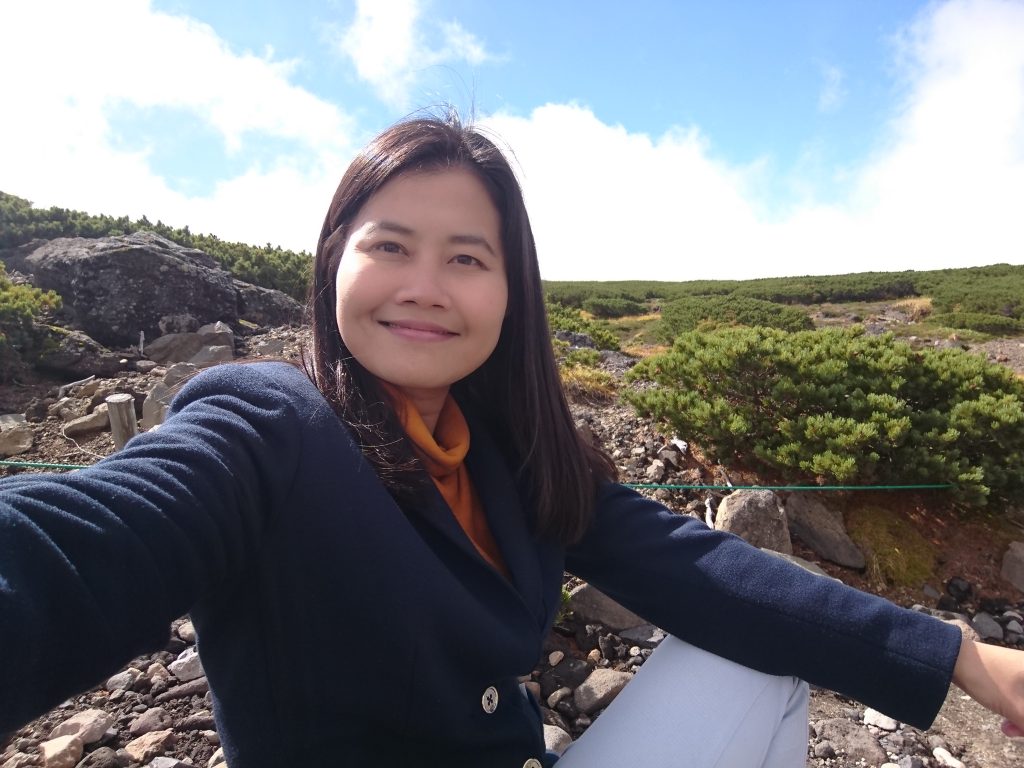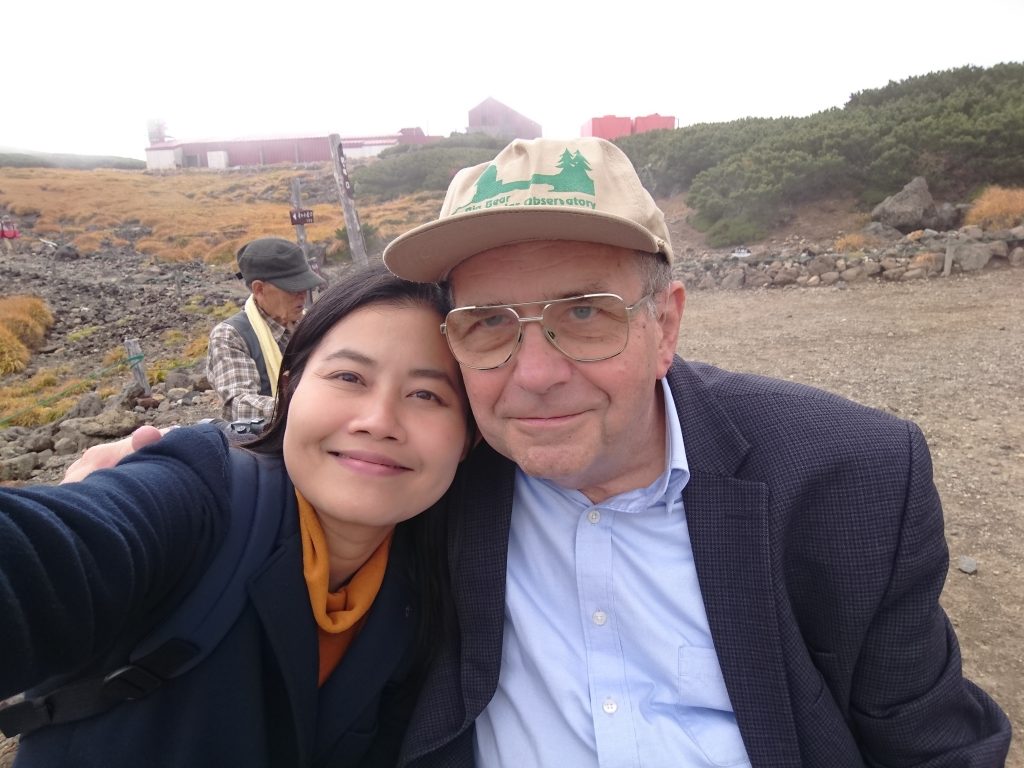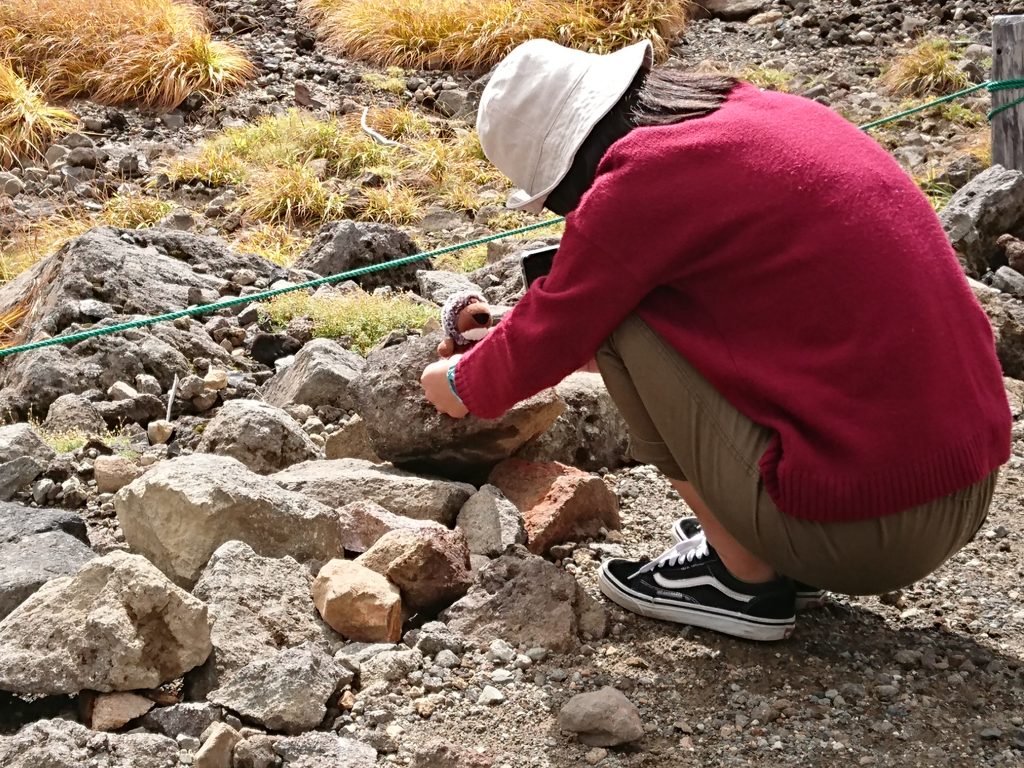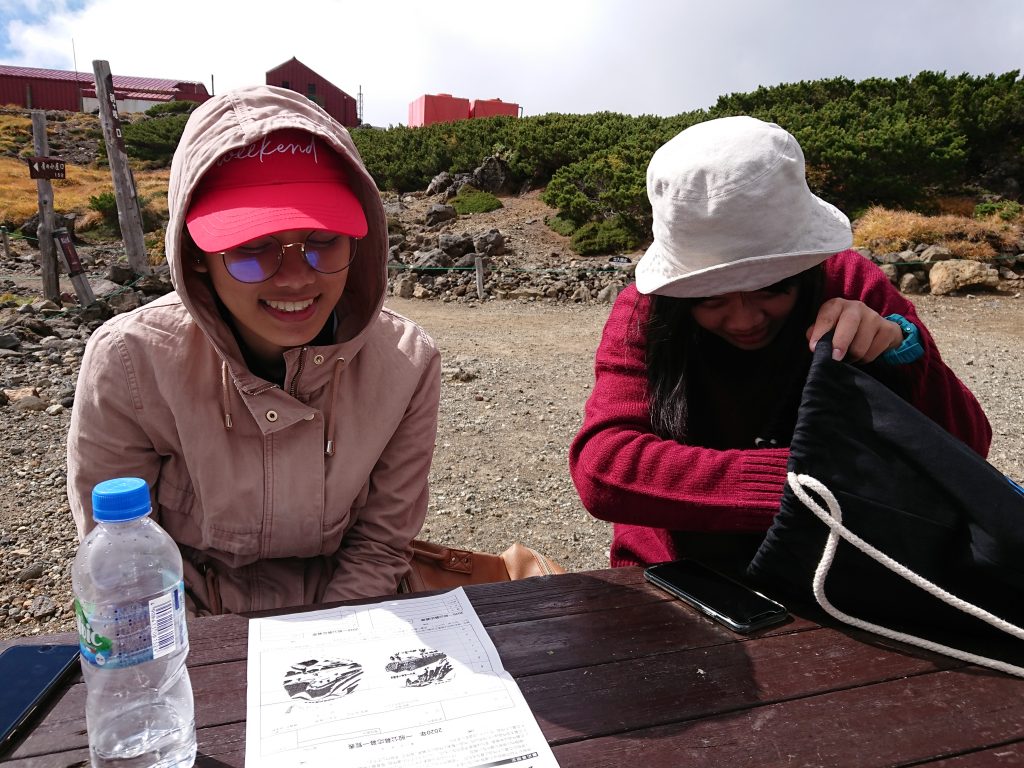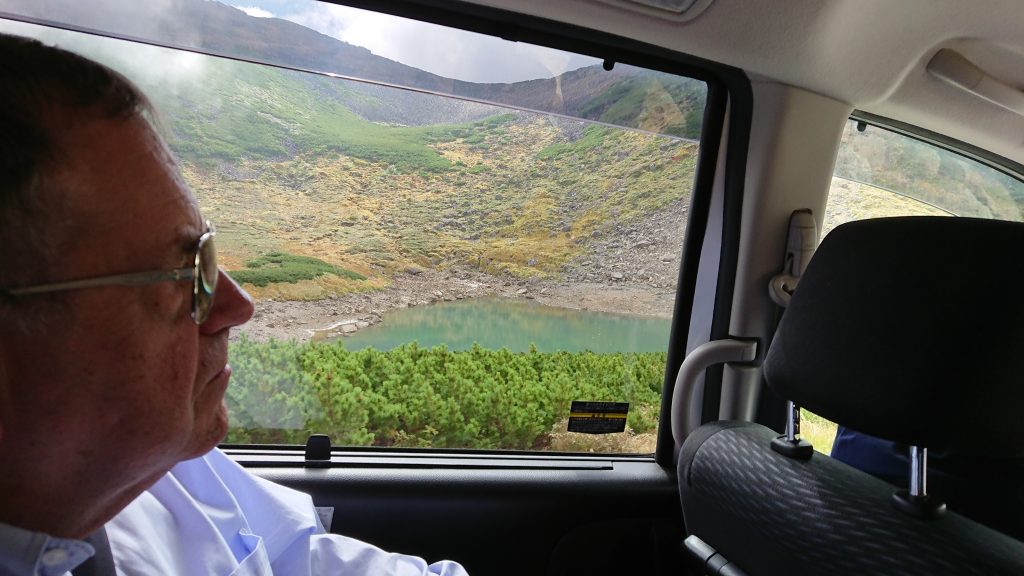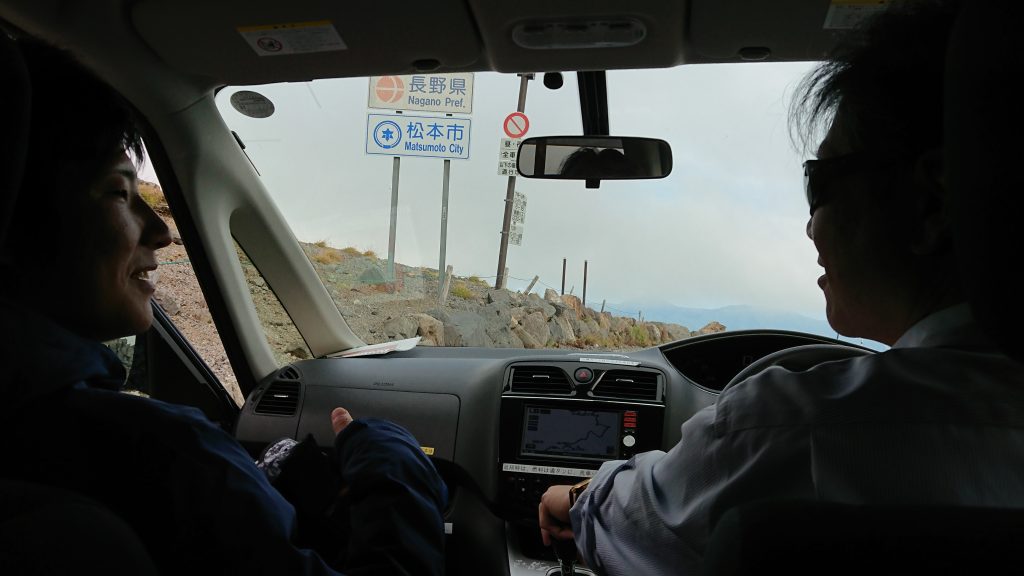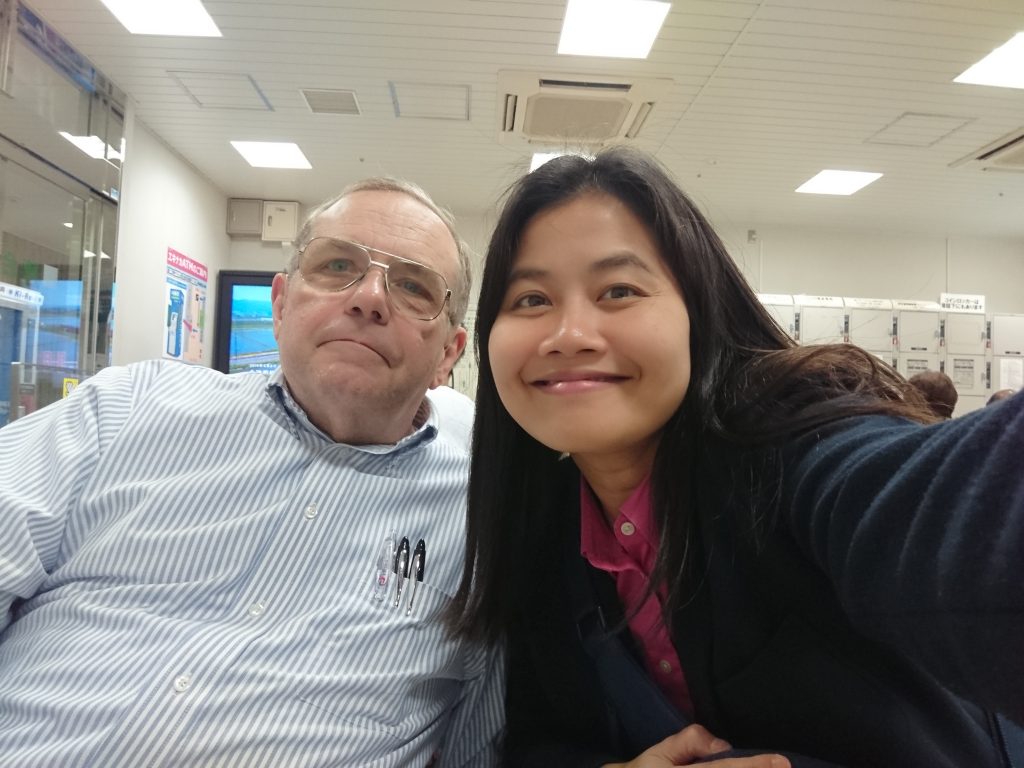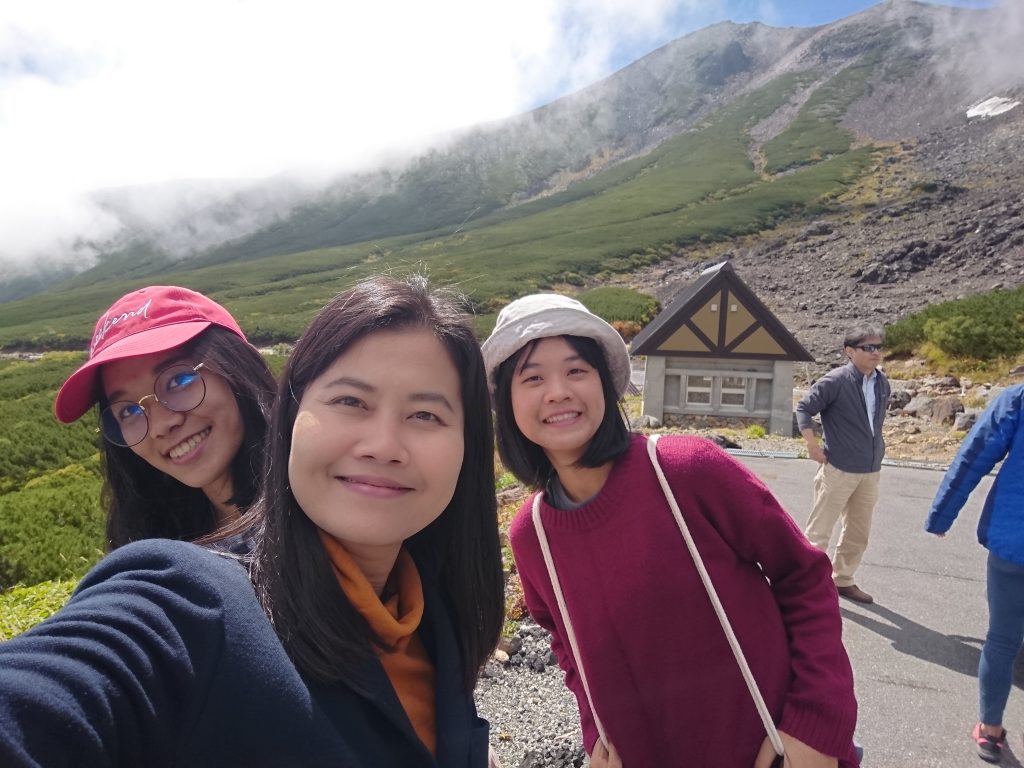First time in Japan
Written by Dr. Waraporn Nuntiyakul
I was so excited to go to Chiba, Japan. In fact, I lay over Japan very often almost every year, but never really enter the country. Fortunately, this year I had the first opportunity to visit Japan, and the first time I had a chance to attend the IceCube meeting. I scheduled to stay here during September 14 – 21, 2019, and then go to Matsumoto for another meeting. I arrived at Narita, Flight no. JX 606 at 19:25. Paul took the train to pick me up at the airport to go to the hotel together. We stayed in the same hotel. The hotel we stayed named Mitsui Garden Hotel. It was a very nice and fancy hotel.
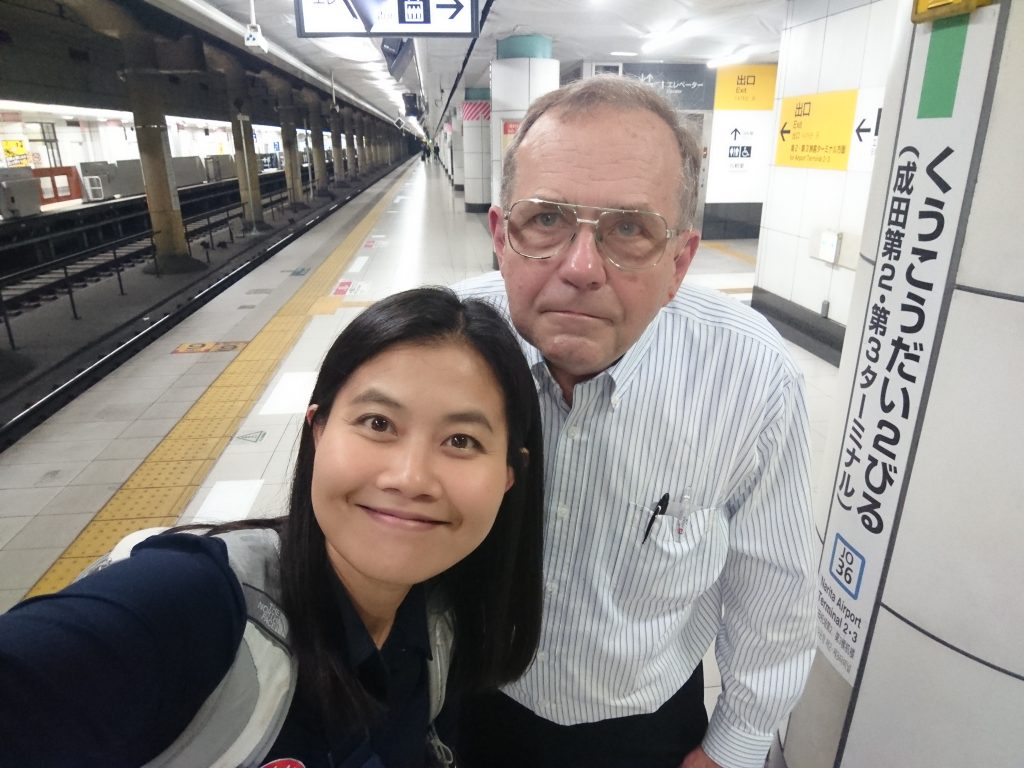
The main objective of this trip to Chiba was to present the work that my research group had made to the Icecuber. I had a progress report there in the title of “Latitude Survey Determination of Yield Functions for an IceTop Tank.” The IceTop was designed as an array for calibration and veto purposes for the neutrino observatory, as well as to study cosmic rays in the PeV to EeV primary energy range. However, the counting rates of the individual tanks can be used to measure the flux of GeV cosmic rays as well. The response of a detector can be studied using the geomagnetic cutoff. At each location on the surface of the Earth, the geomagnetic cutoff is the minimum rigidity (momentum per unit charge) that a particle needs to reach the top of the atmosphere from interplanetary space. In a latitude survey, a detector is transported through a variety of geomagnetic cutoffs. In 2009-2010, our collaborators from the University of Delaware, UW River Falls, and the University of Uppsala loaded an insulated shipping container containing an IceTop Tank on the icebreaker Oden which traversed from Helsingborg, Sweden to McMurdo, Antarctica, and back. In the meeting, I visited Tokyo together with Prof. Paul Evenson from the University of Delaware, USA. I also drank sake for the first time. It’s bitter and sweet. I did not like its taste. For me, I think it’s not tasty at all, but some people may think that sake is a drink from heaven. The meeting went so well. I may not do well in anyone’s eyes, but I did the best I can.
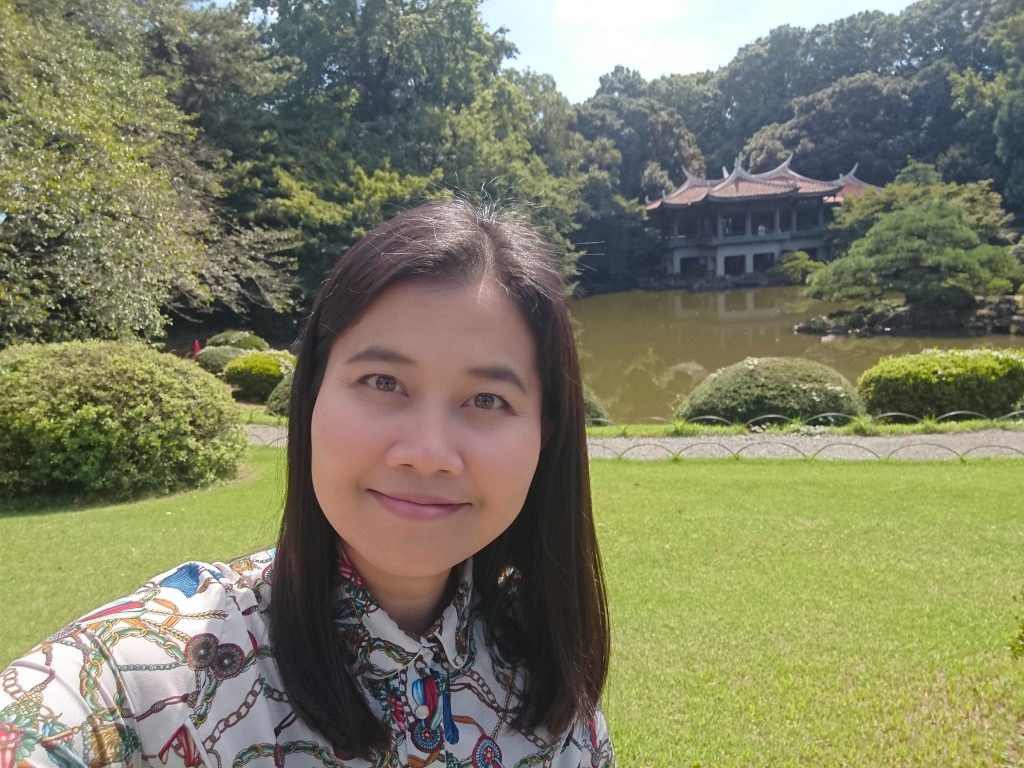
The last day of the IceCube meeting was on Friday, September 20. This year was a particular year where I could raise funds to support two research group students traveling to the progress report of the joint project to the professors at Shinshu University located in Matsumoto. Two students name Miss Kanokkarn Fongsamut and Sidarat Khamphakdee. NARIT partially supported students and me for this trip. We planed to travel from Chiba to Matsumoto by train. We lived in Matsumoto six days from September 21 to September 26. I could feel that the students were entertaining. They had the opportunity to experience bathing in the onsen at the hotel late at night as there were not many people. I did not dare to do that. We stayed at Kagetsu hotel. This hotel is a great hotel, but the price is also very expensive as well. The hotel staff let us isolate the room, one room per person. The cost for three of us is therefore very high per person per night.
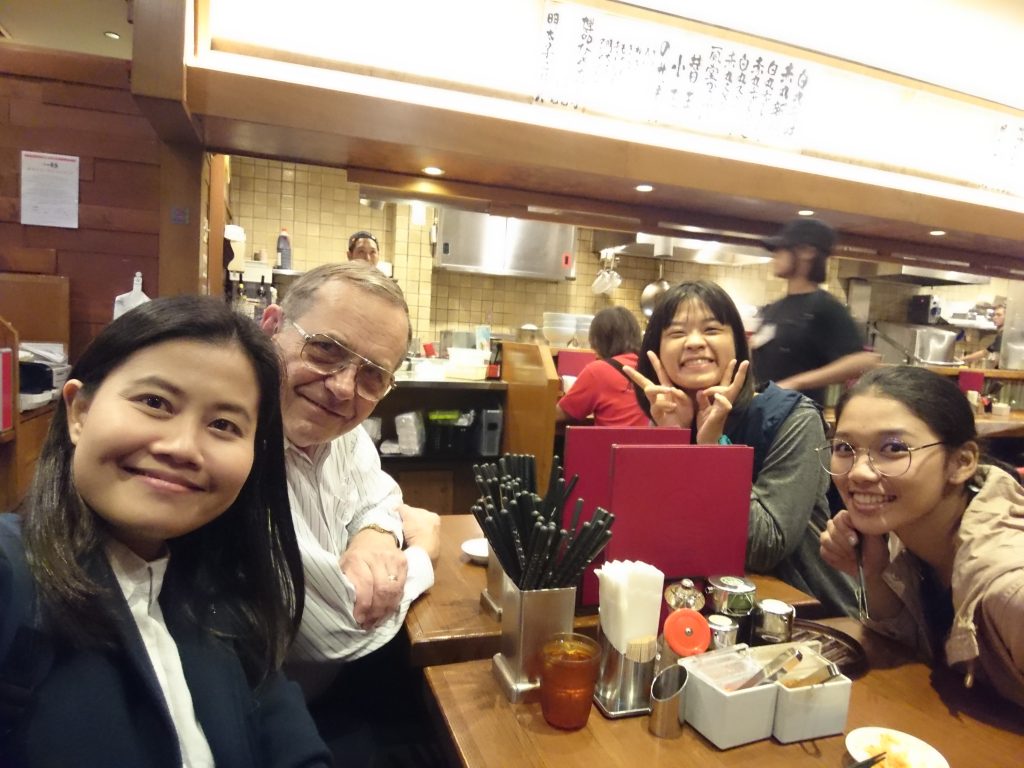
And then a vital day has arrived, the date that both students had to present the work to the professors at Shinshu University. Kanokkarn presented her work regarding the FLUKA Monte Carlo simulations of the mobile neutron monitor named Changvan built in Thailand. Sidarat presented about the data analysis of that. Everything went so well.
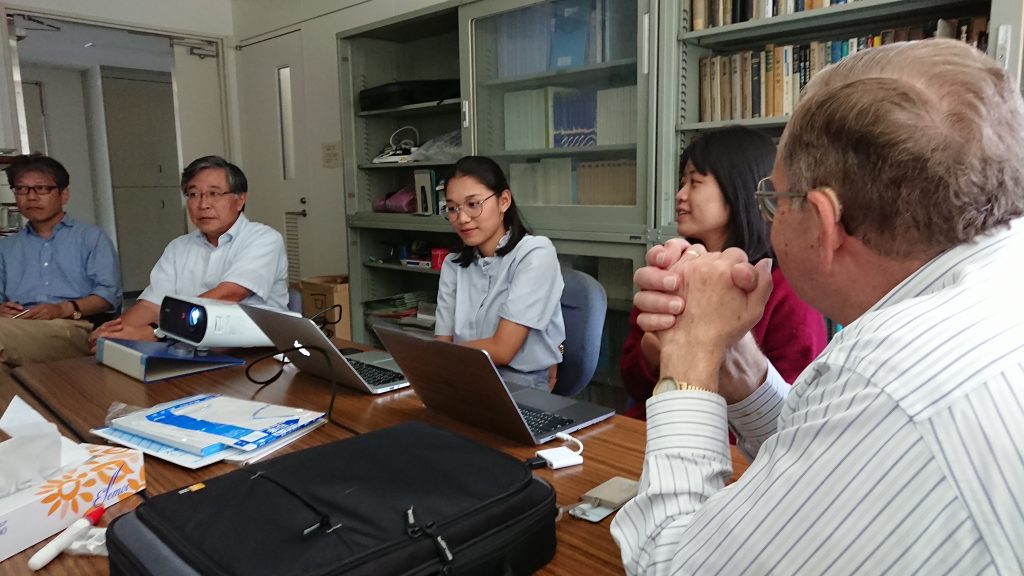
After the progress report has been completed, we all had the opportunity to visit the Muon station at Norikura mount. On the way to drive up the mountain, the view on the side of the road is wonderful. Unspeakable in words, and the photos aren’t as beautiful as the real scenery. I would say that this trip was considered a special trip. It was a rewarding trip that I worked very hard for many years. I would like to go back to Japan again if there is a chance.
